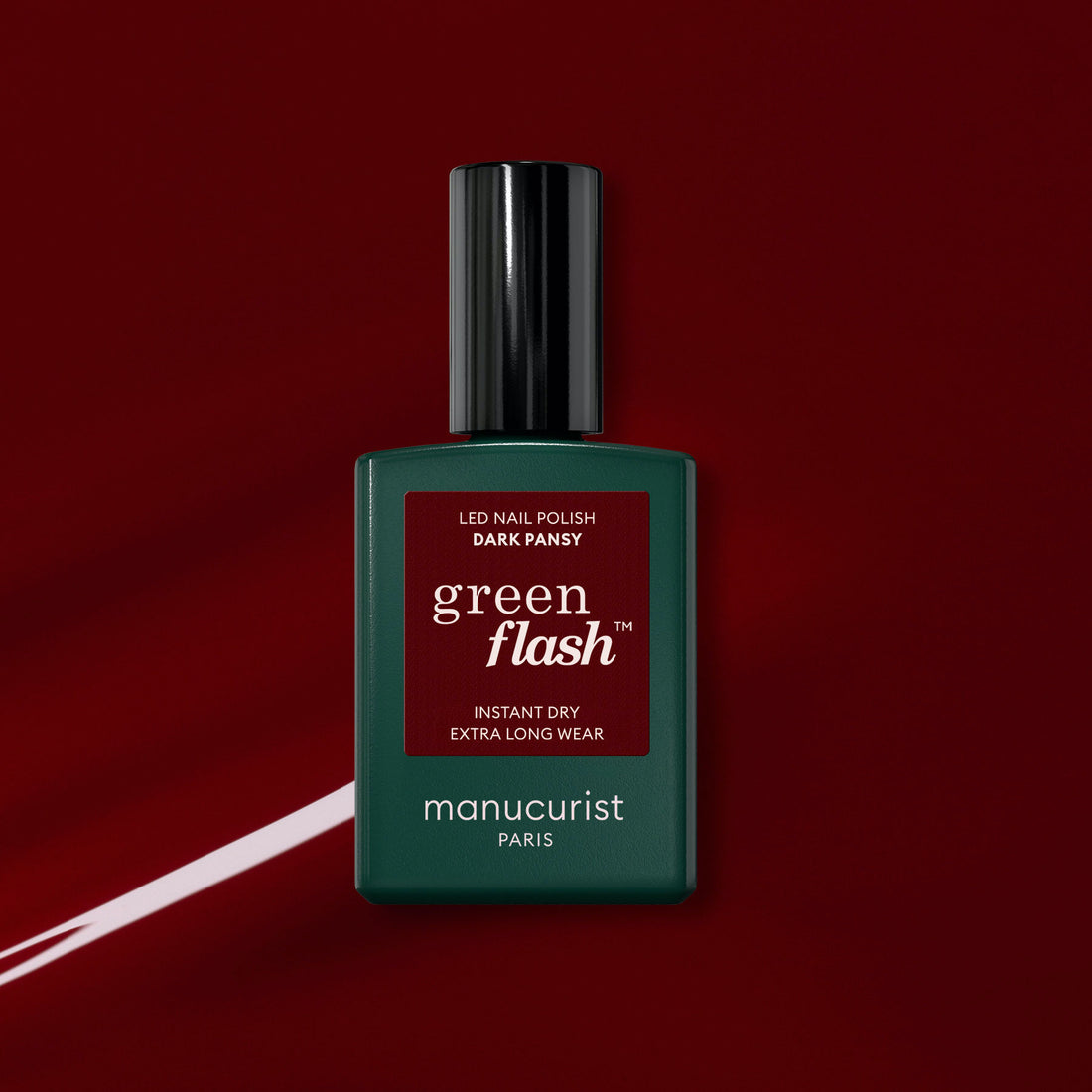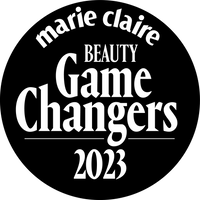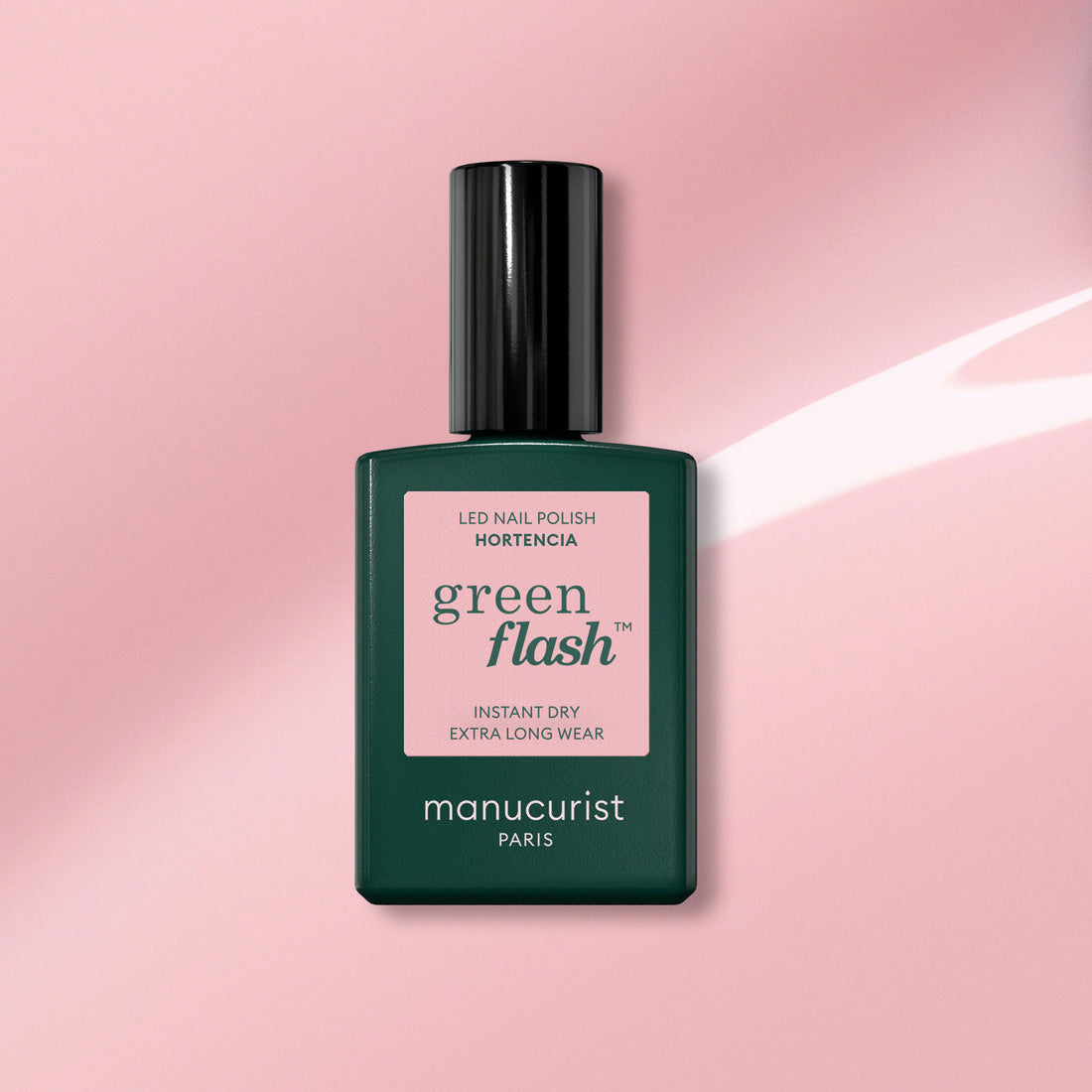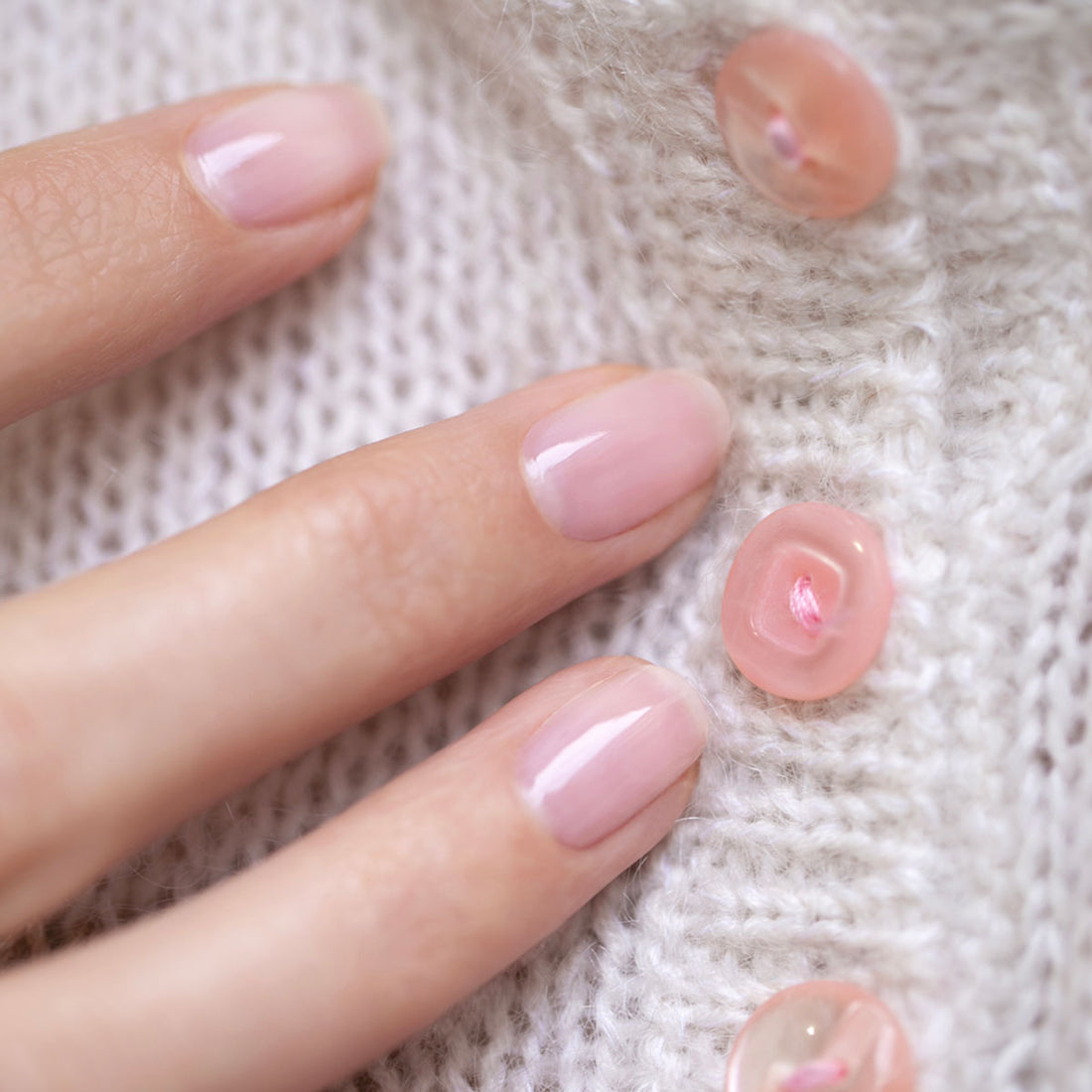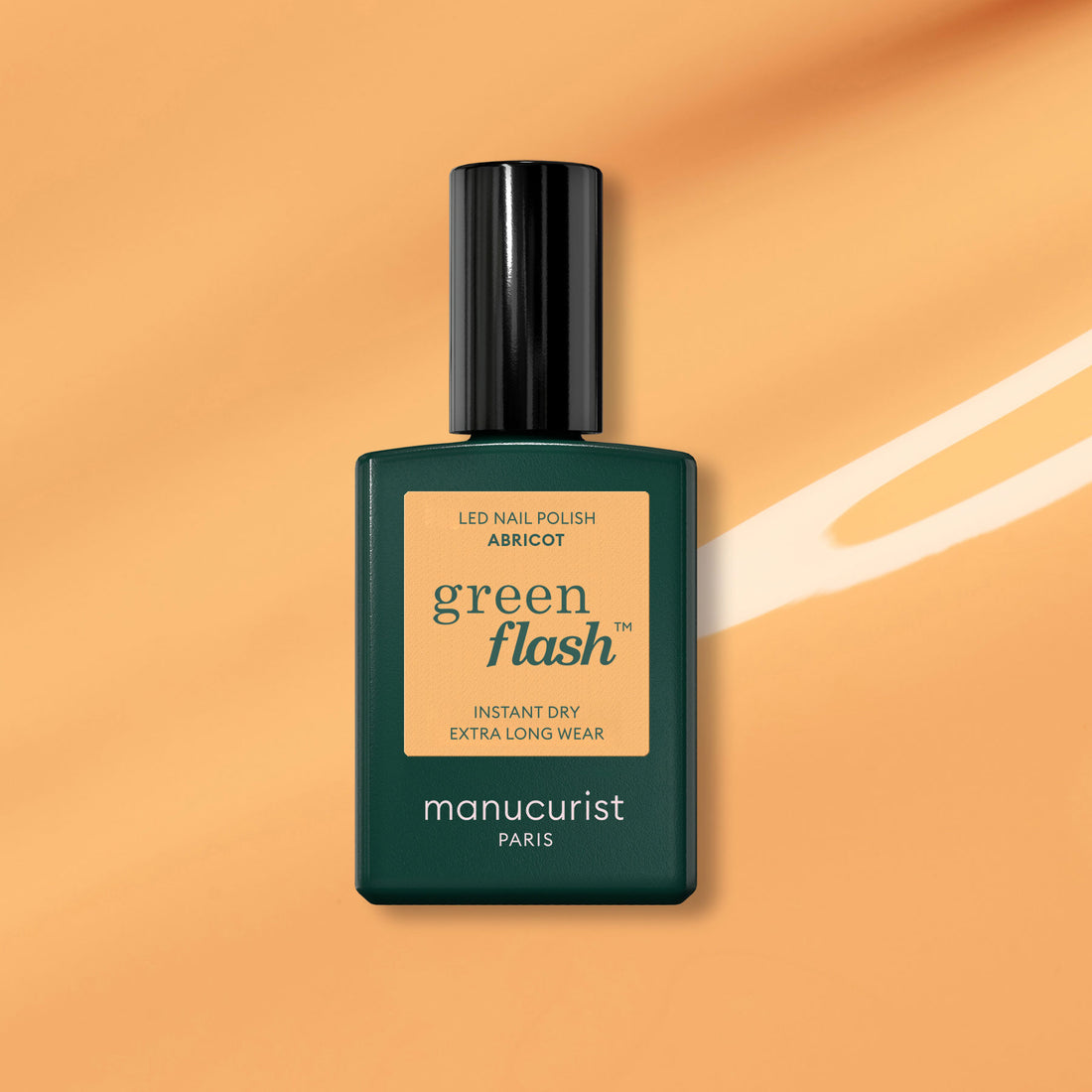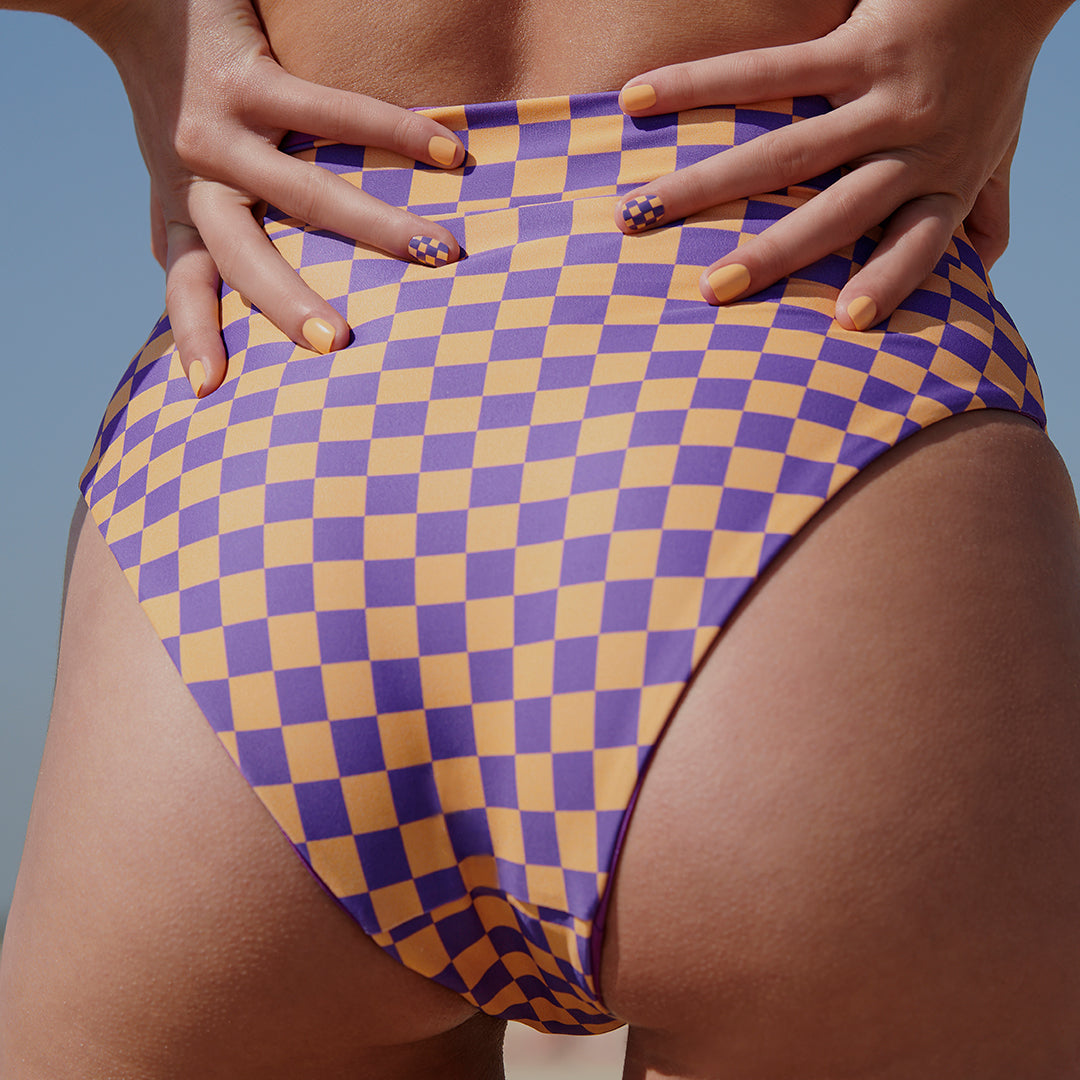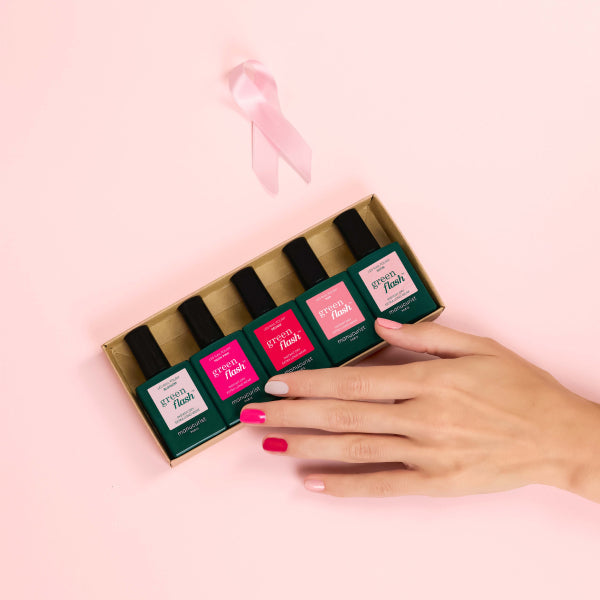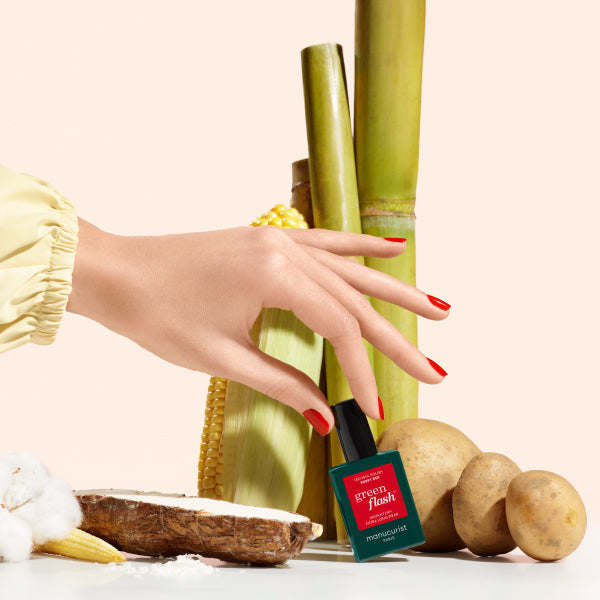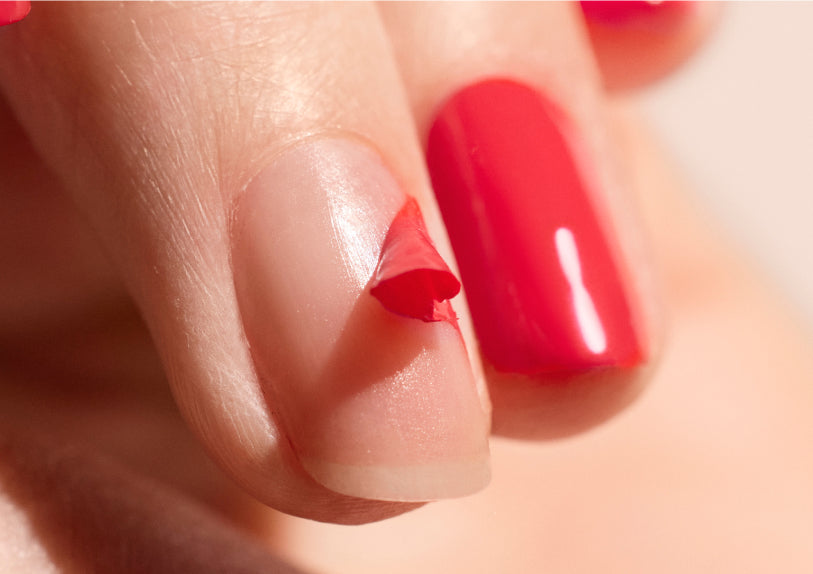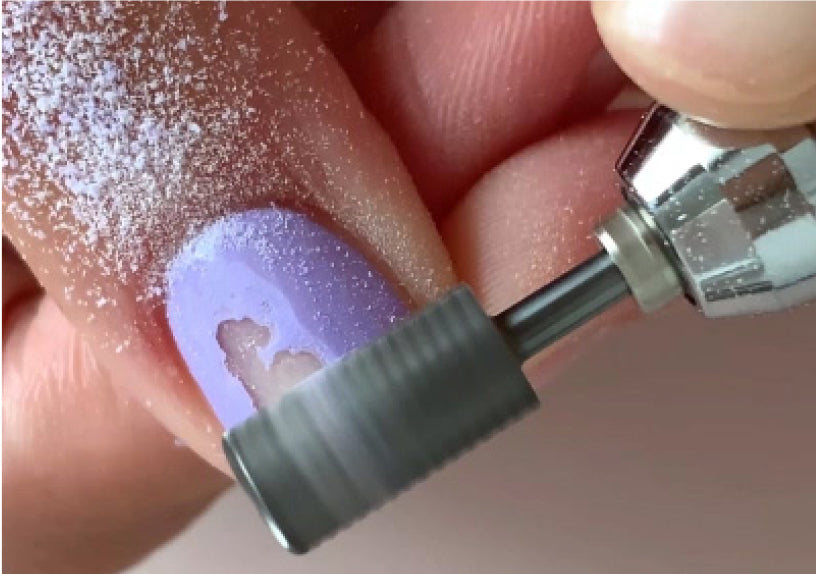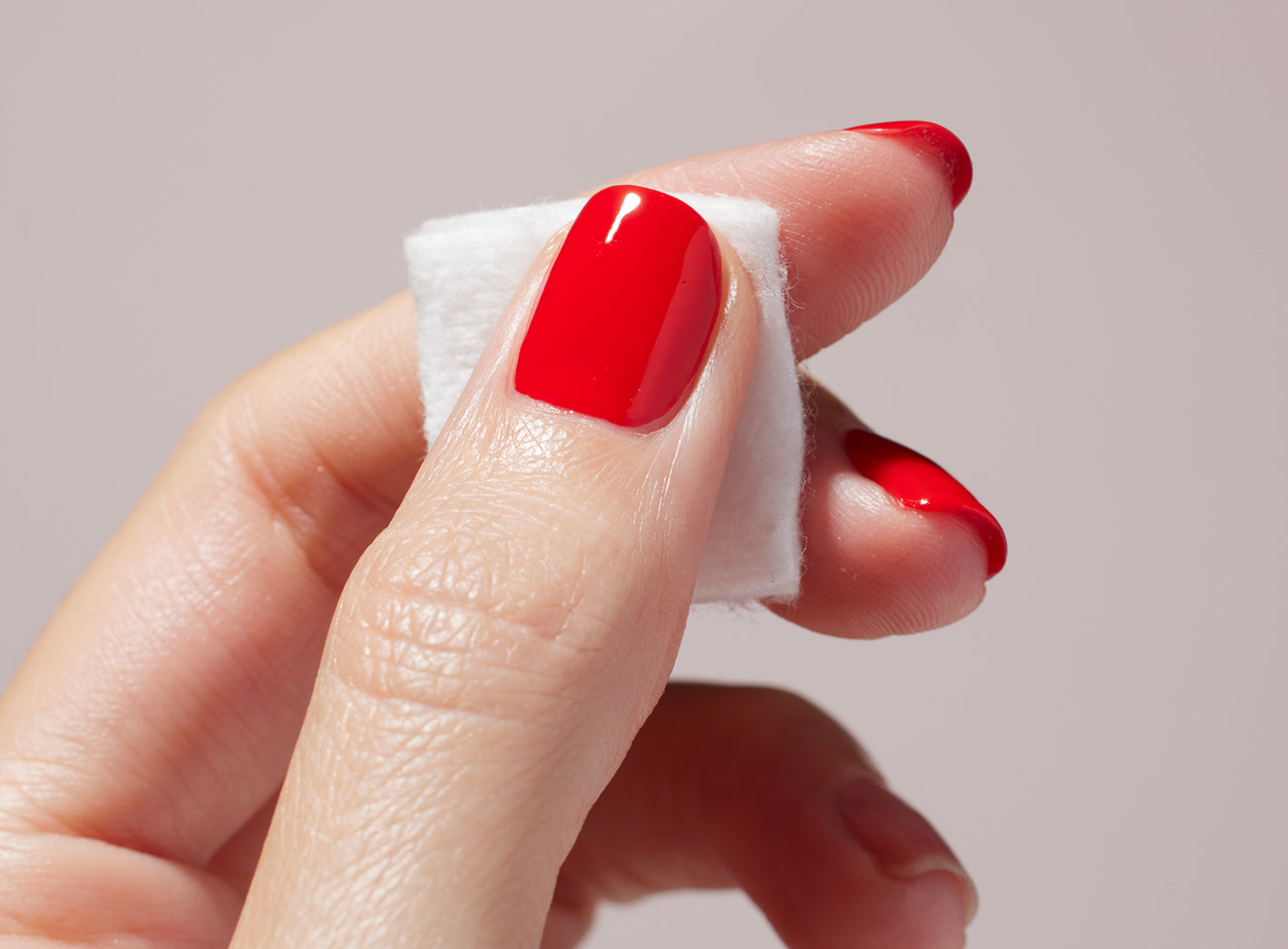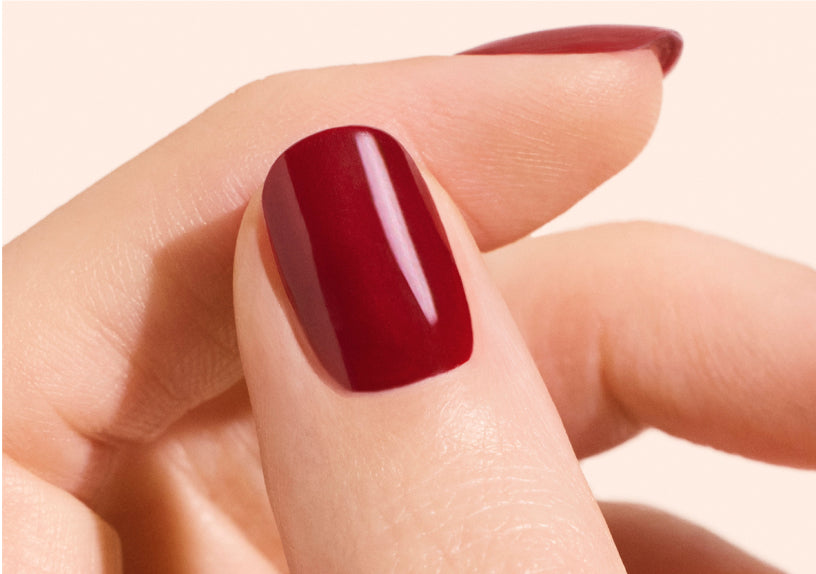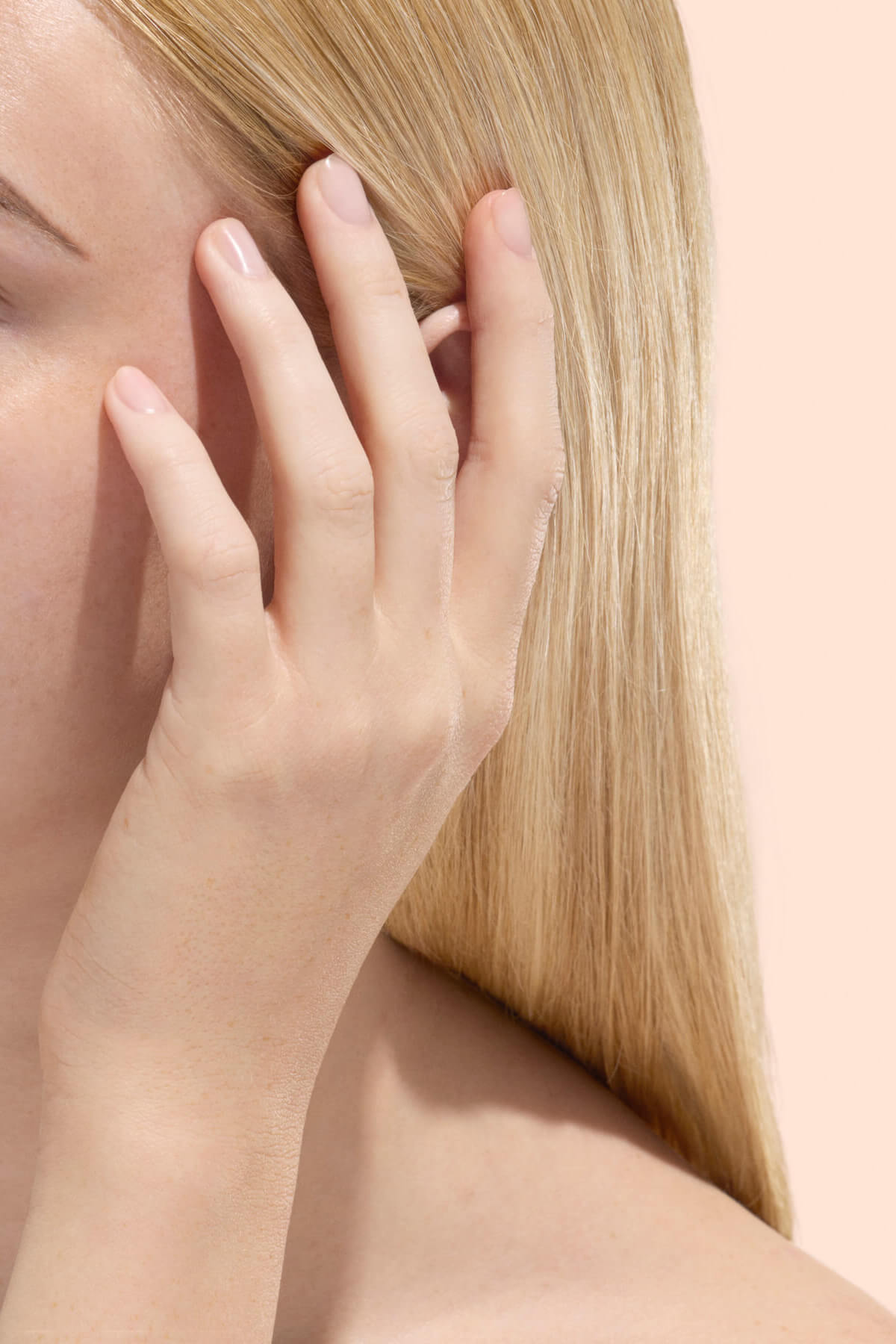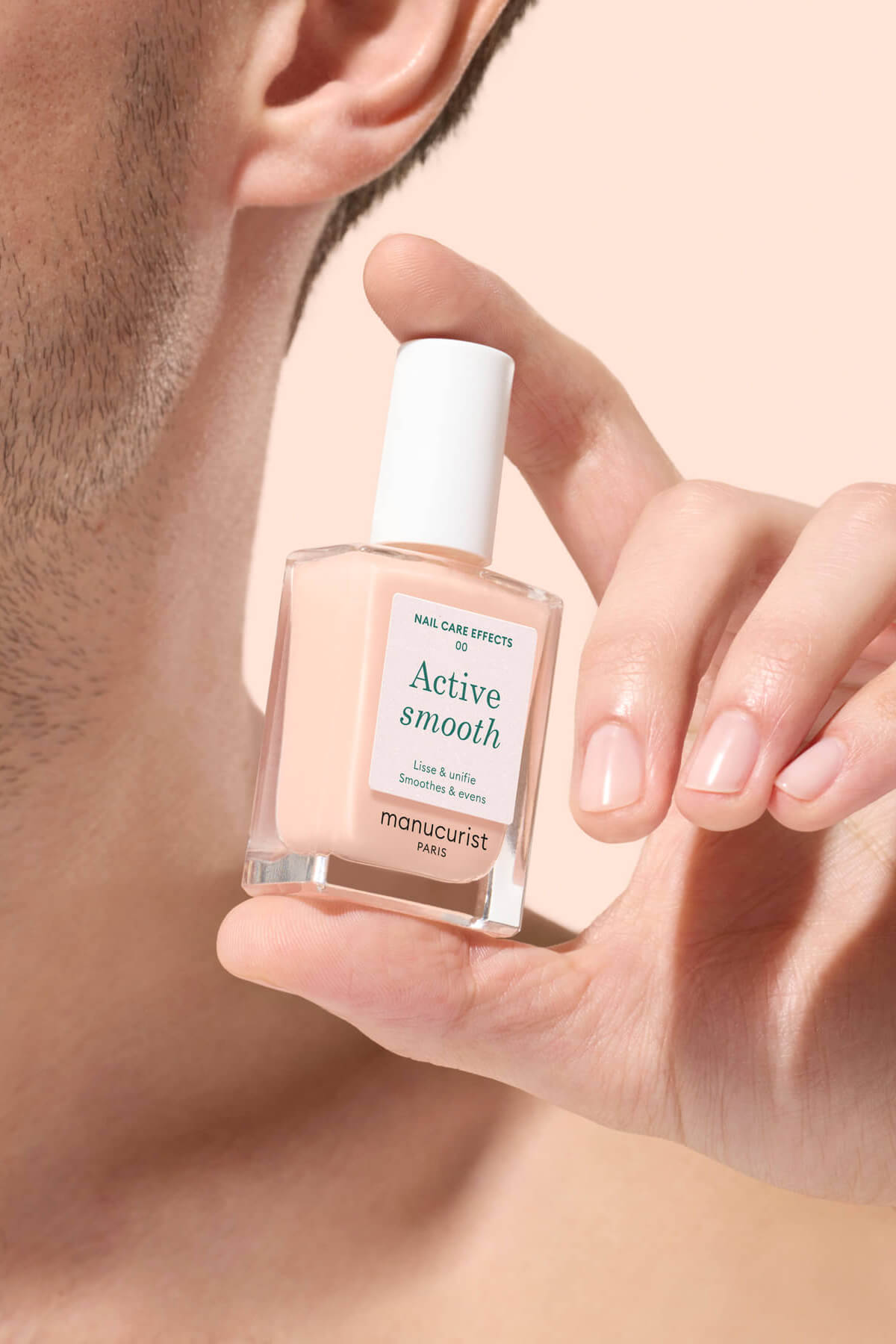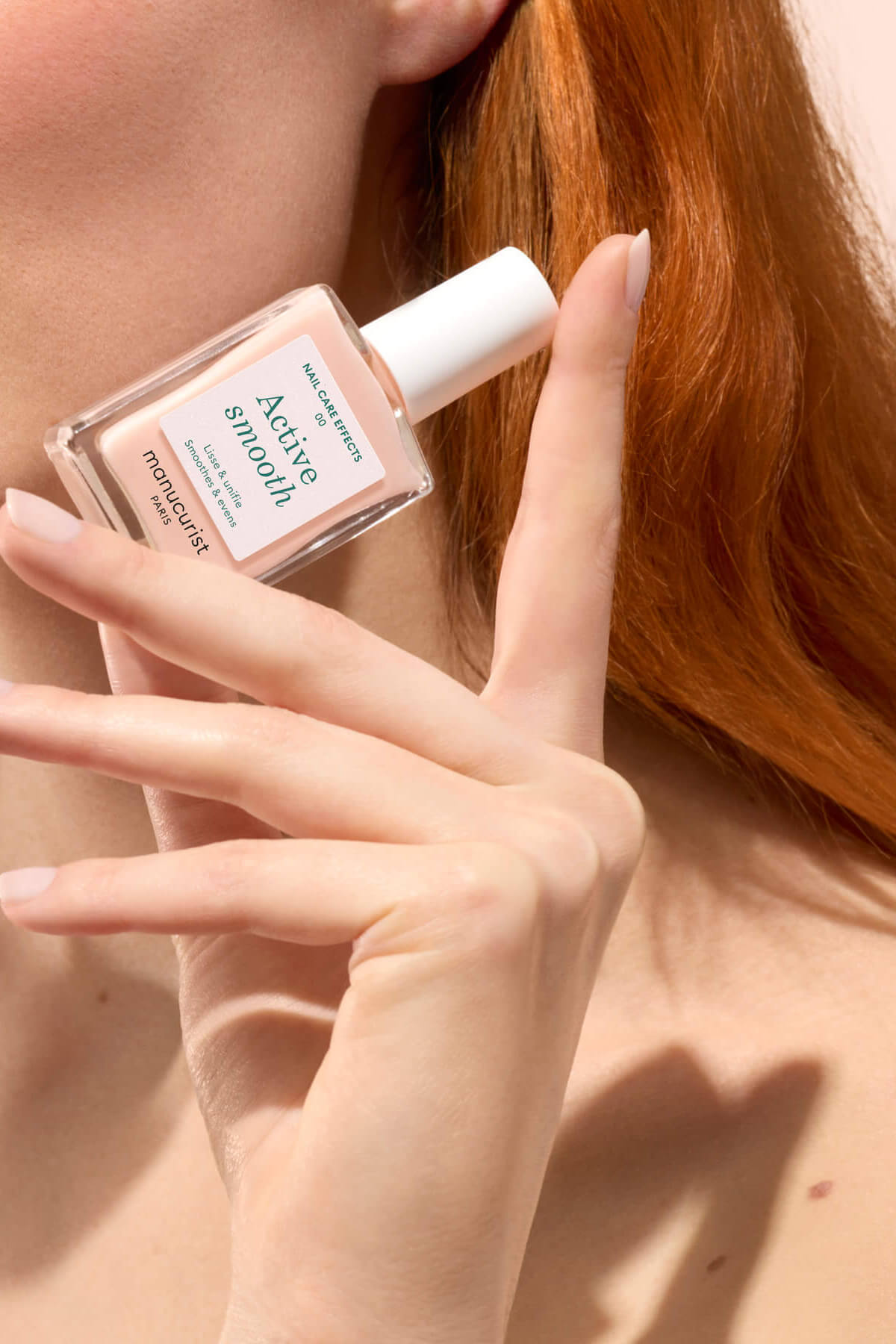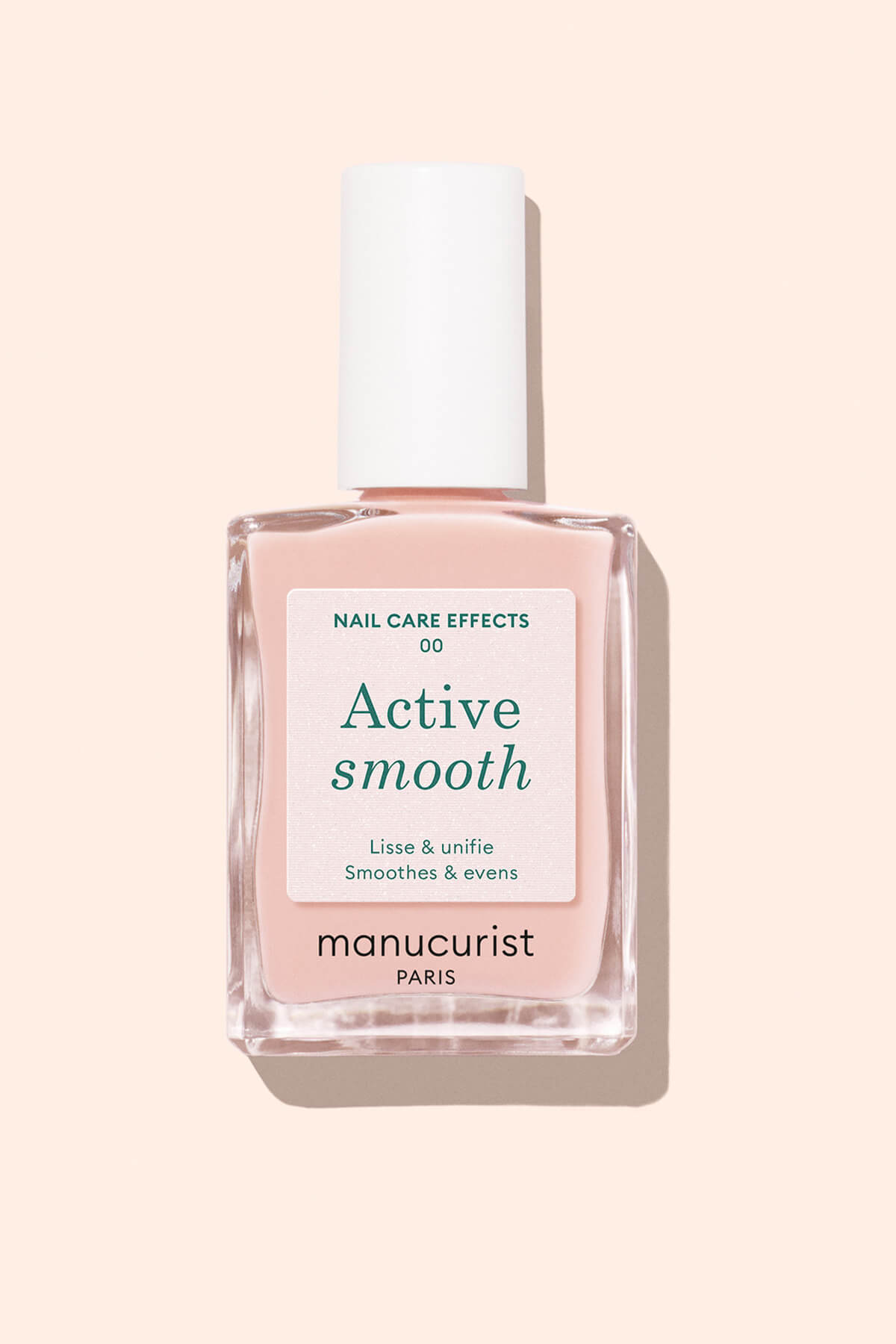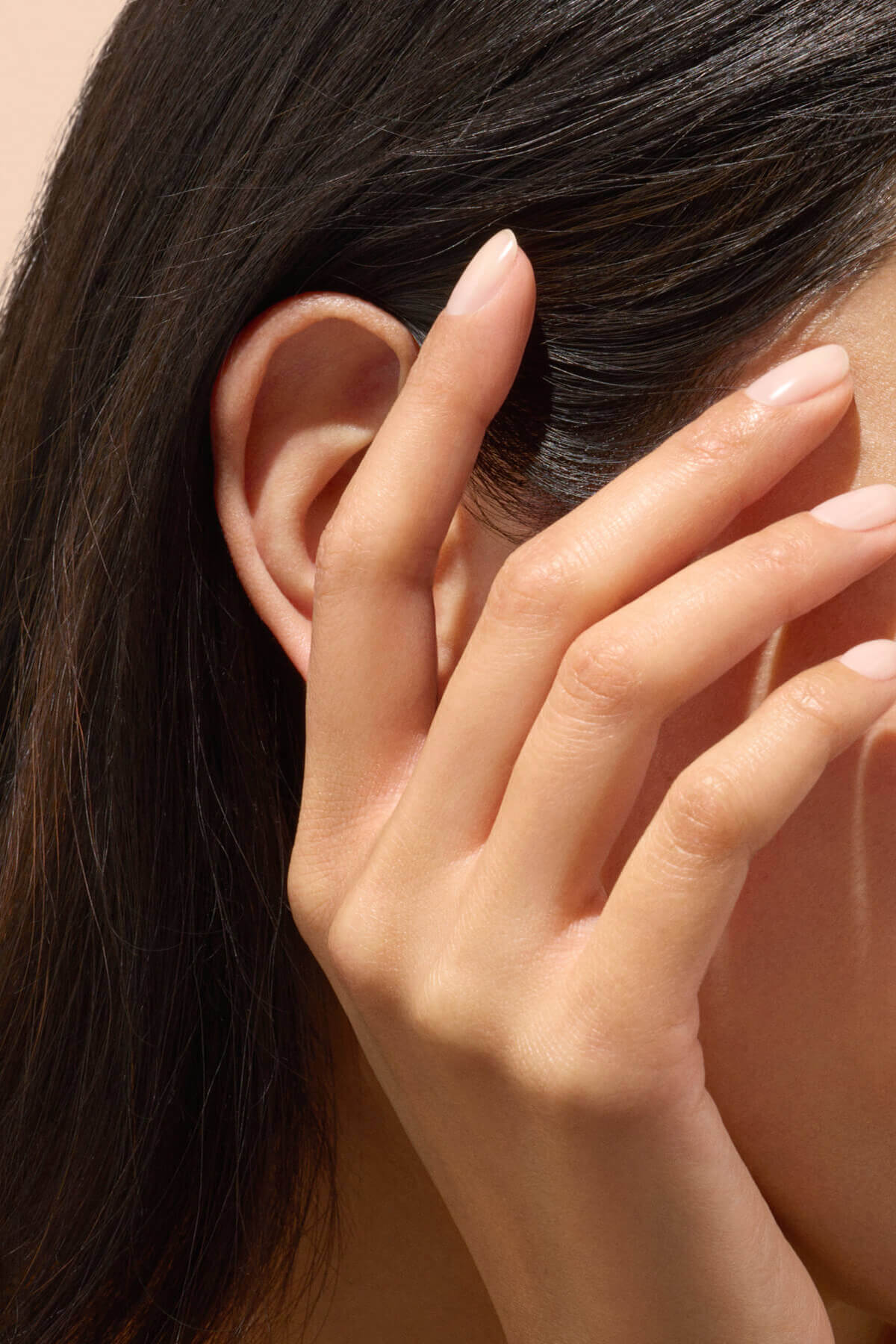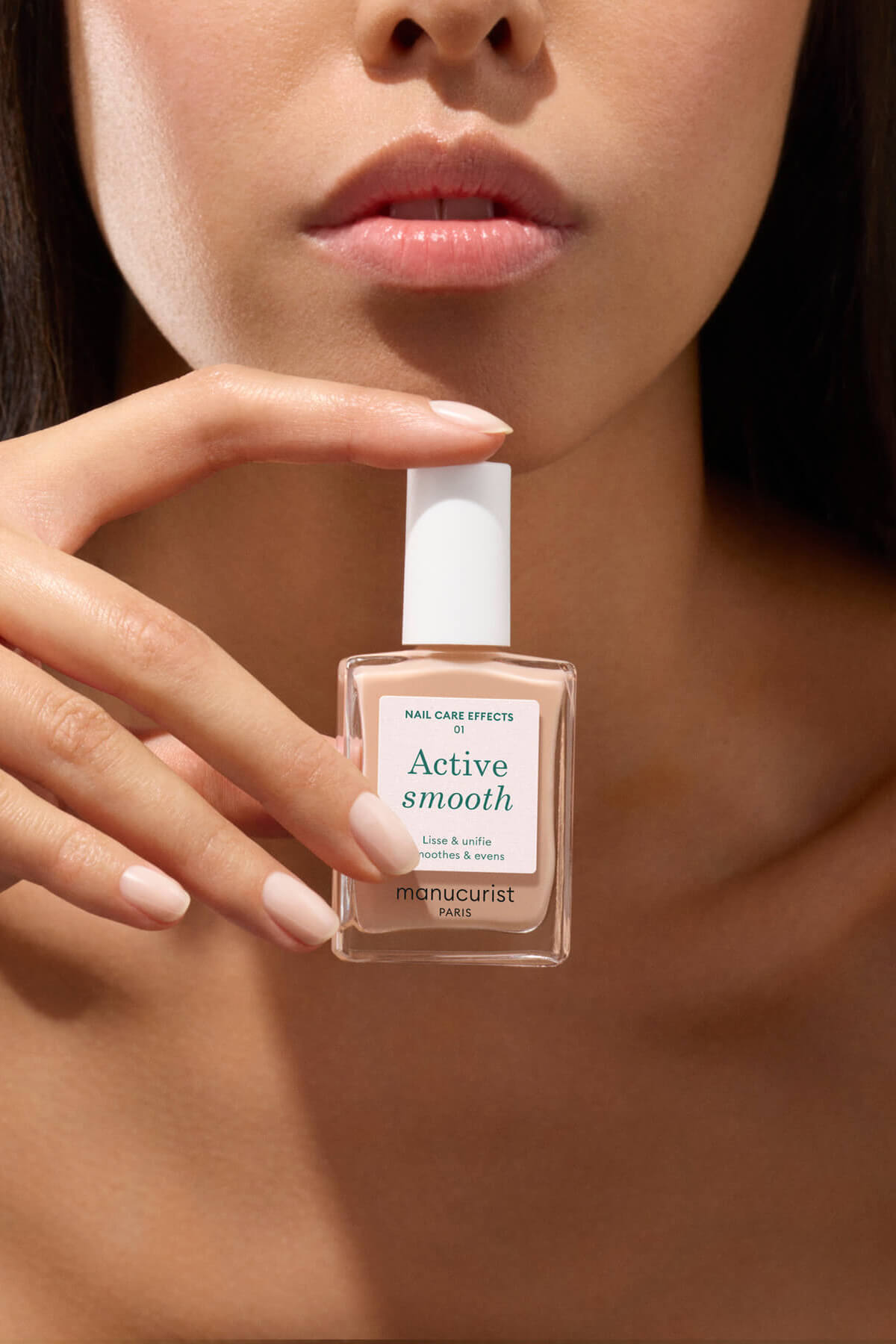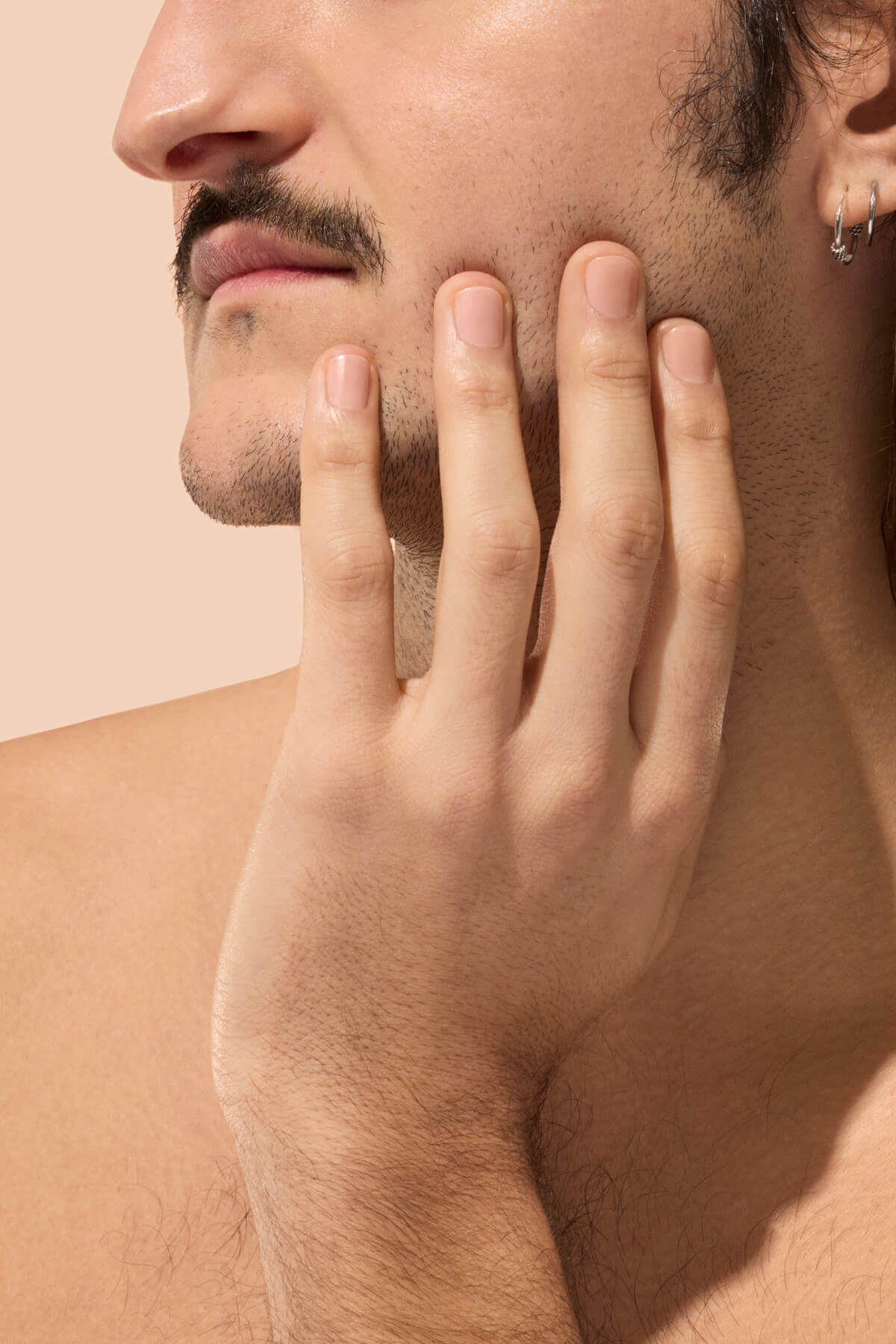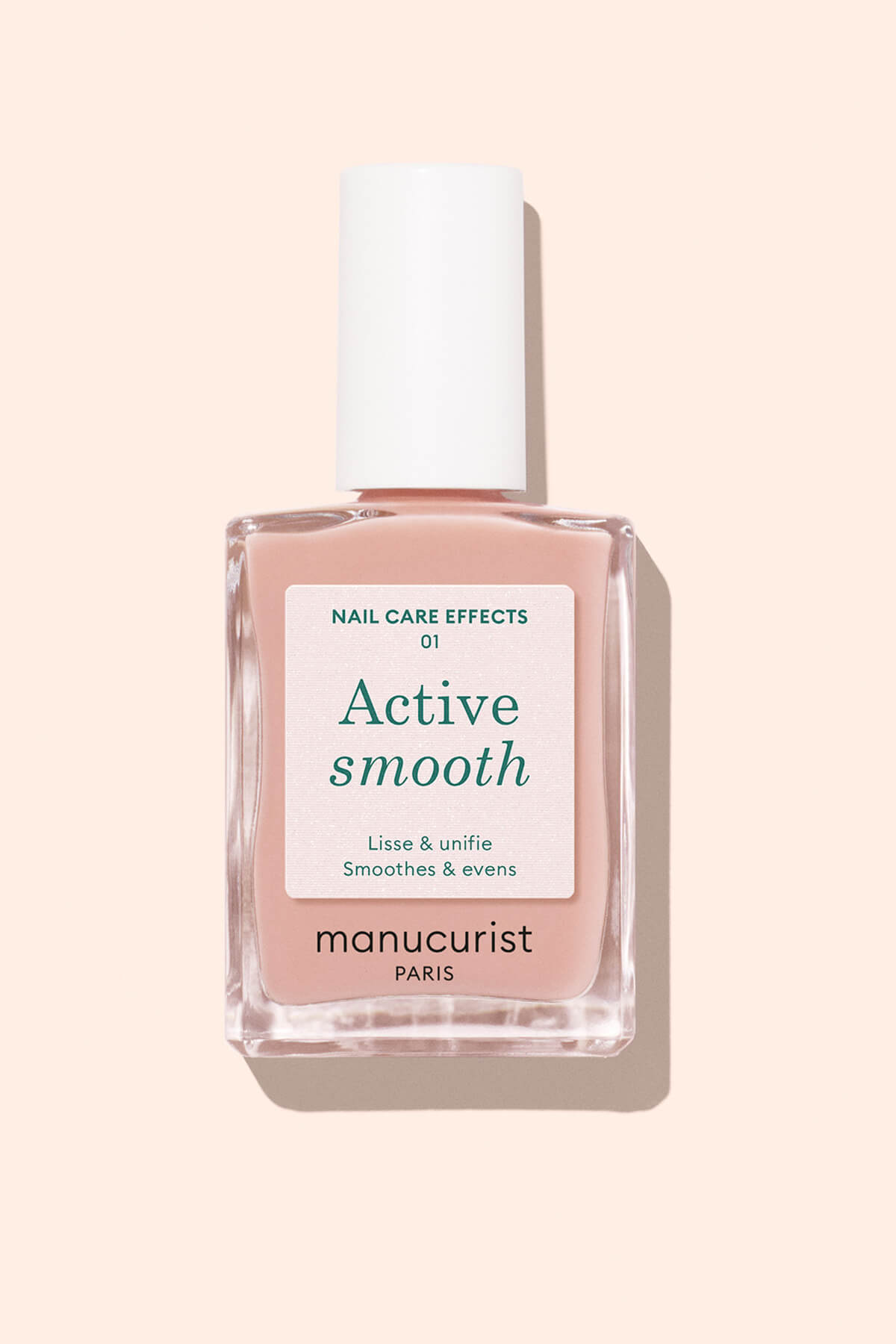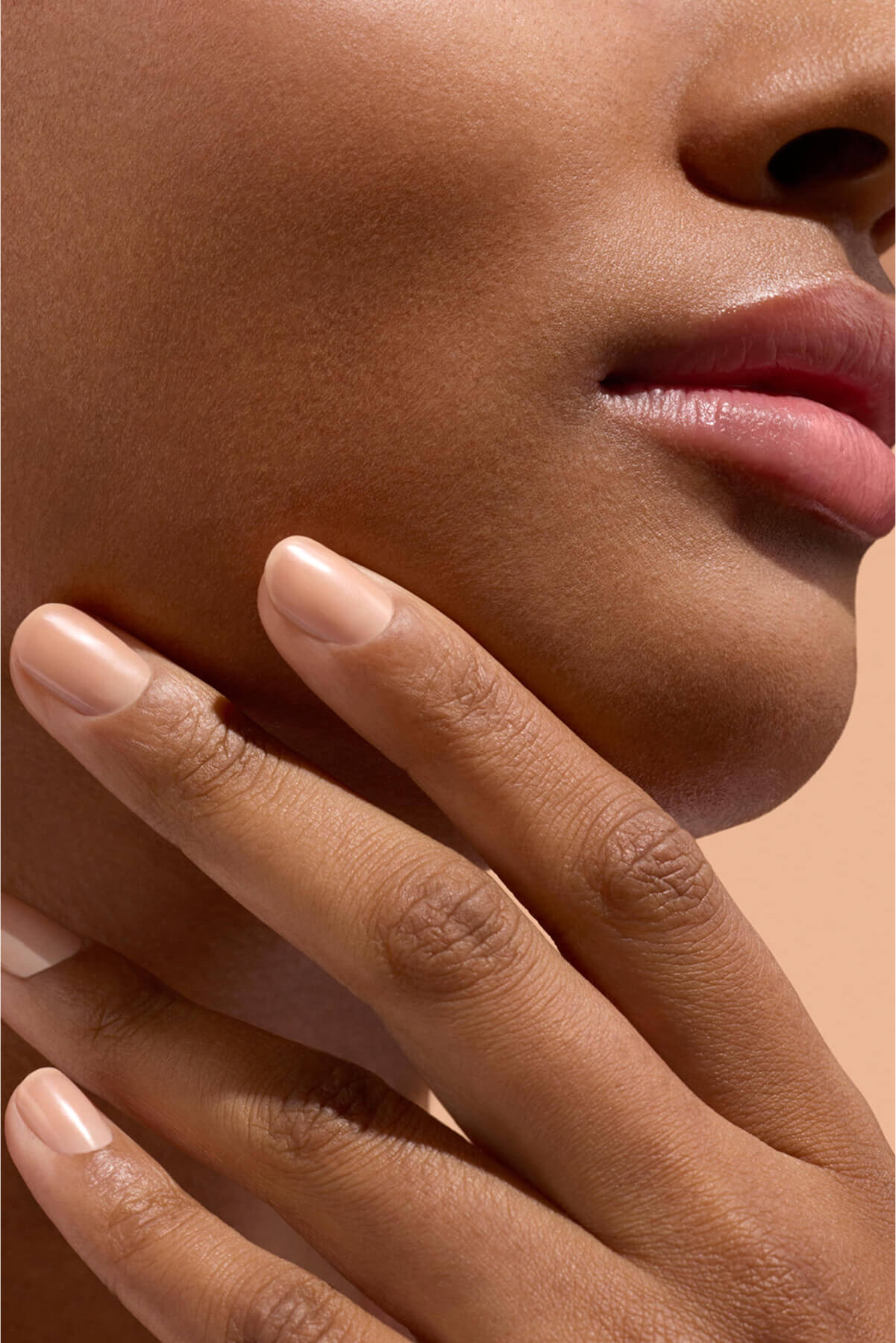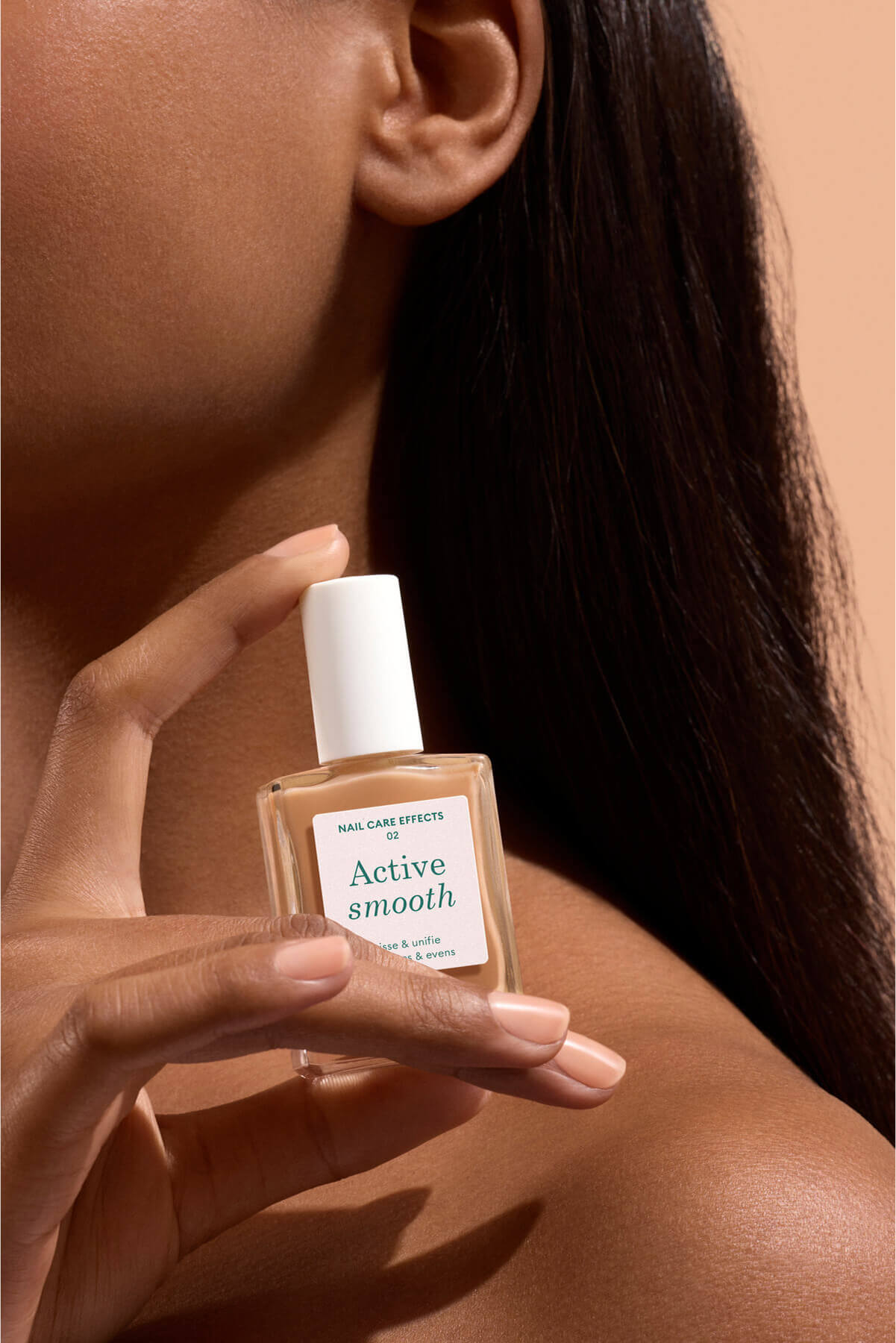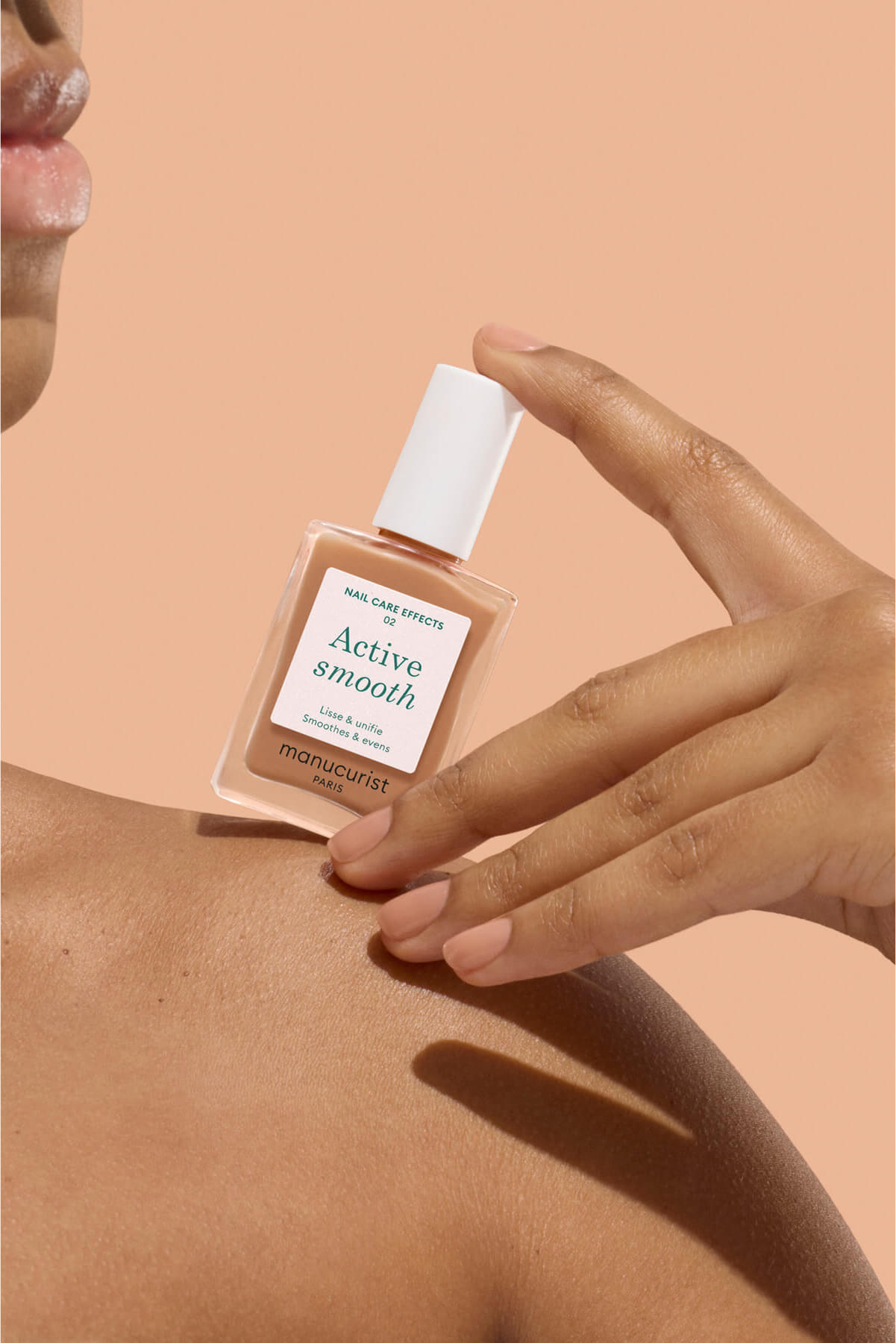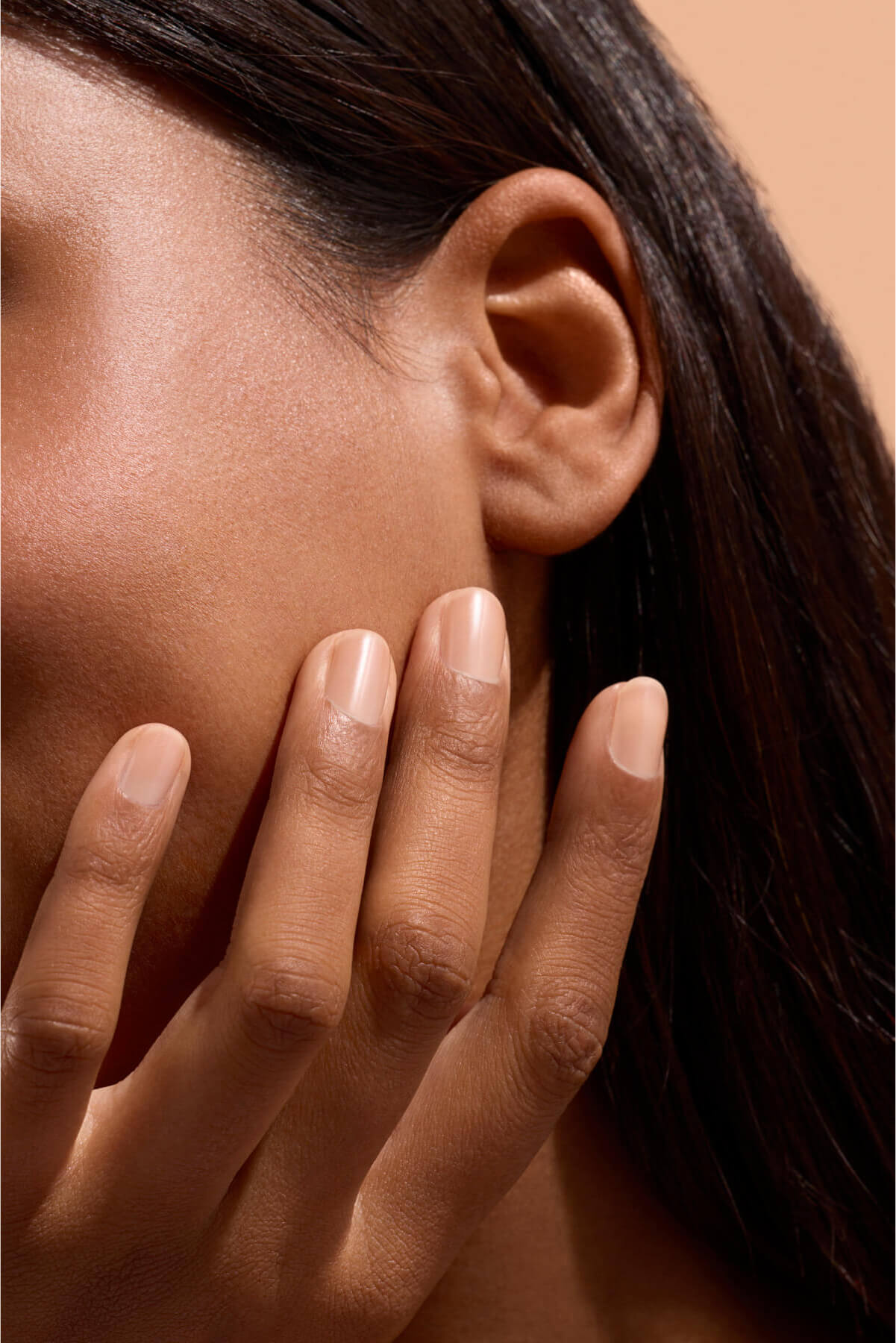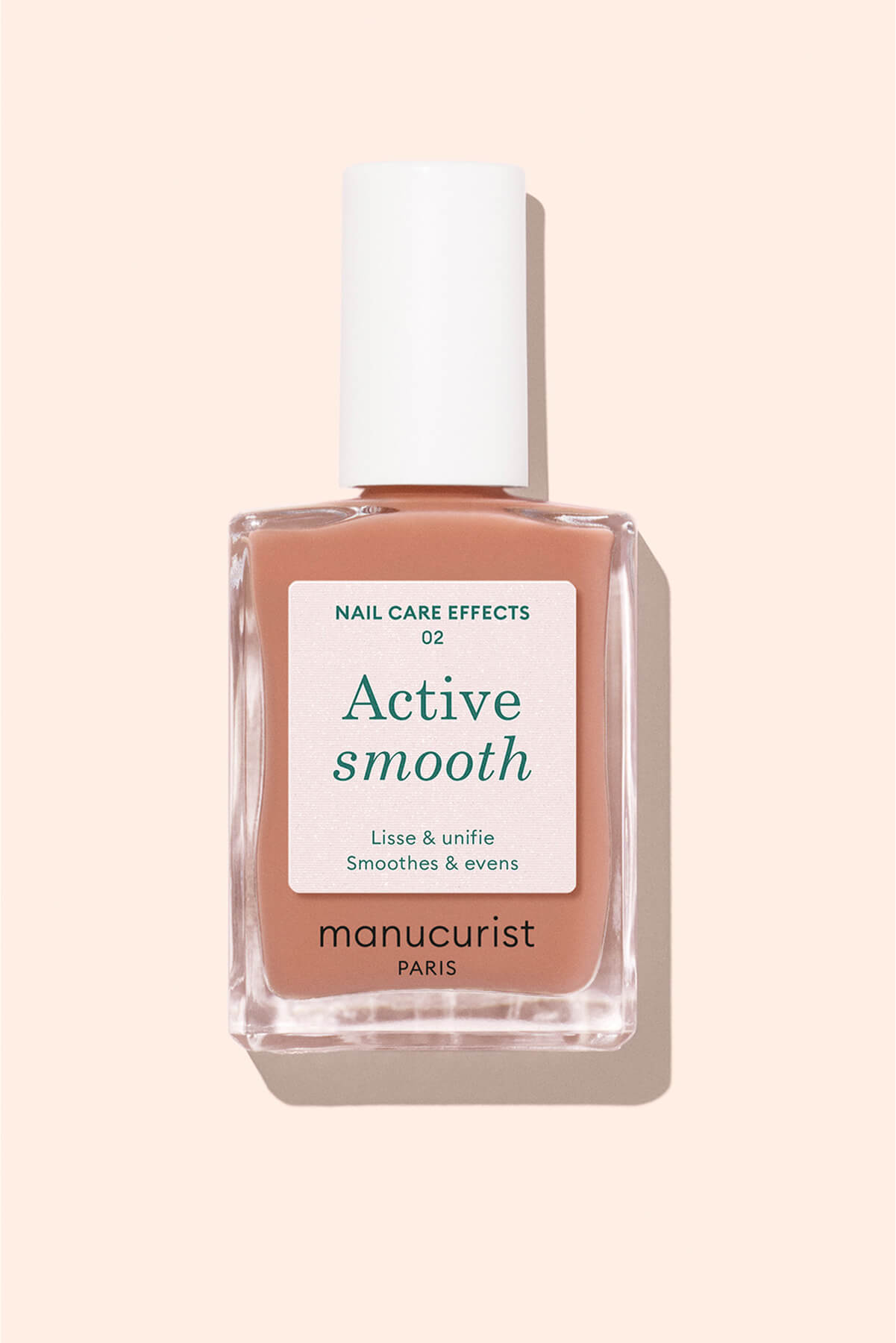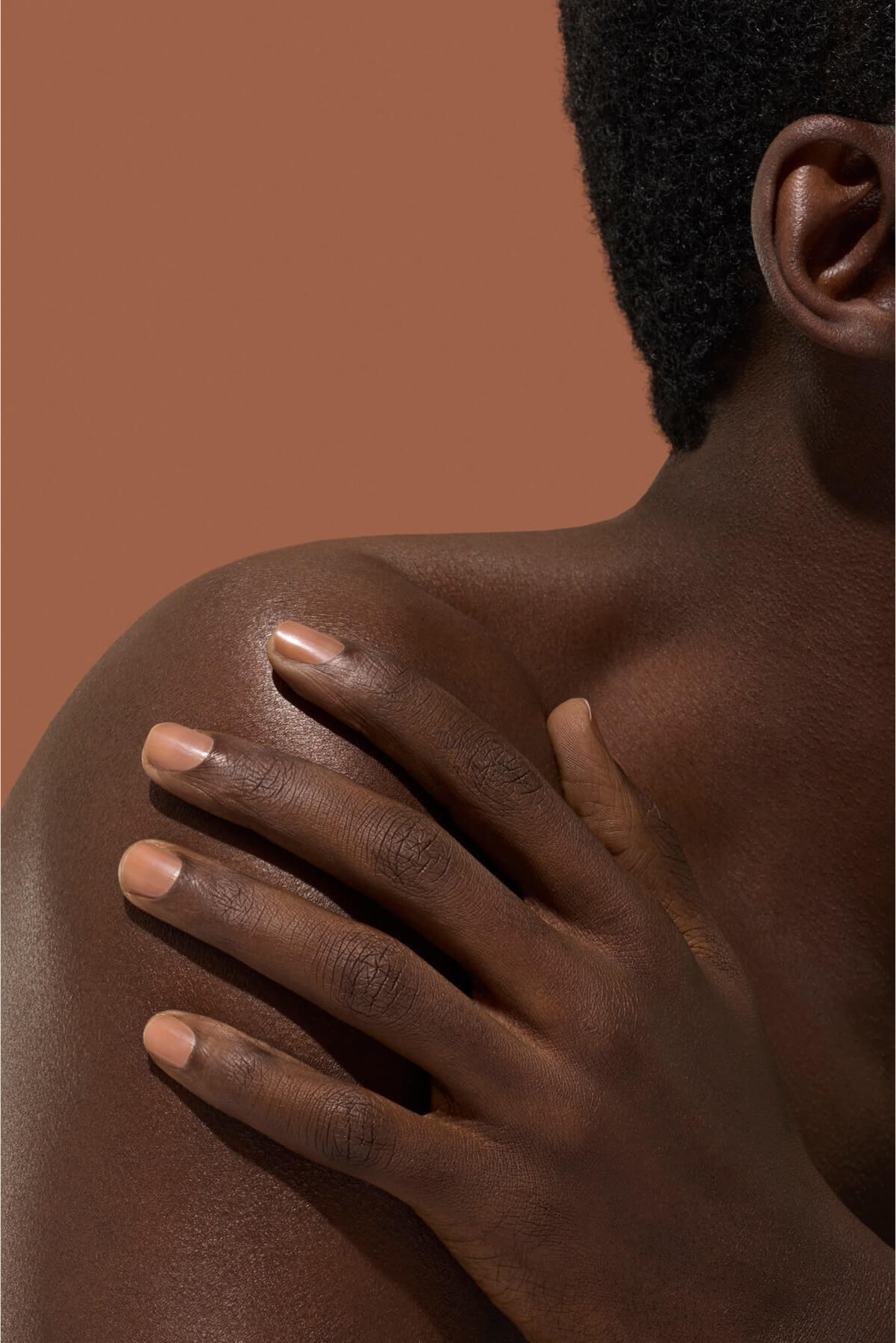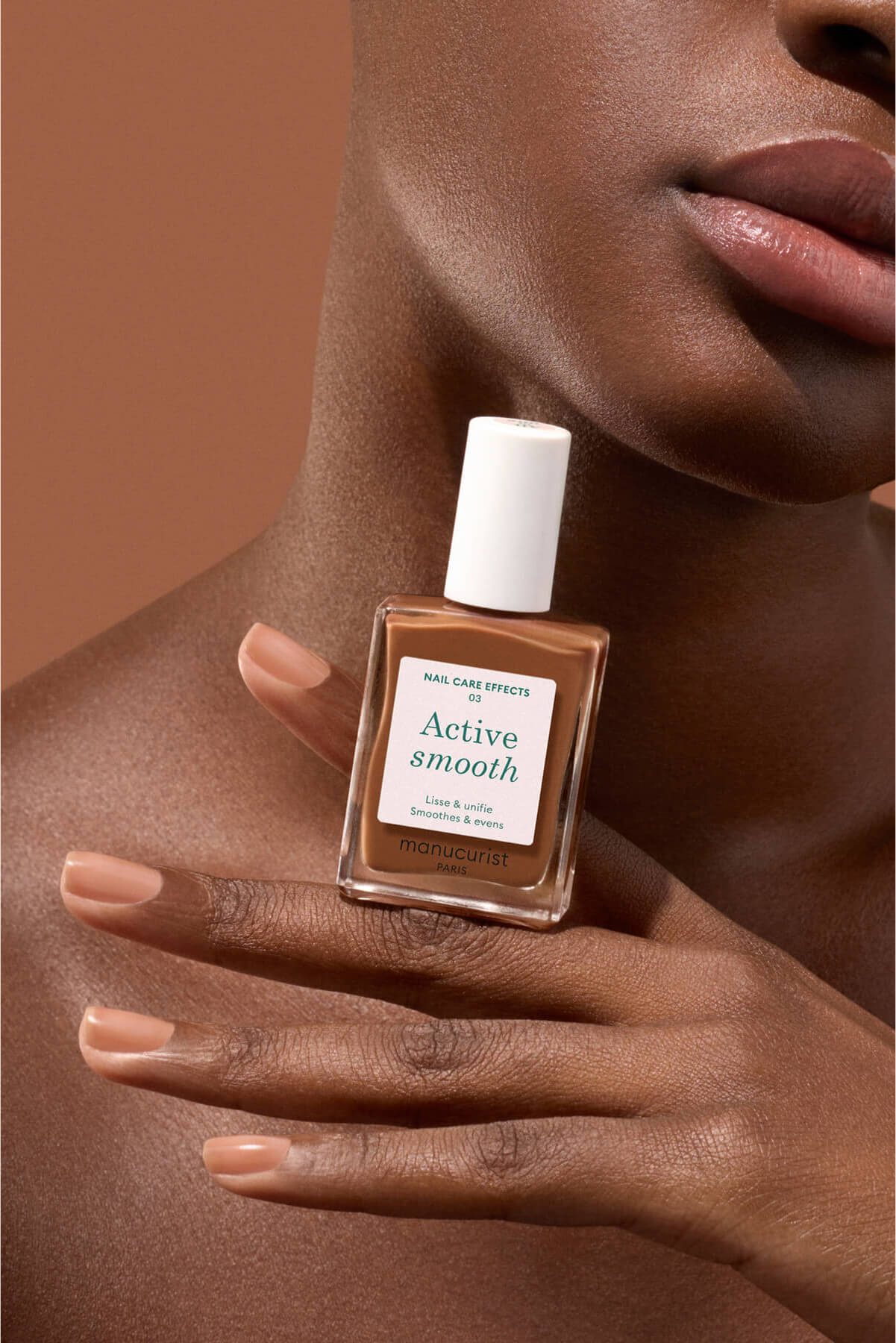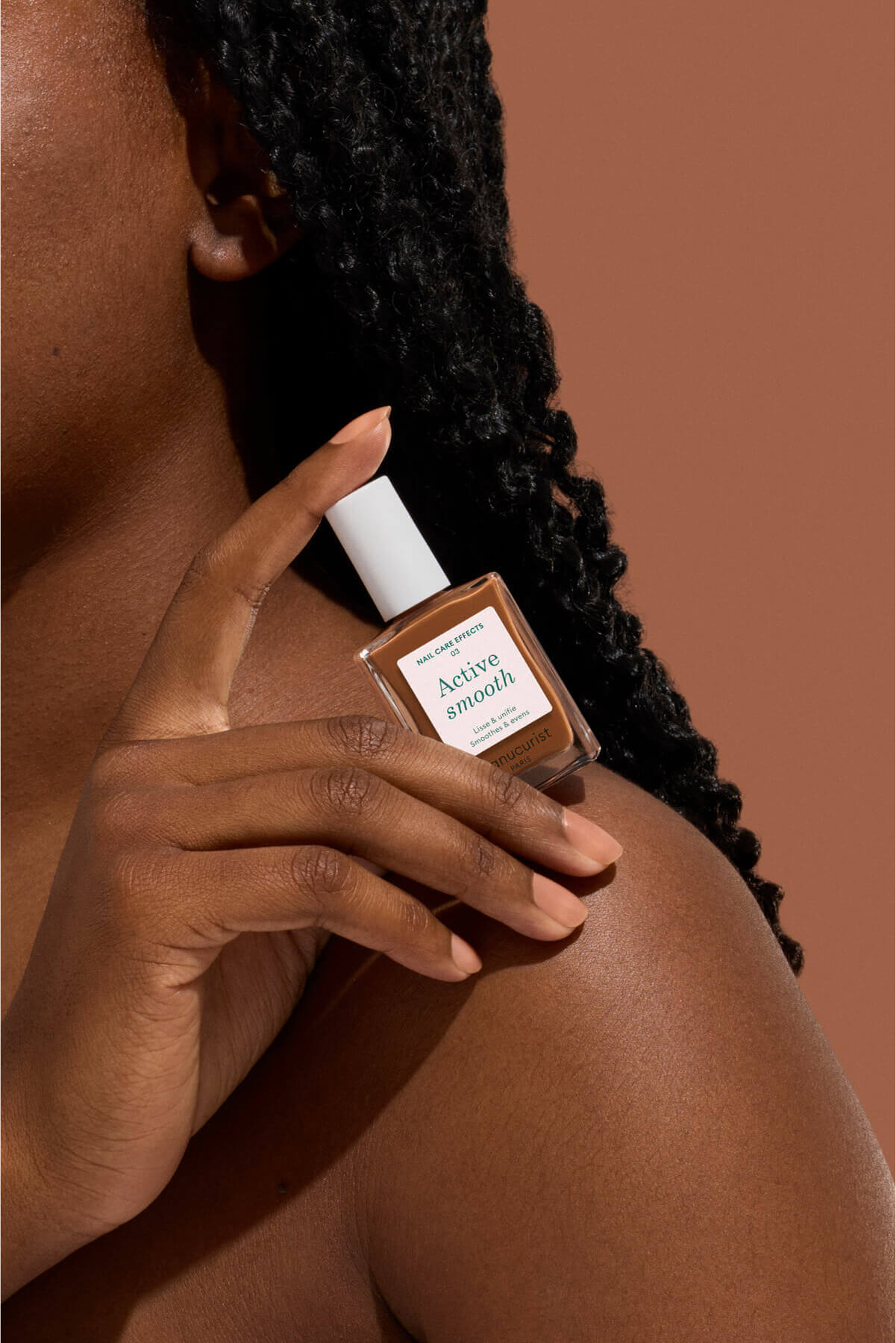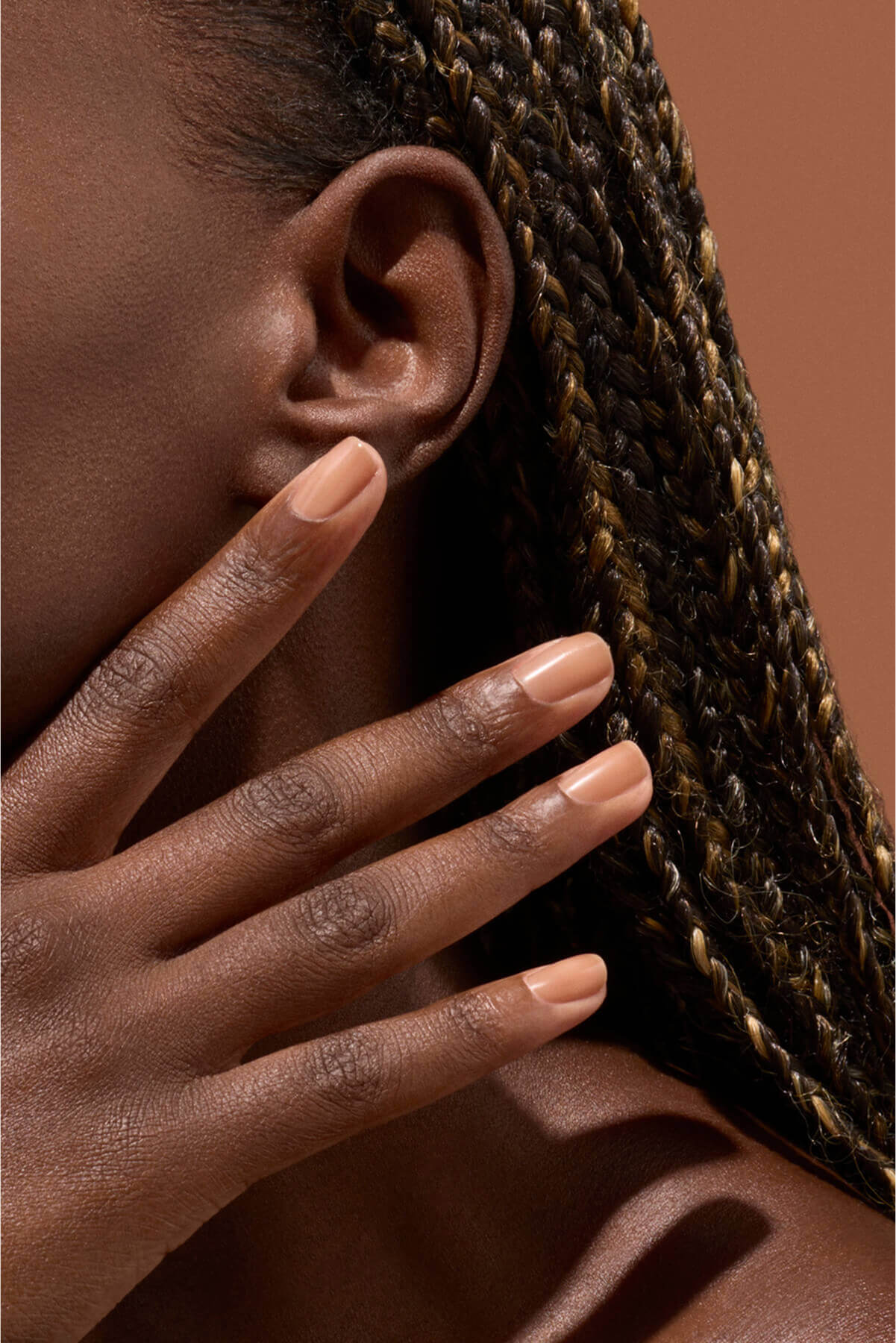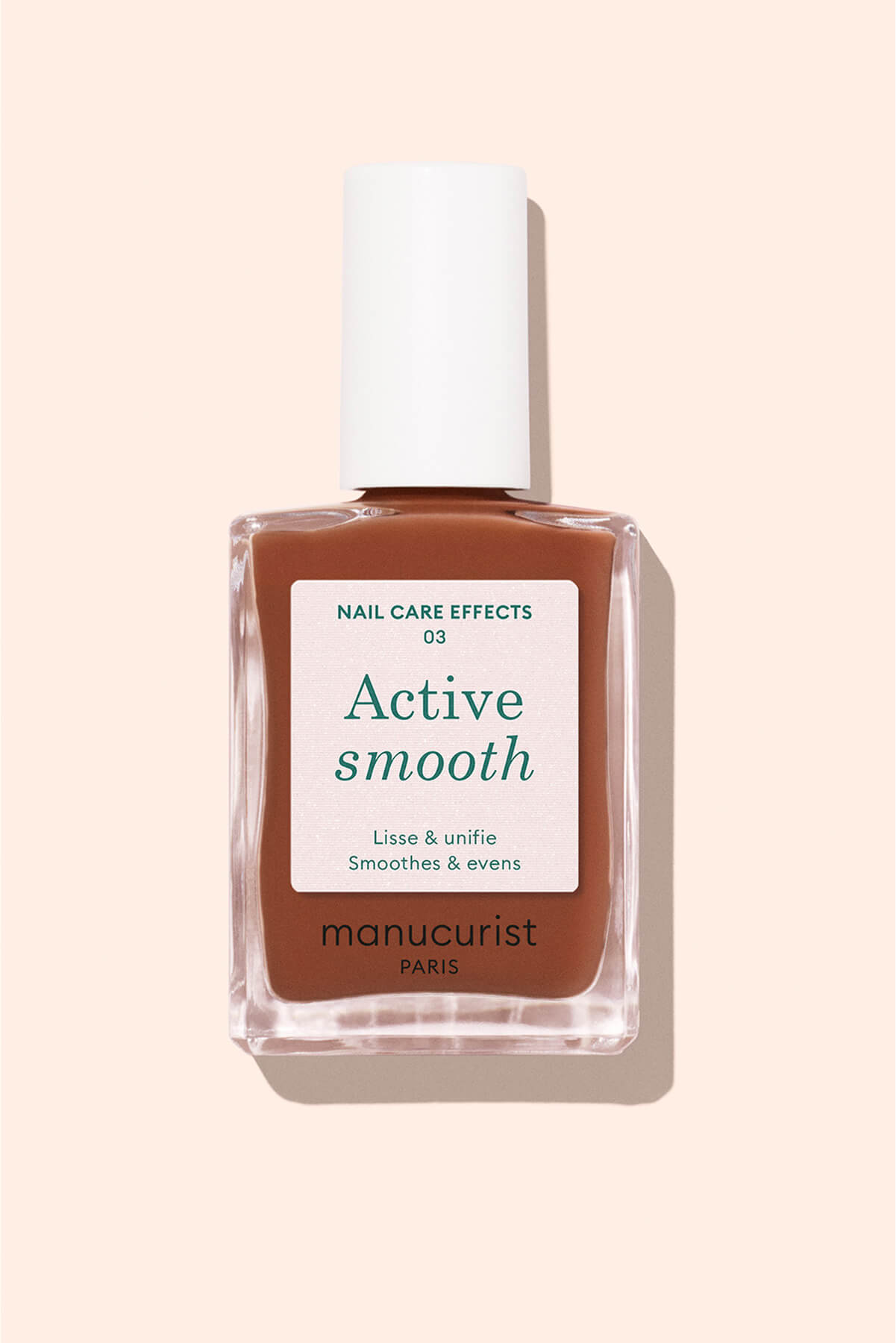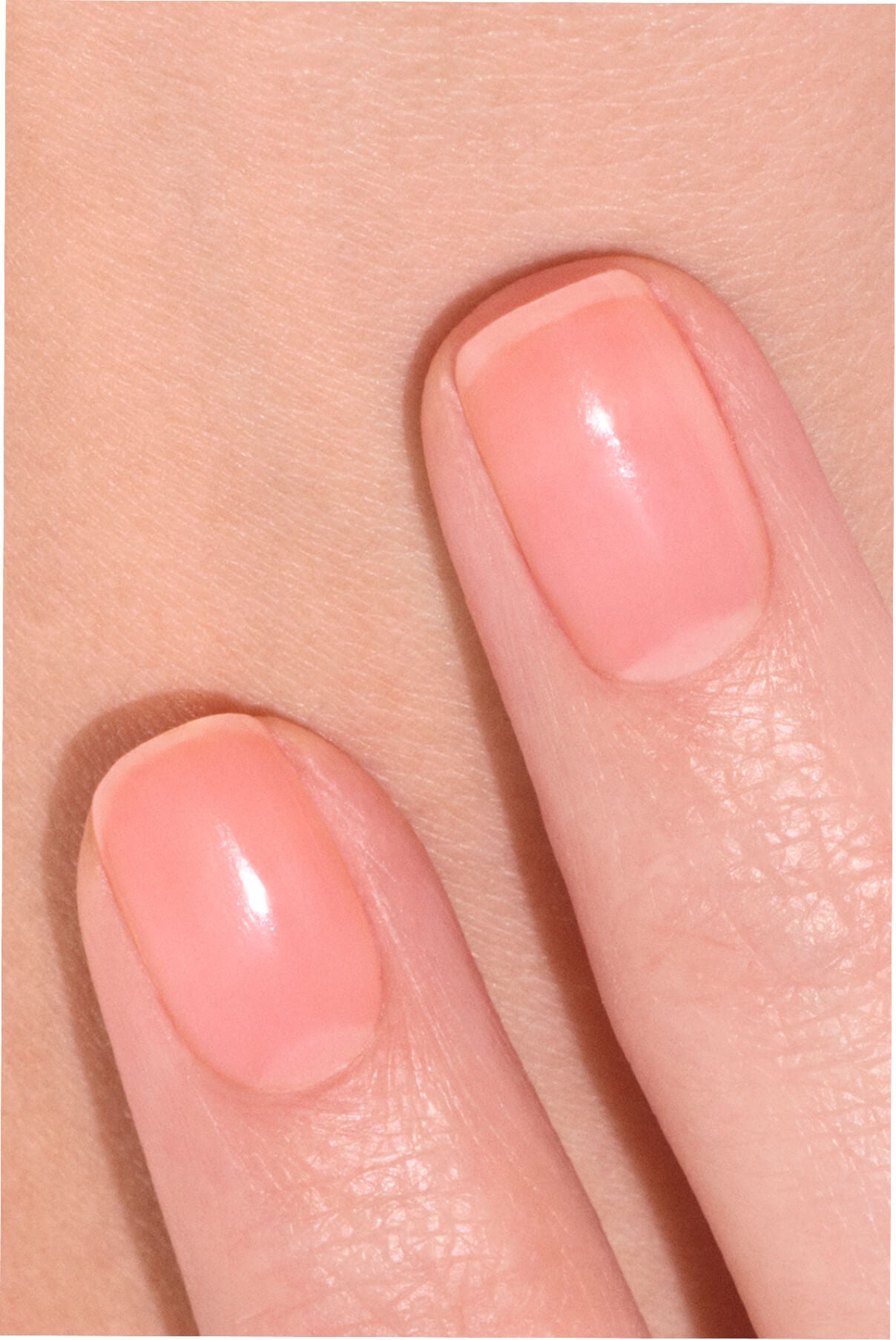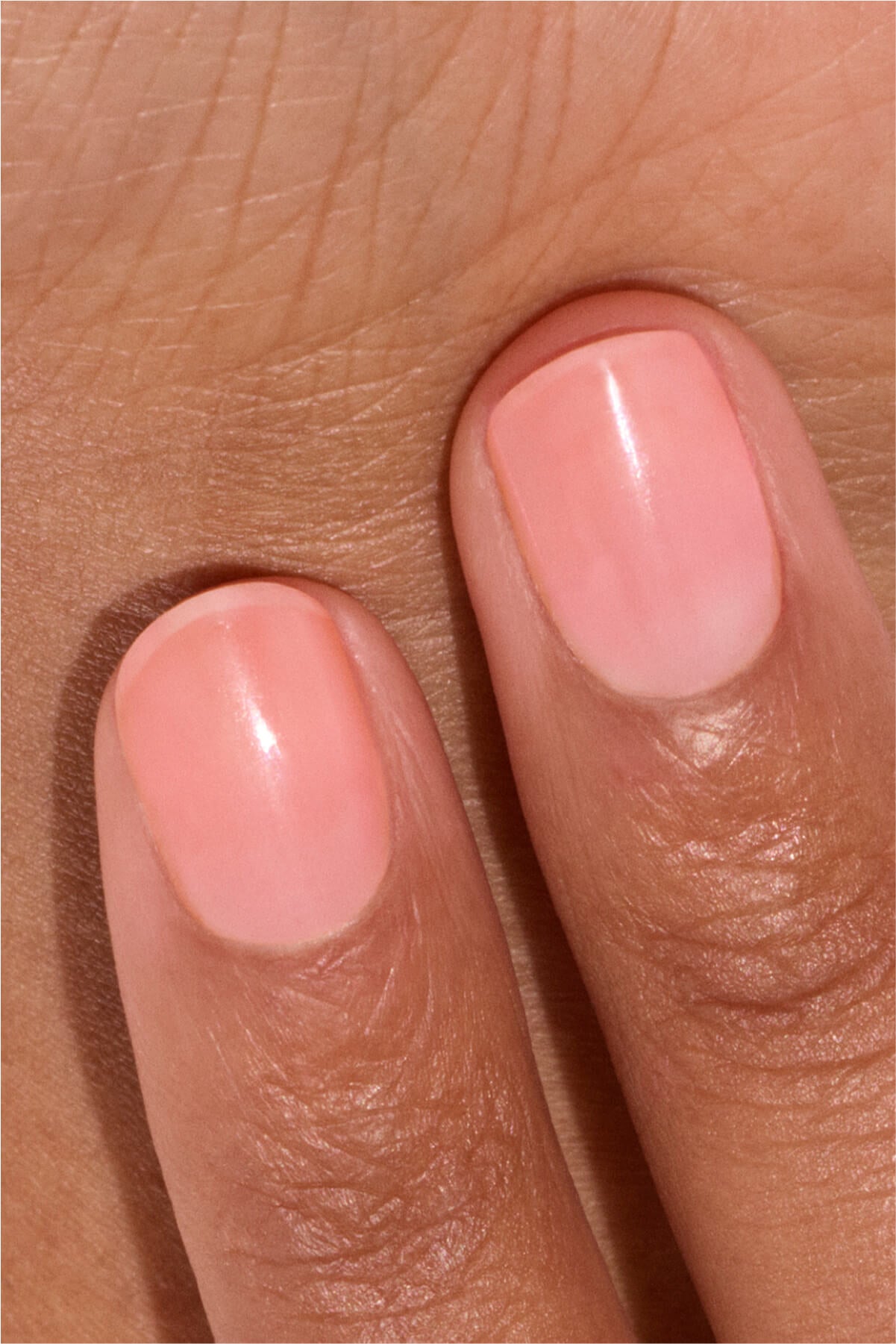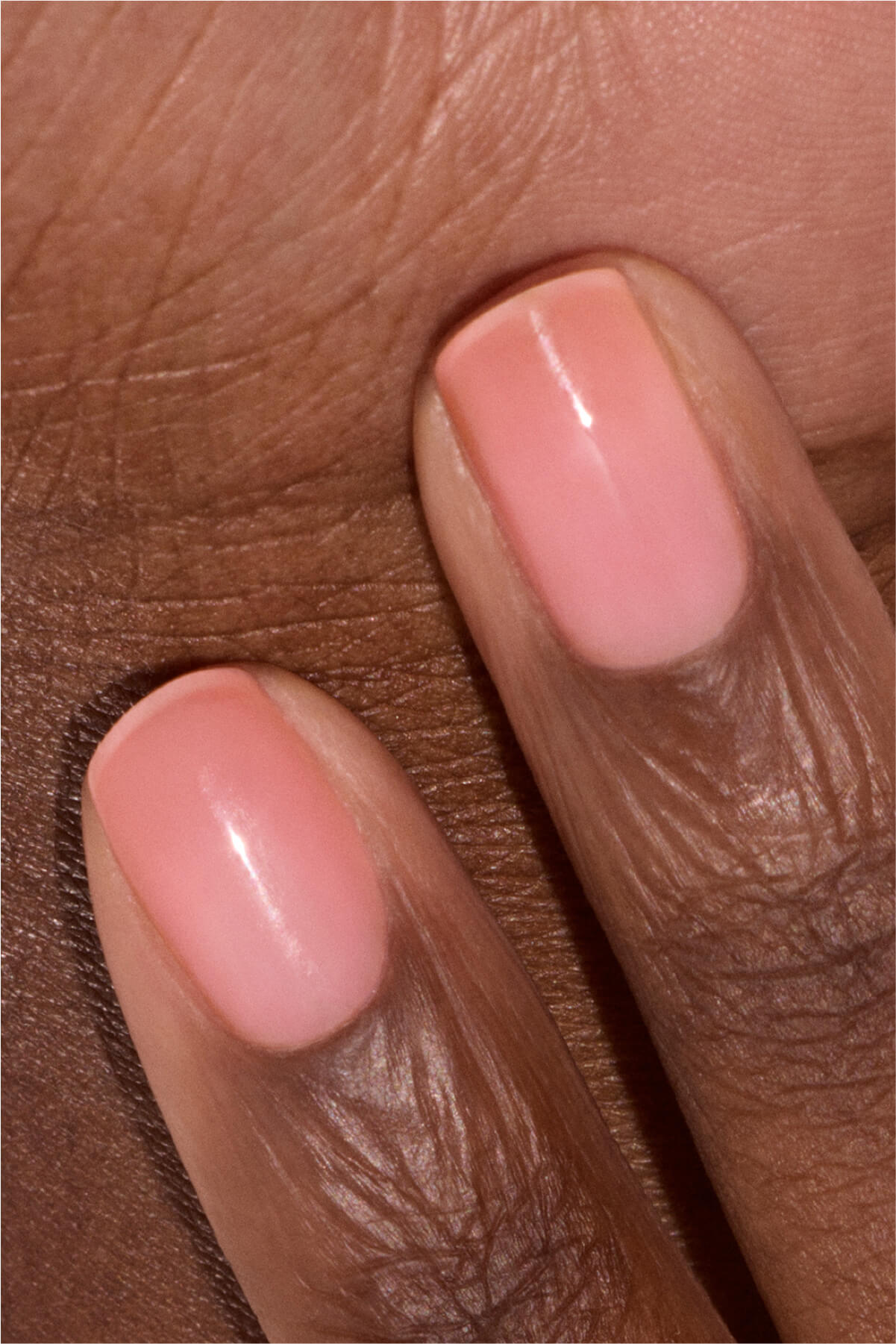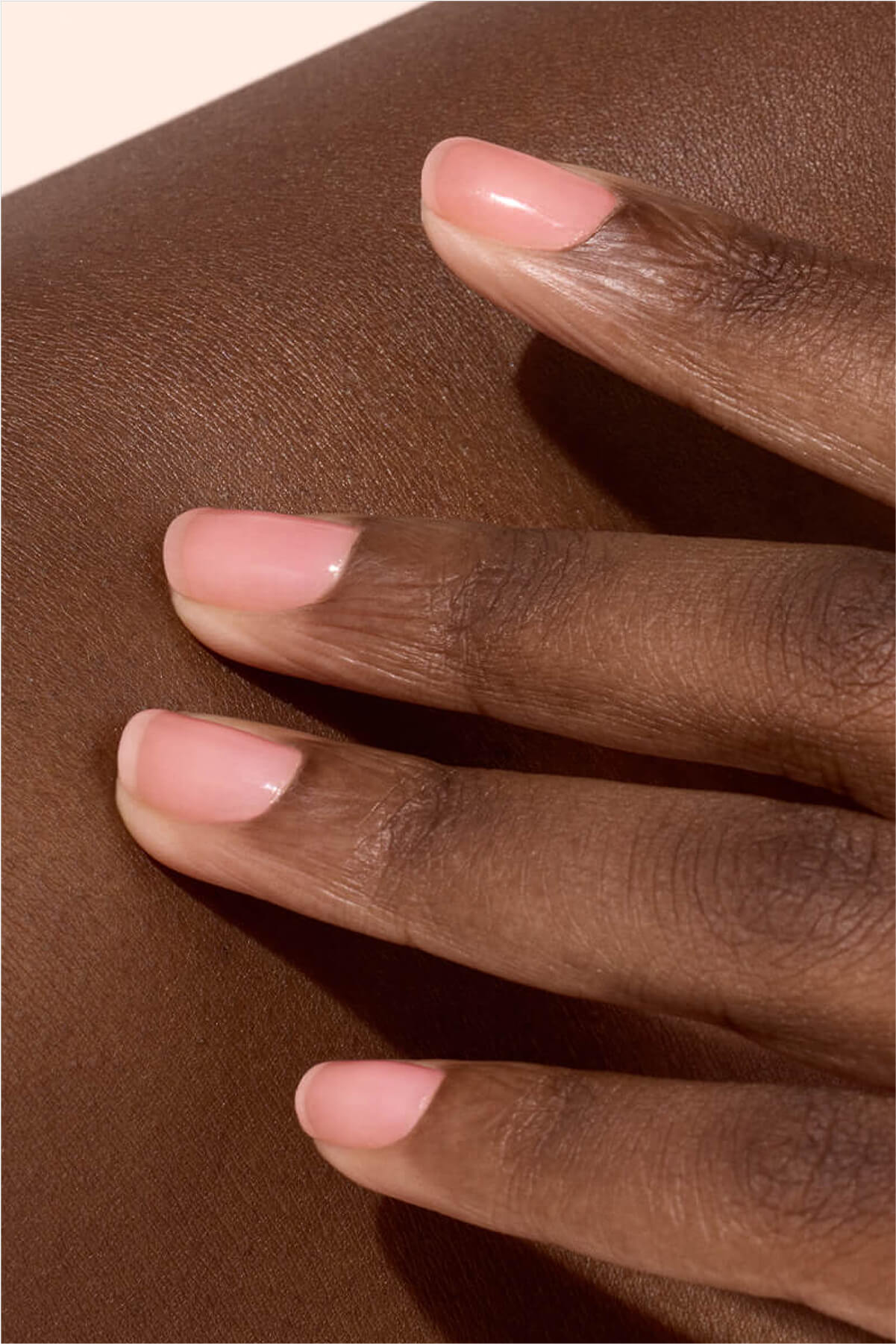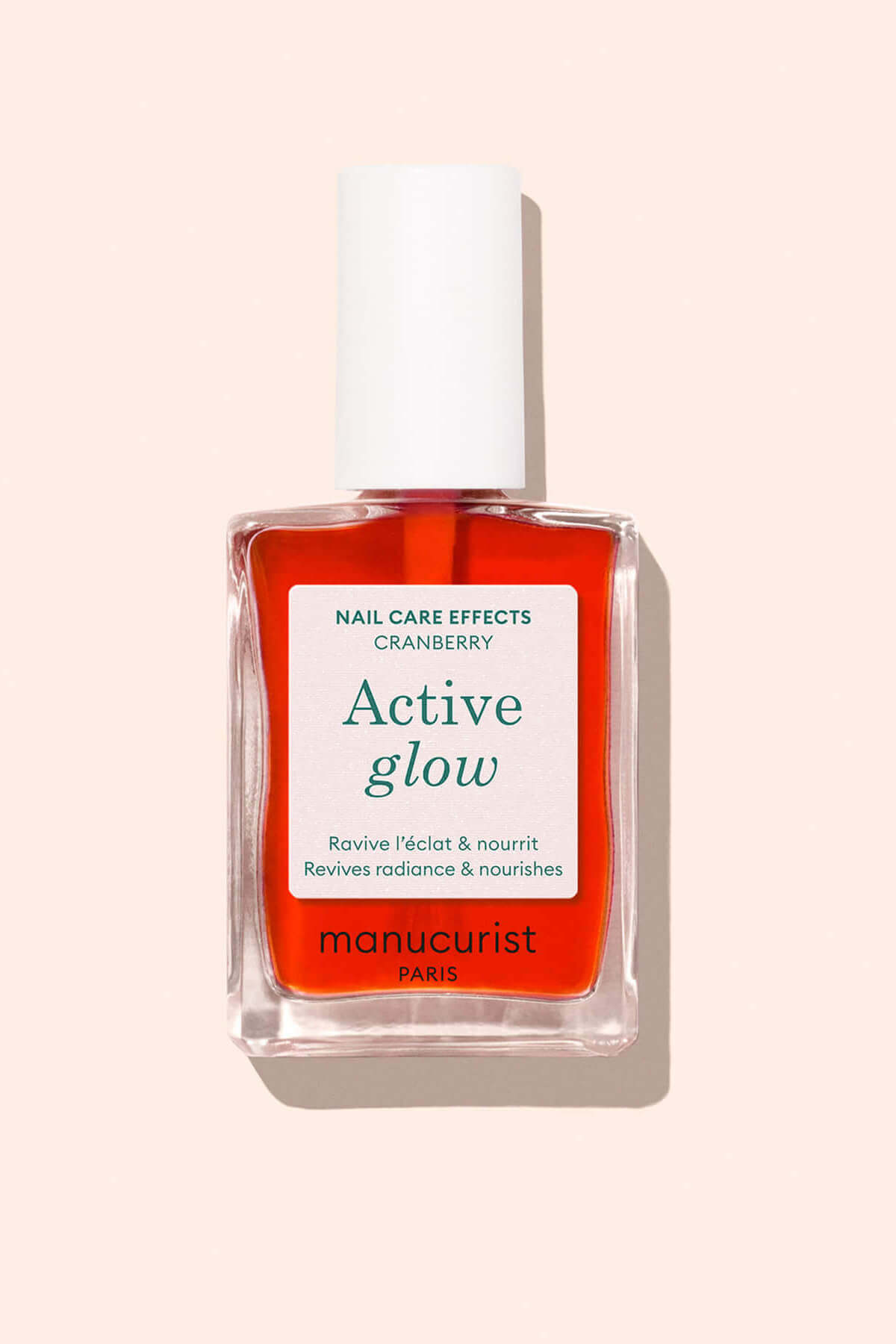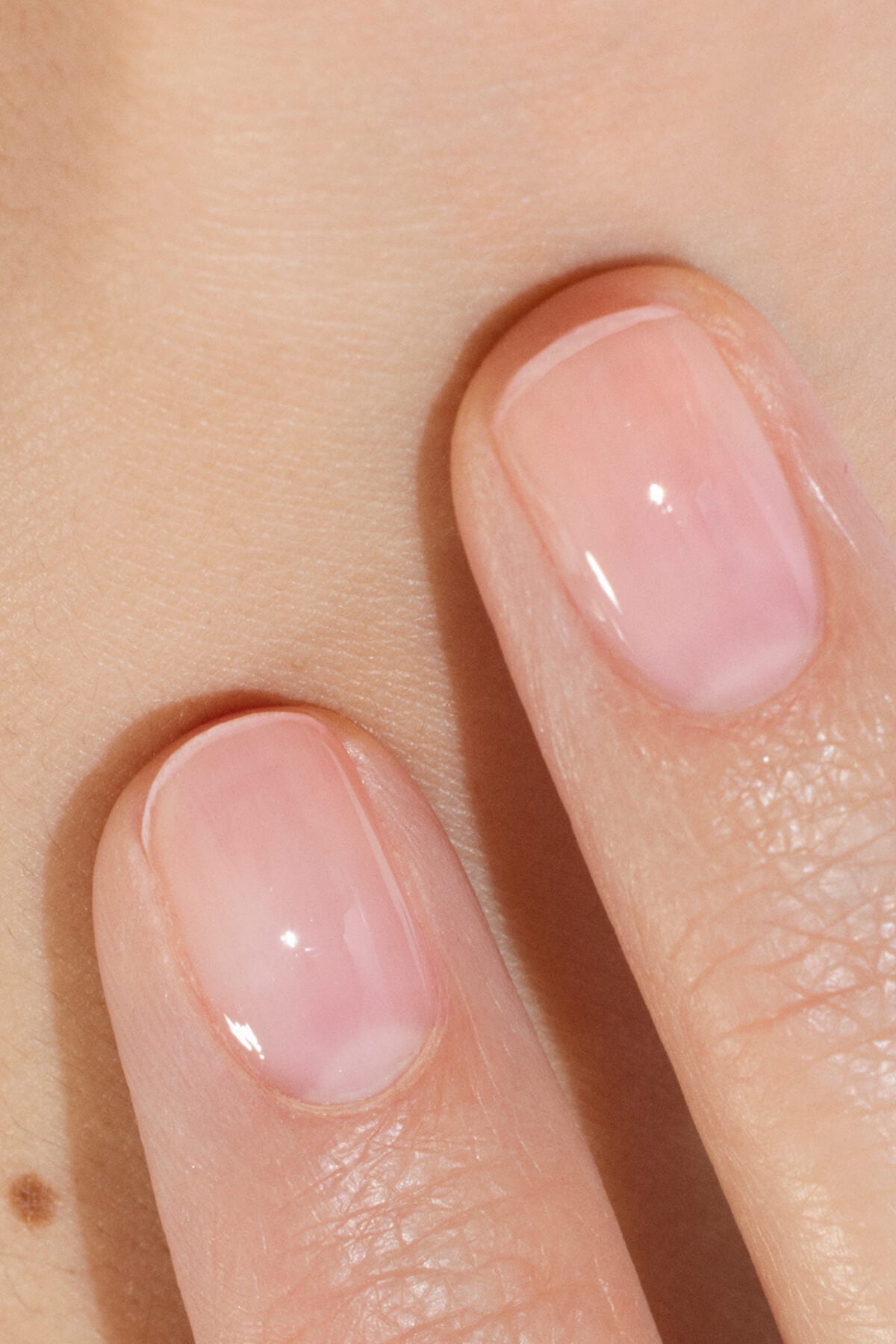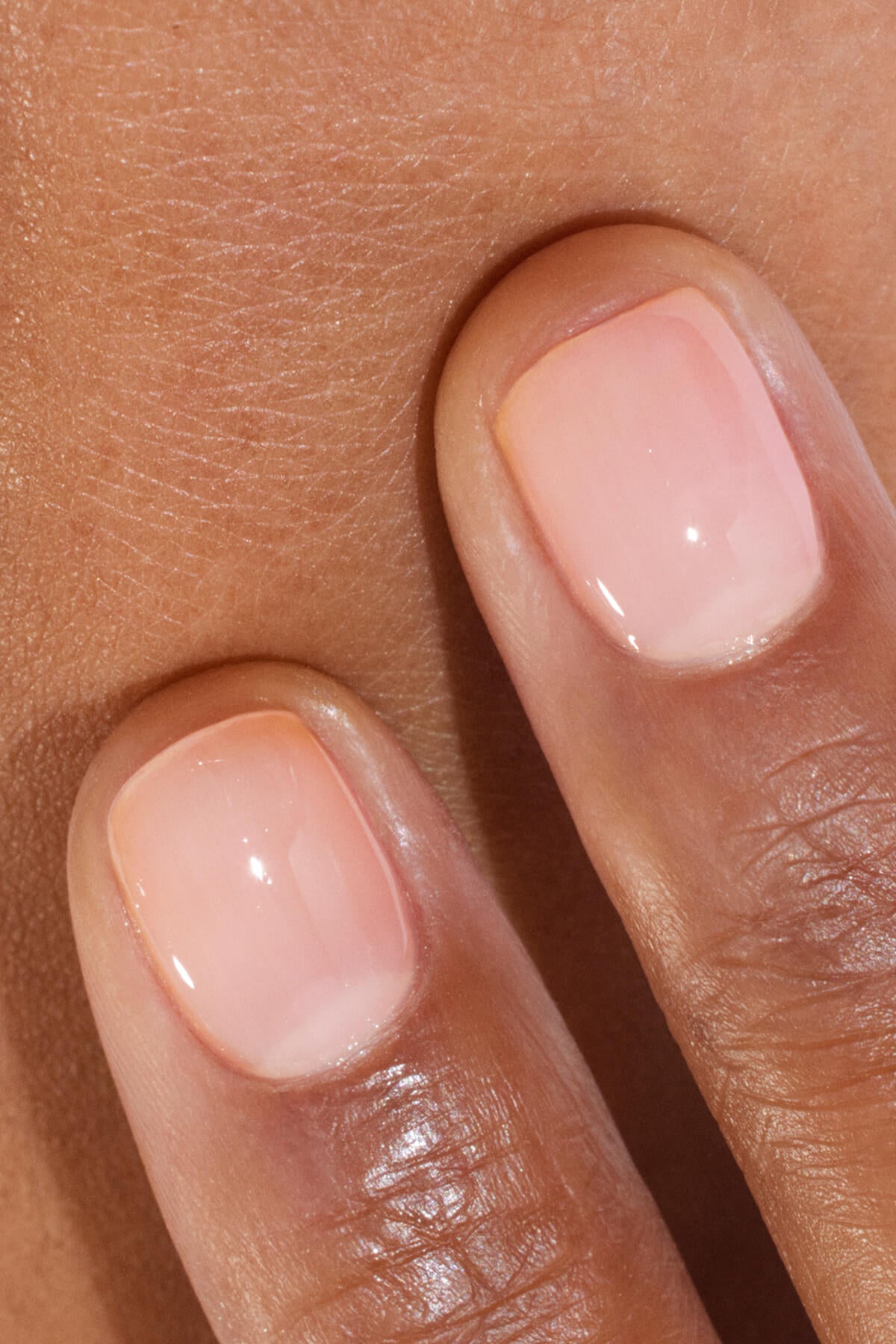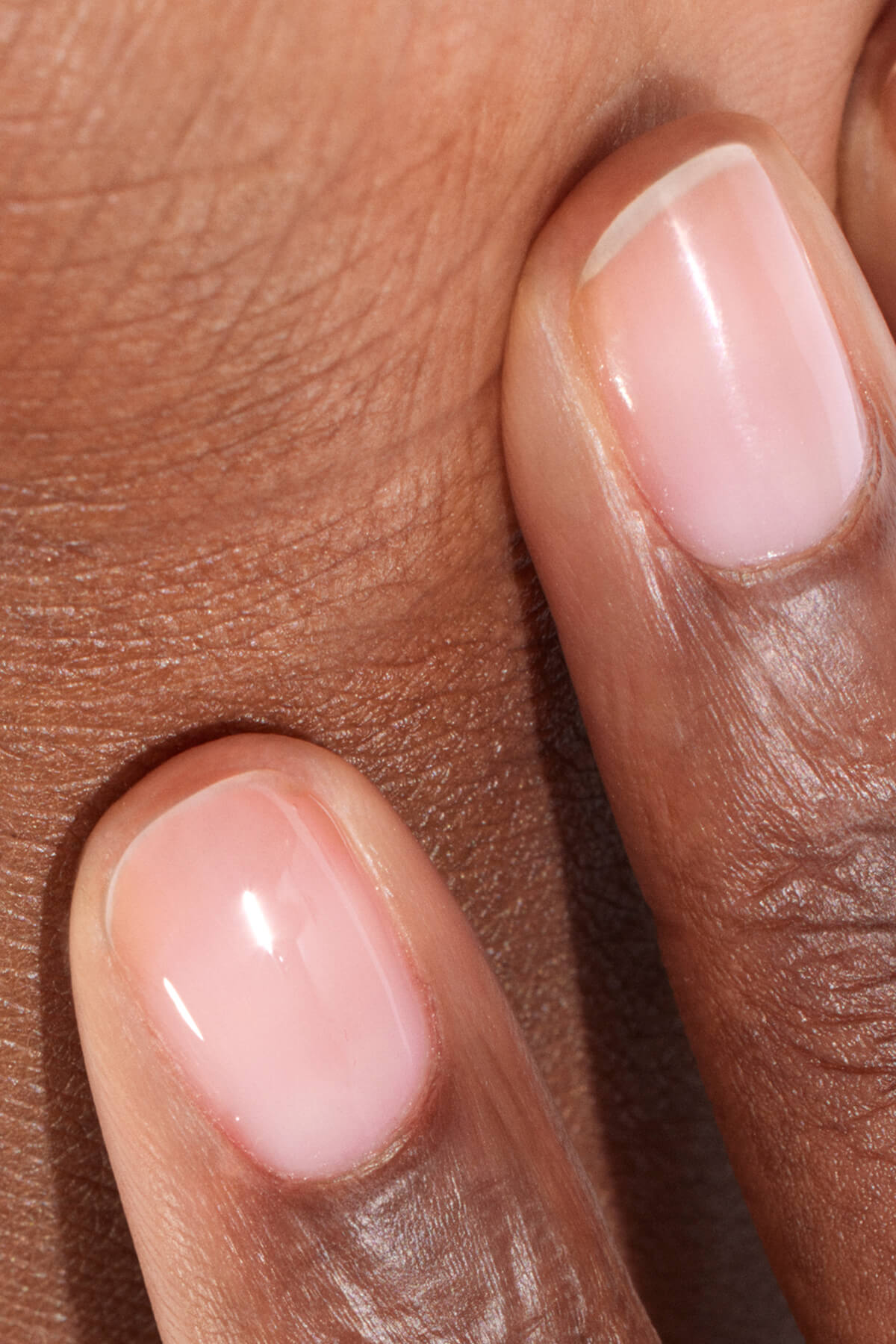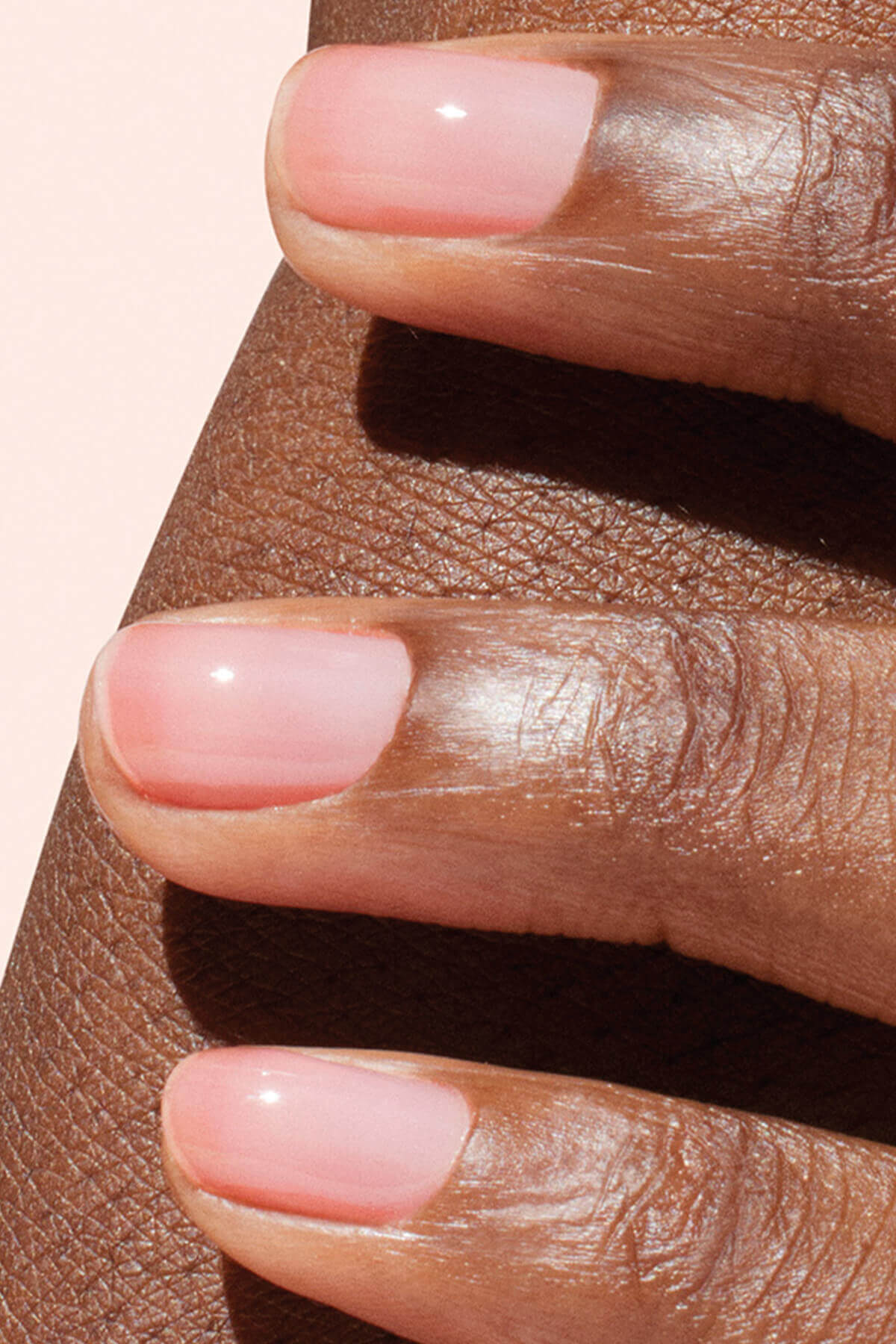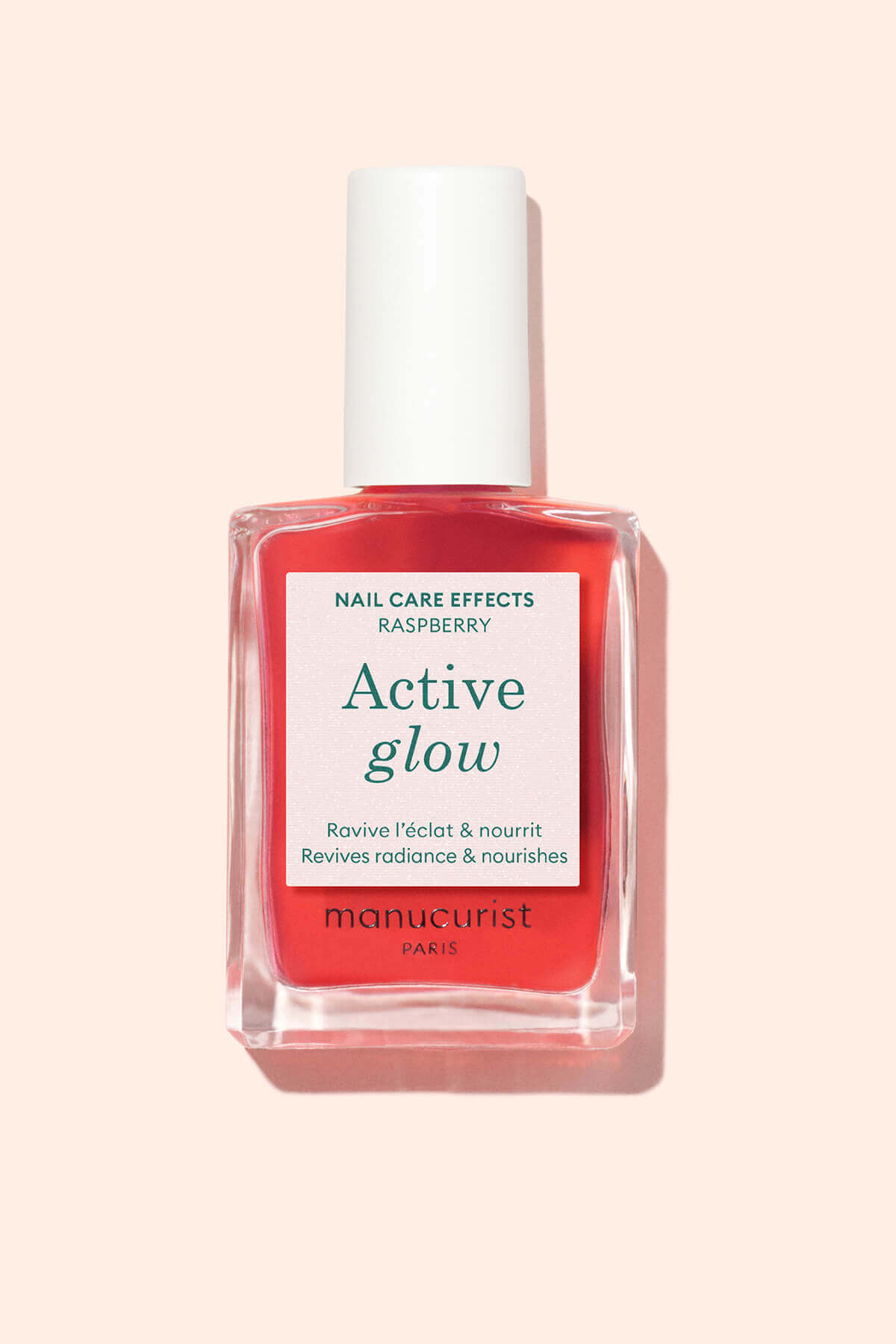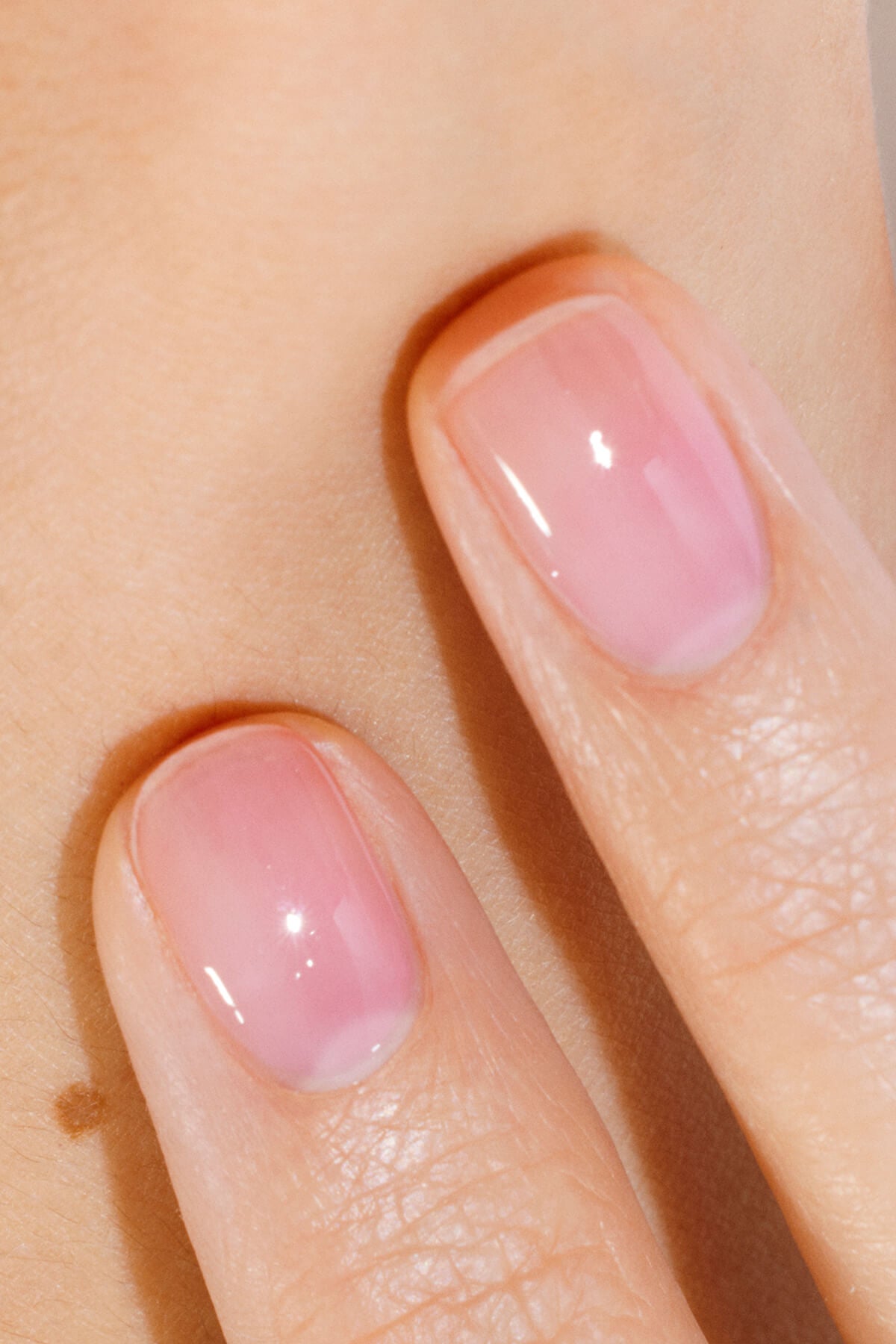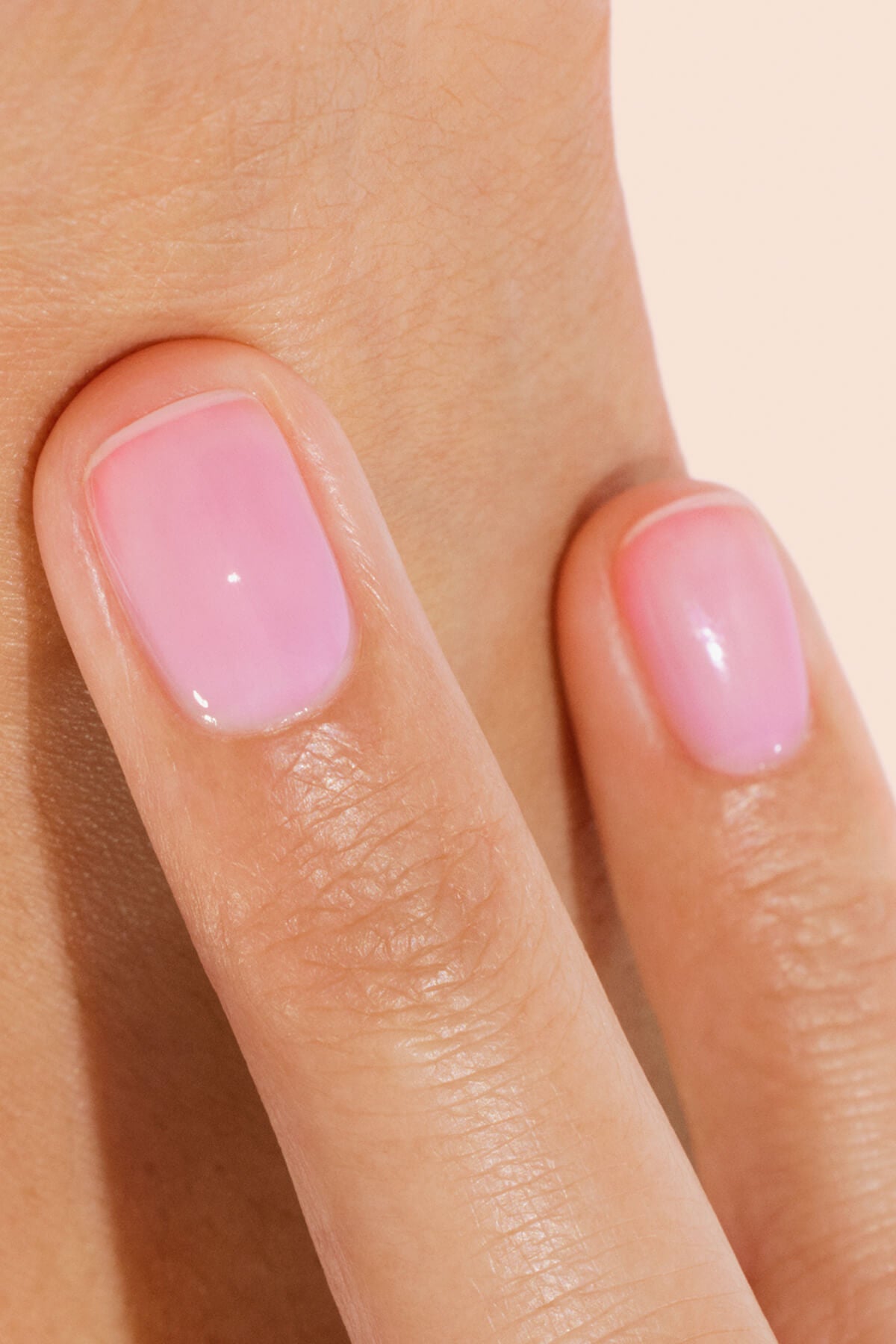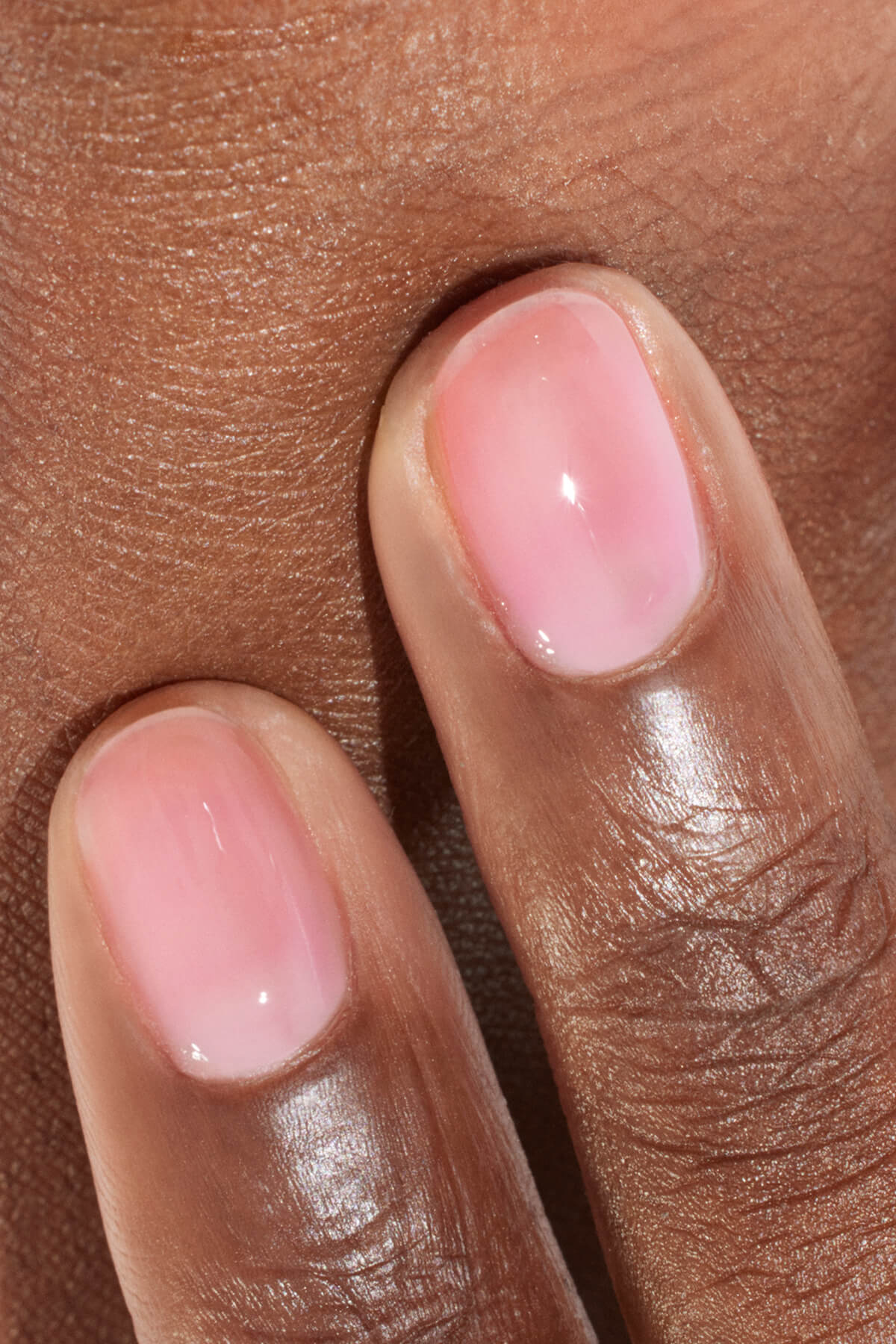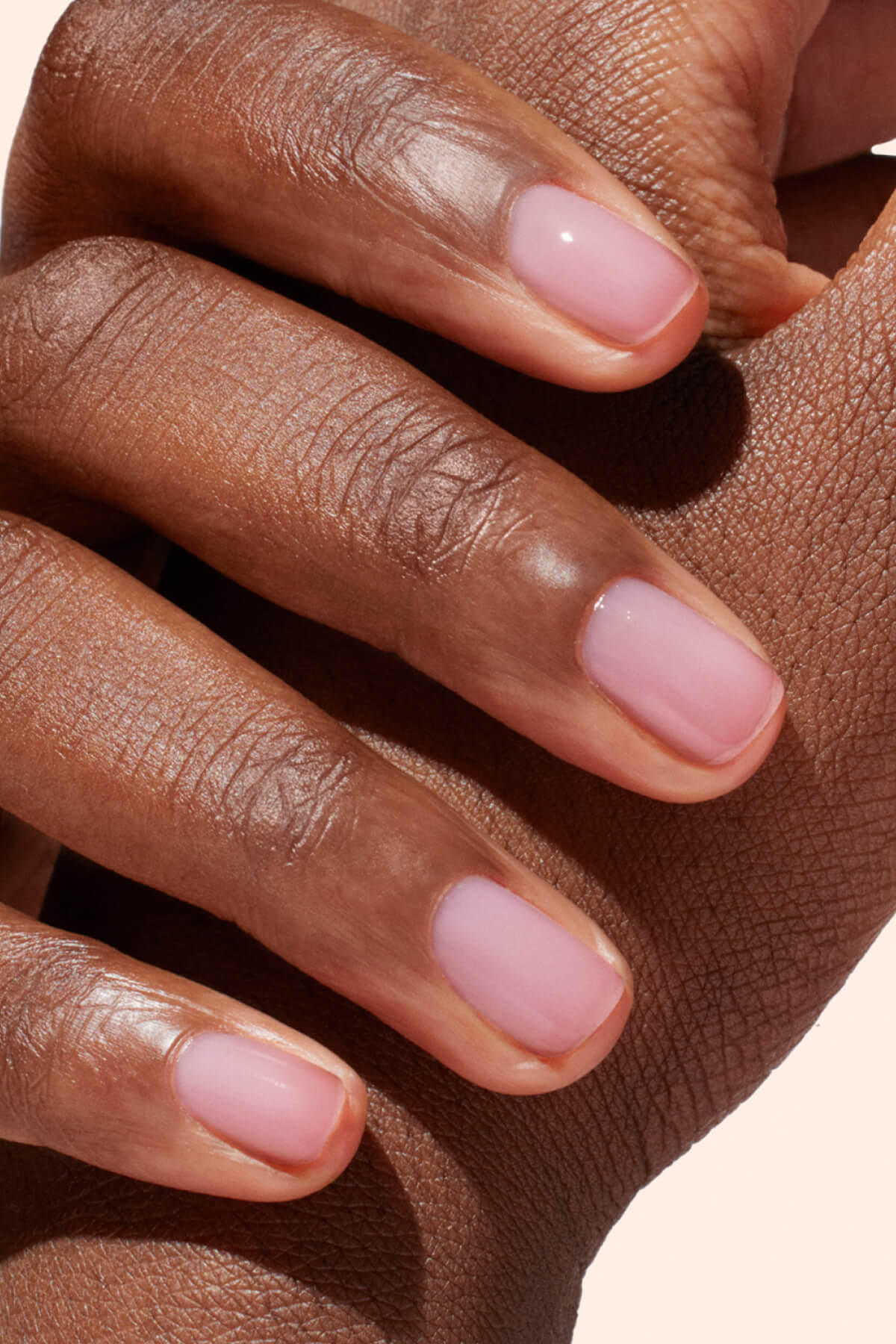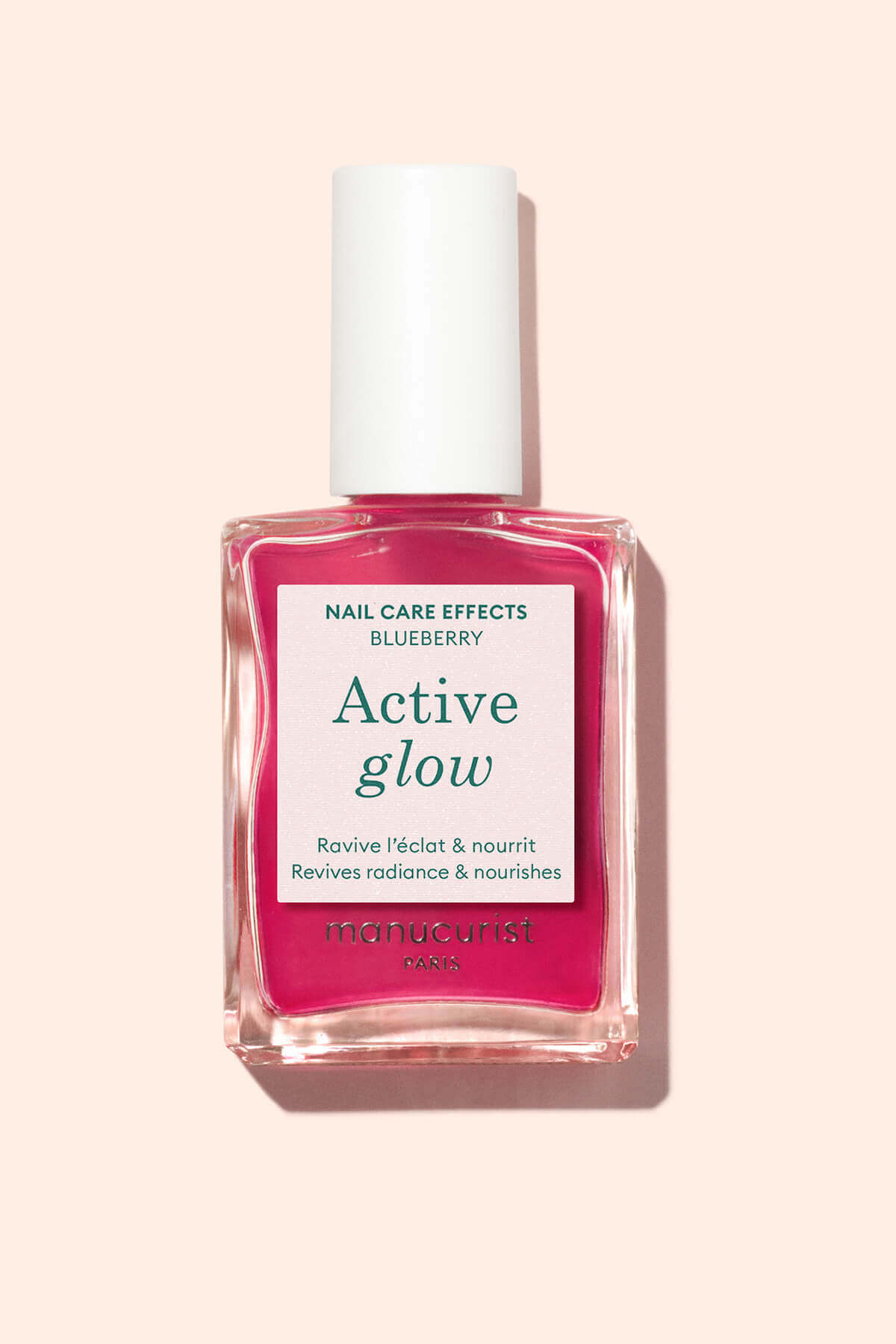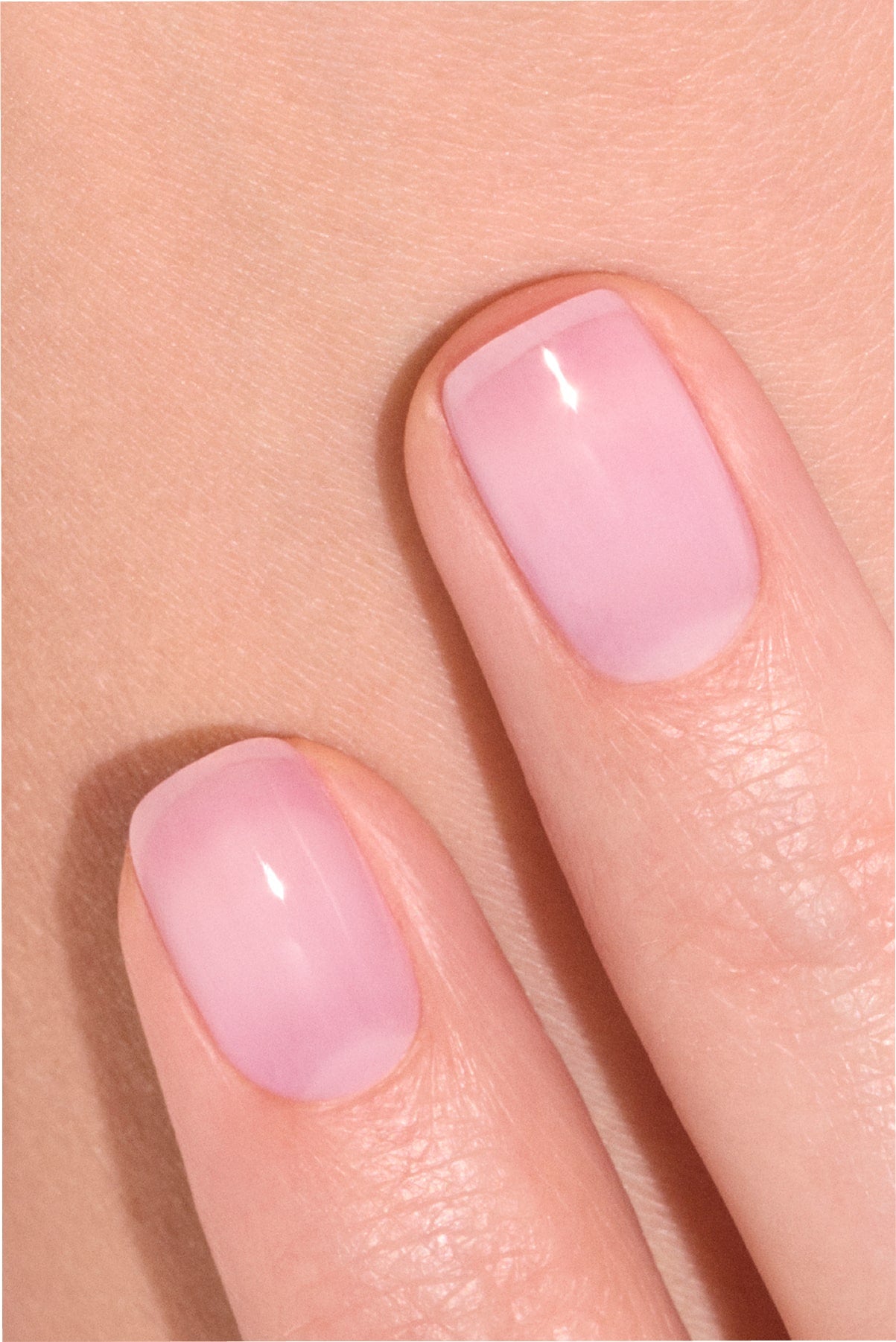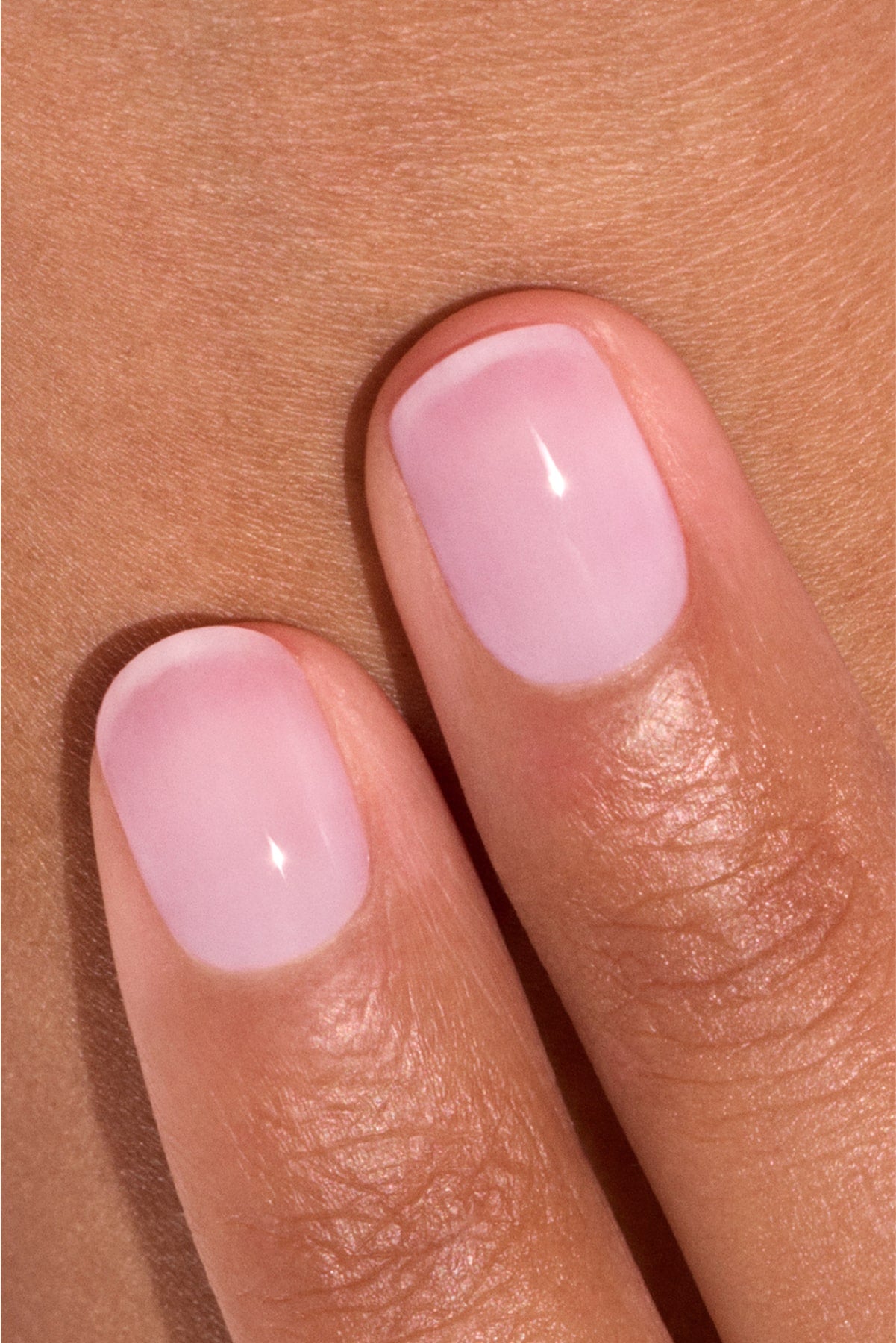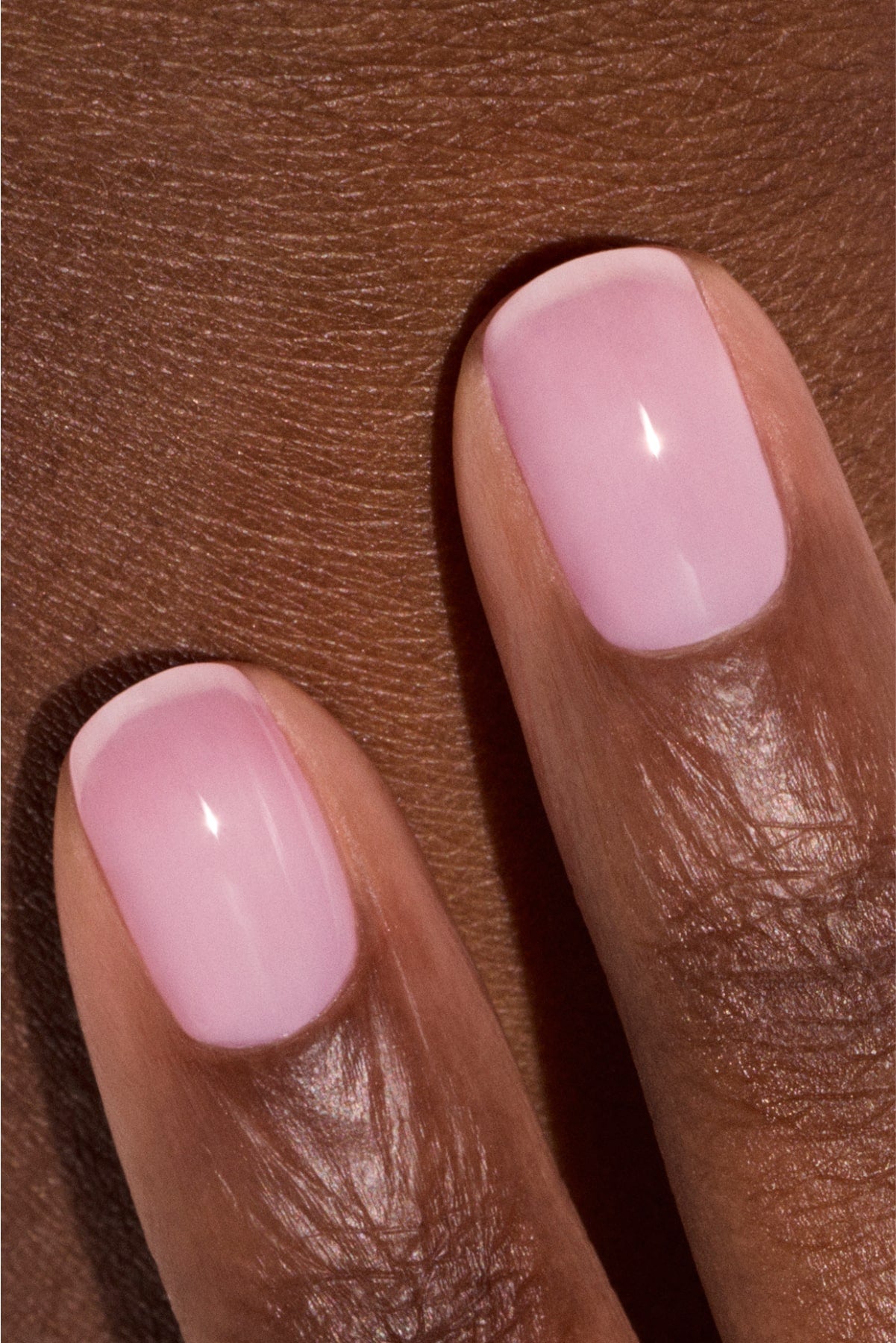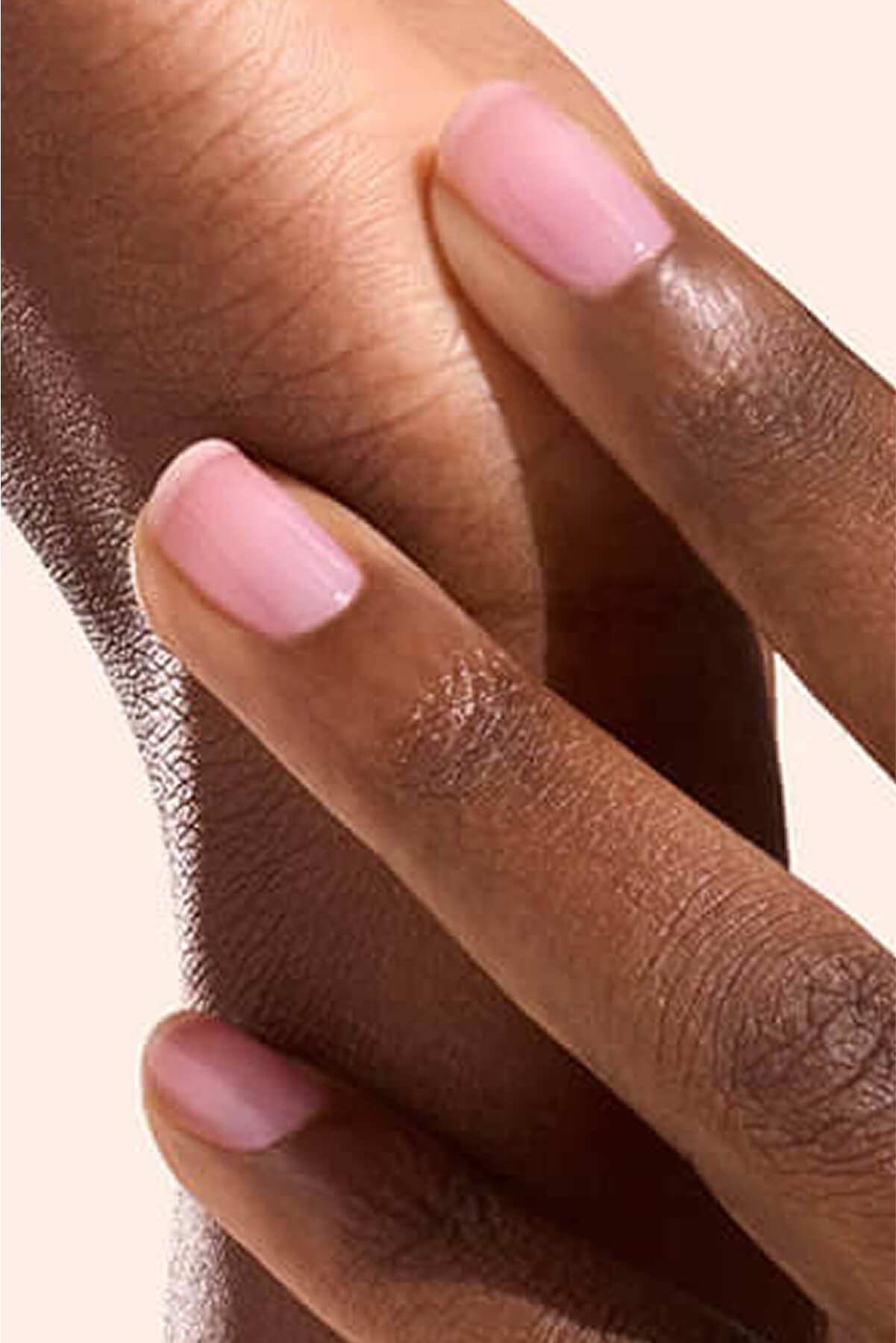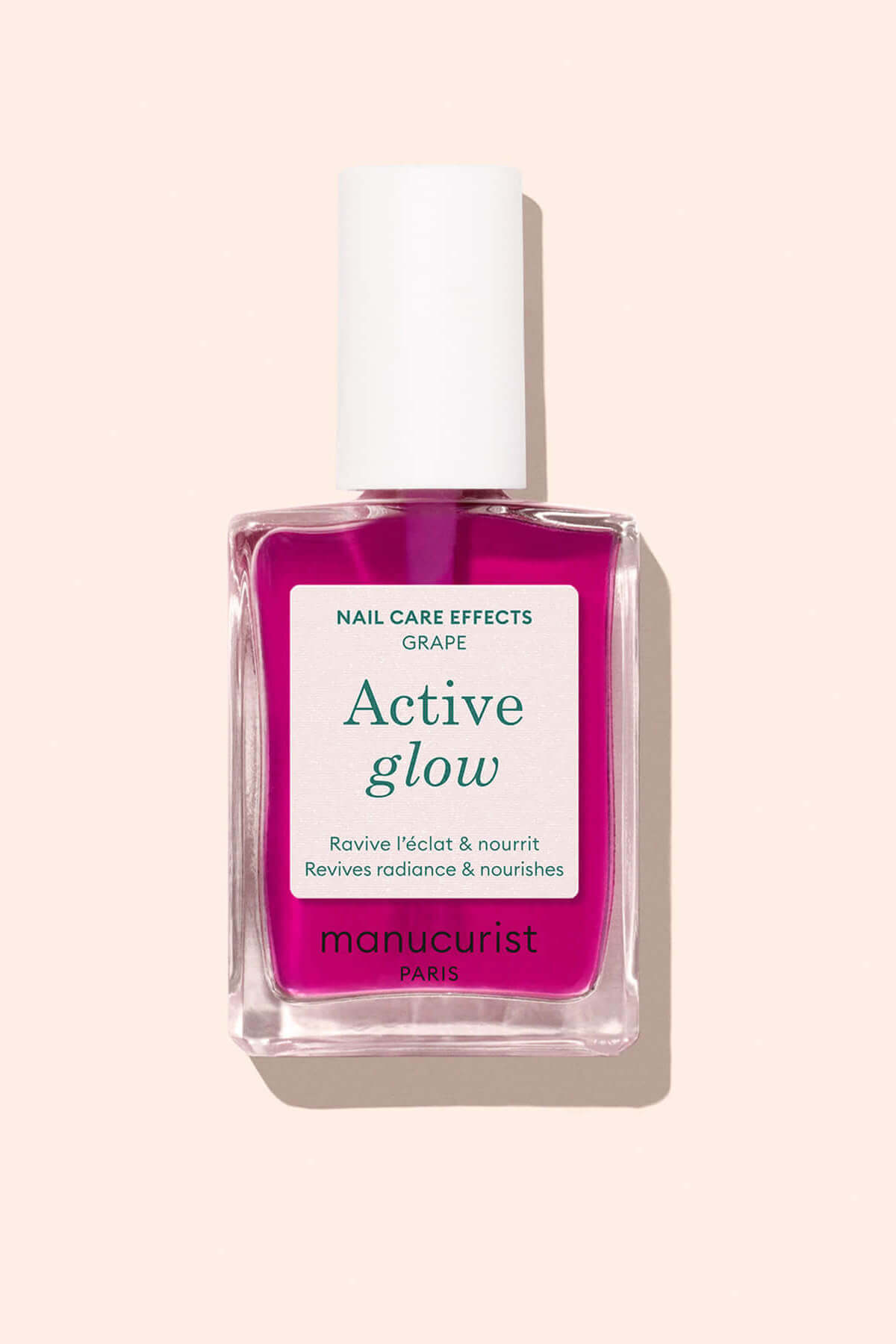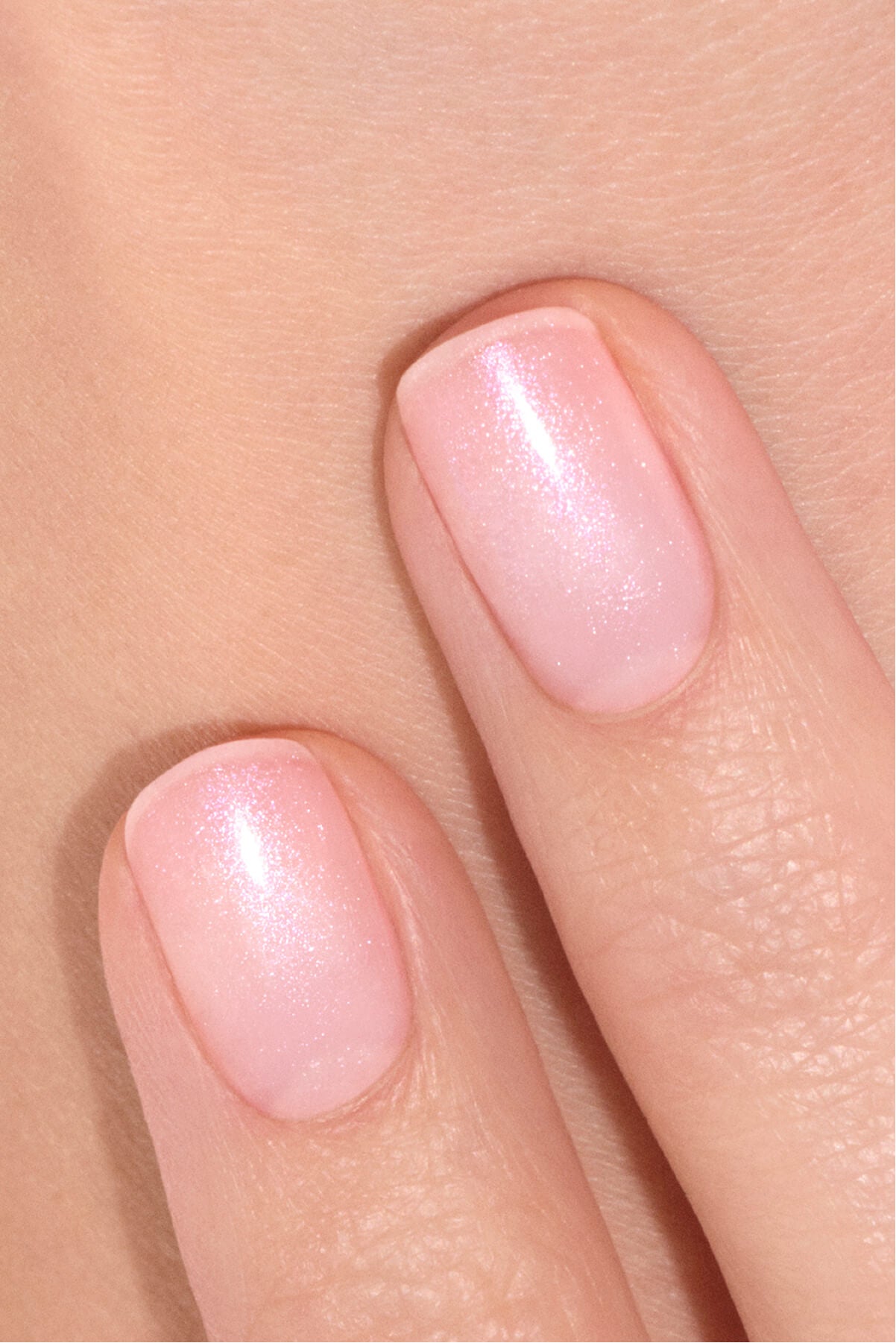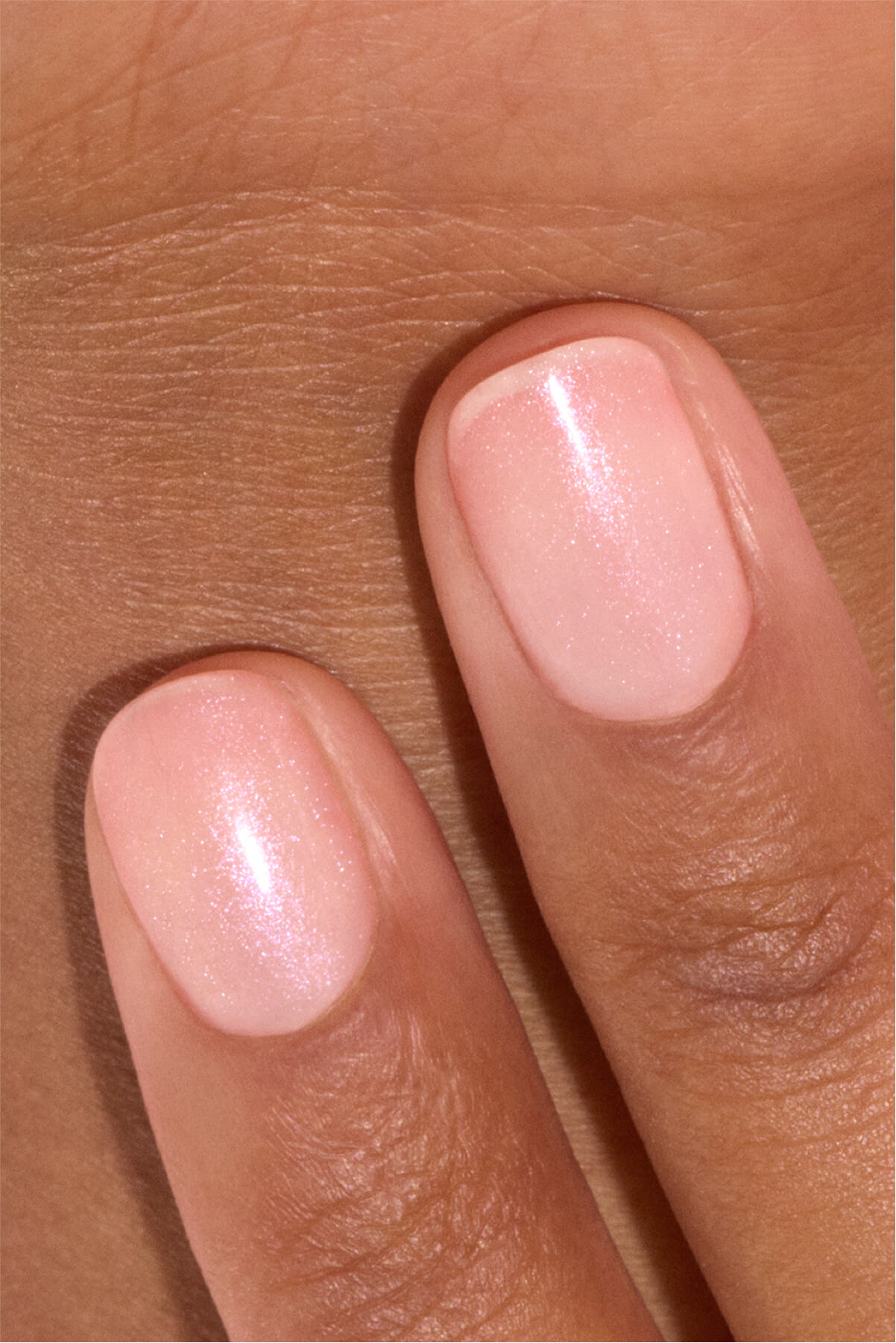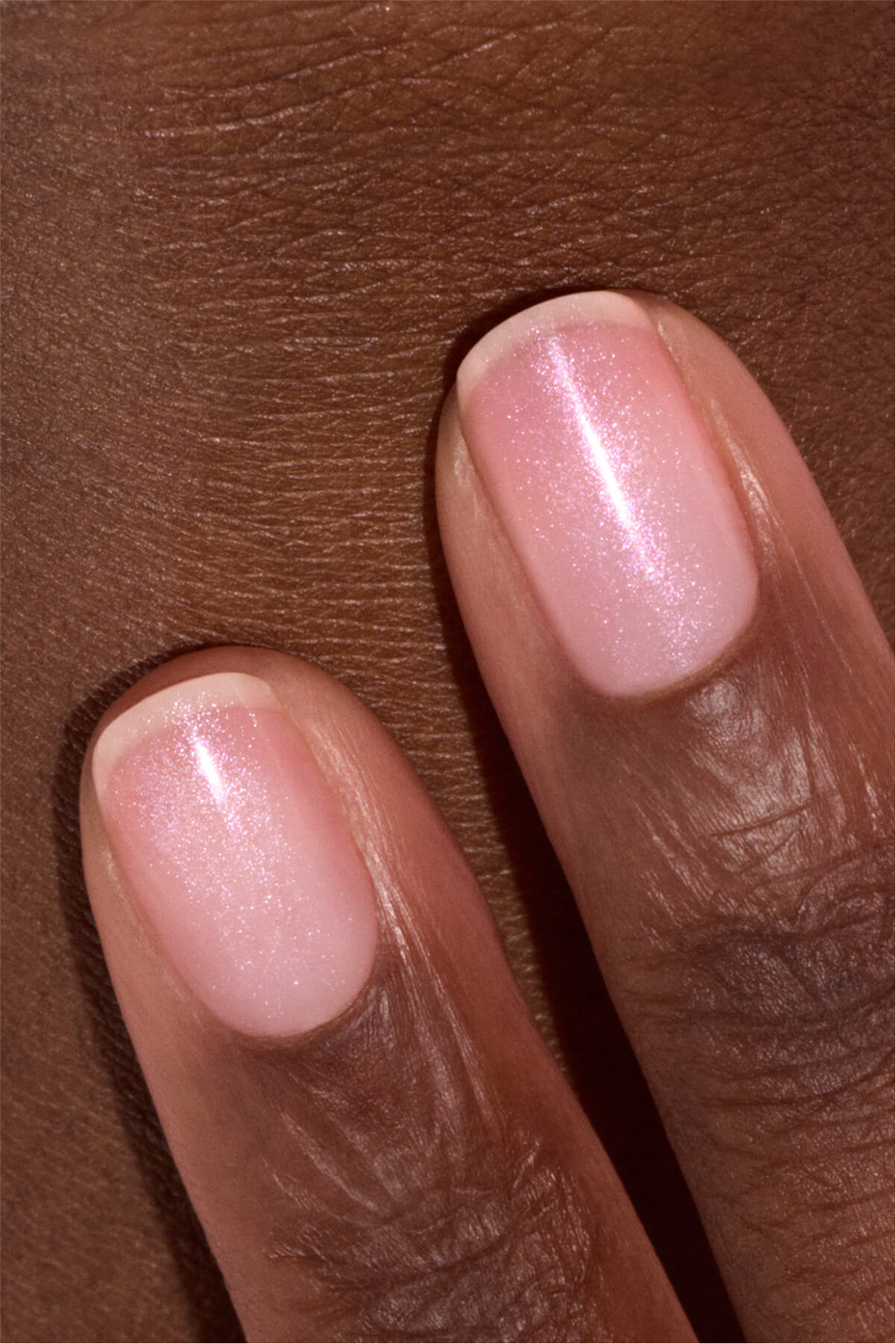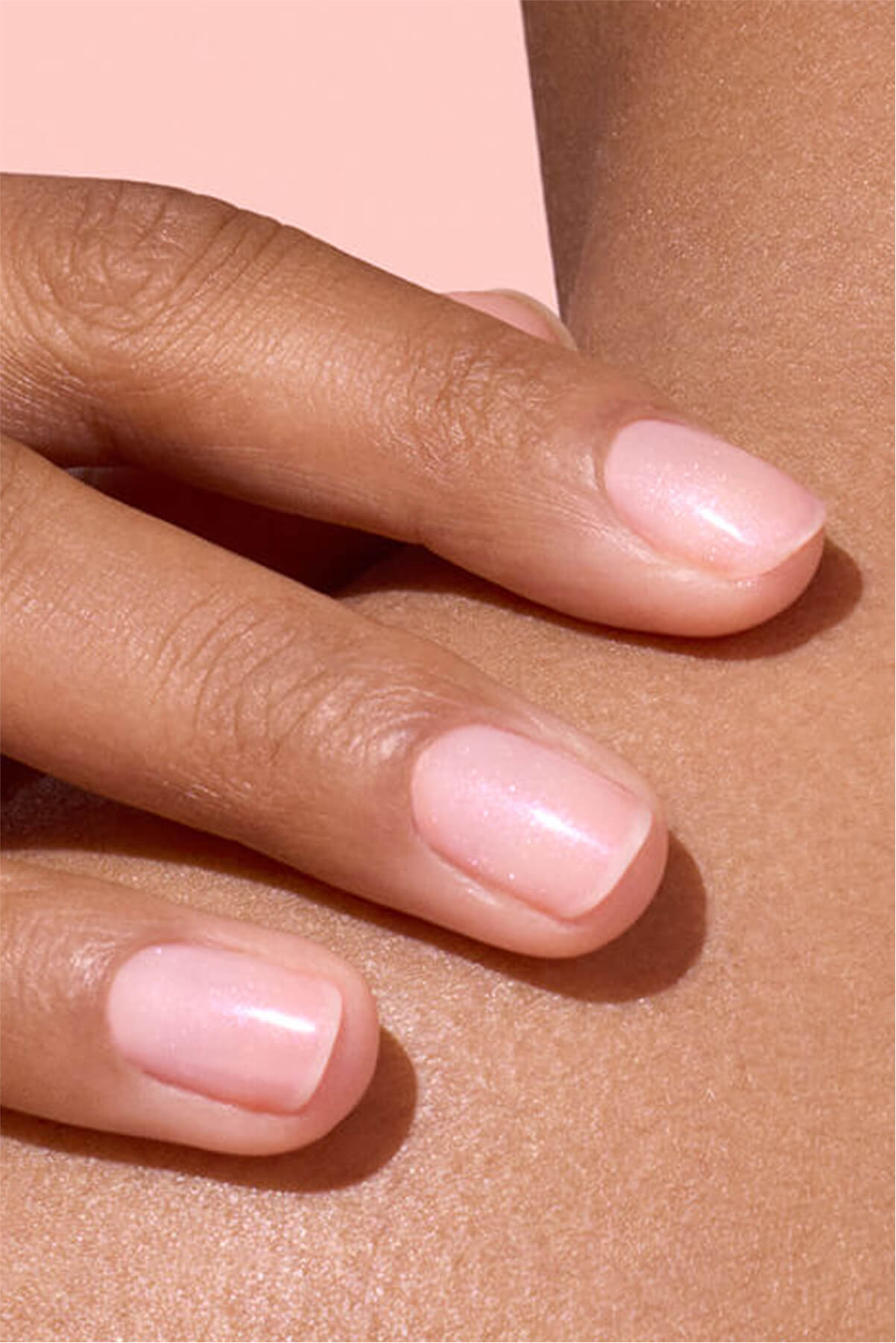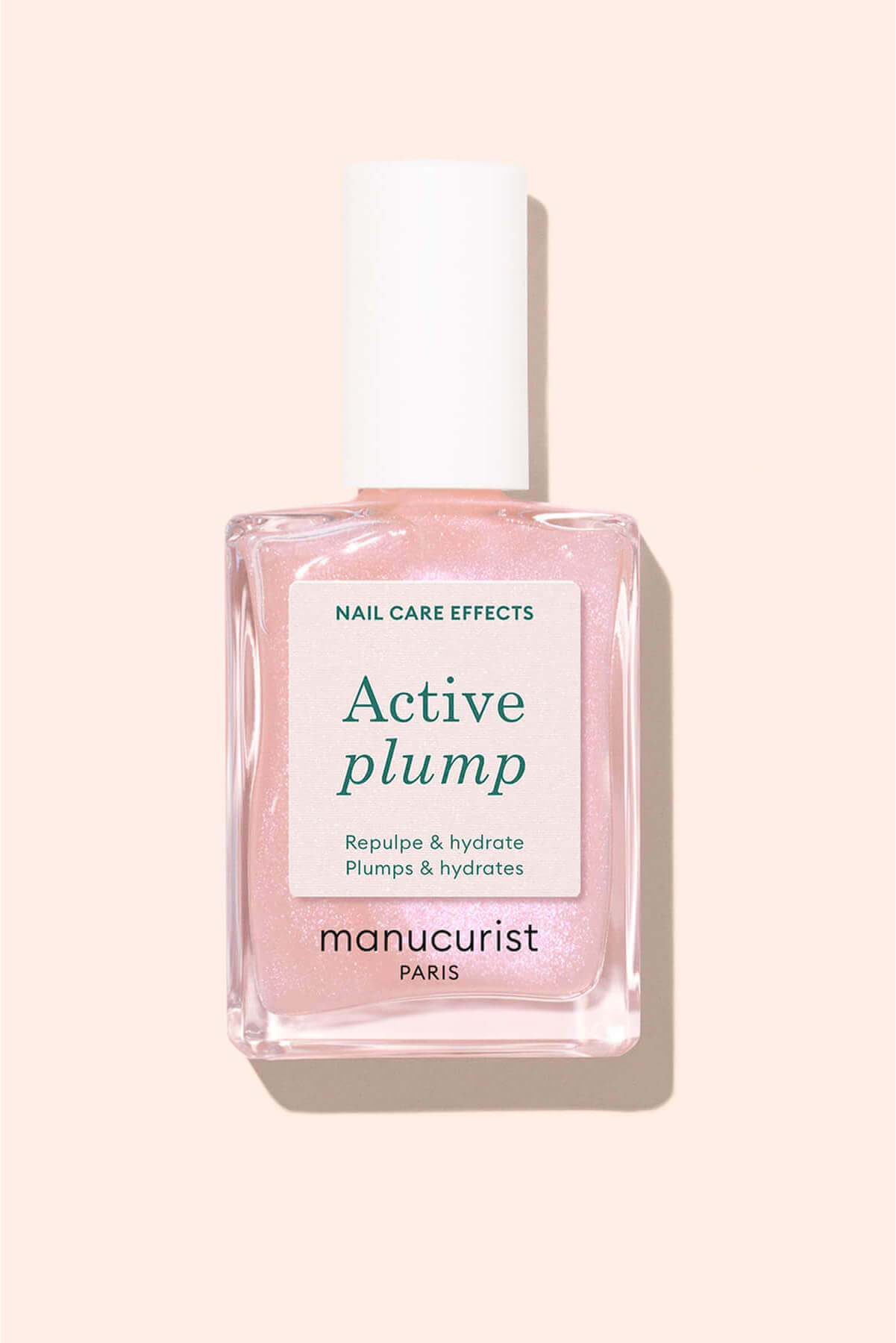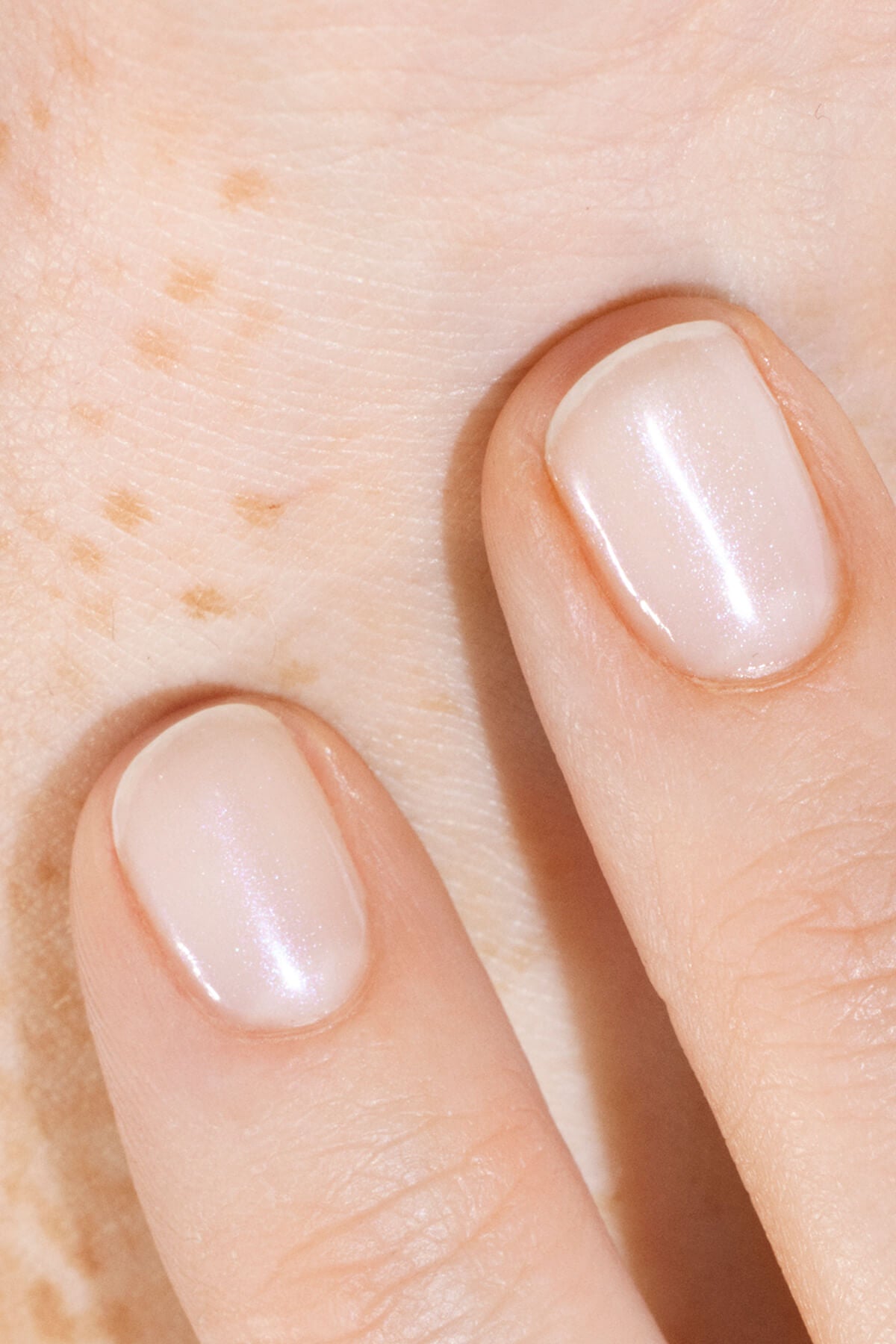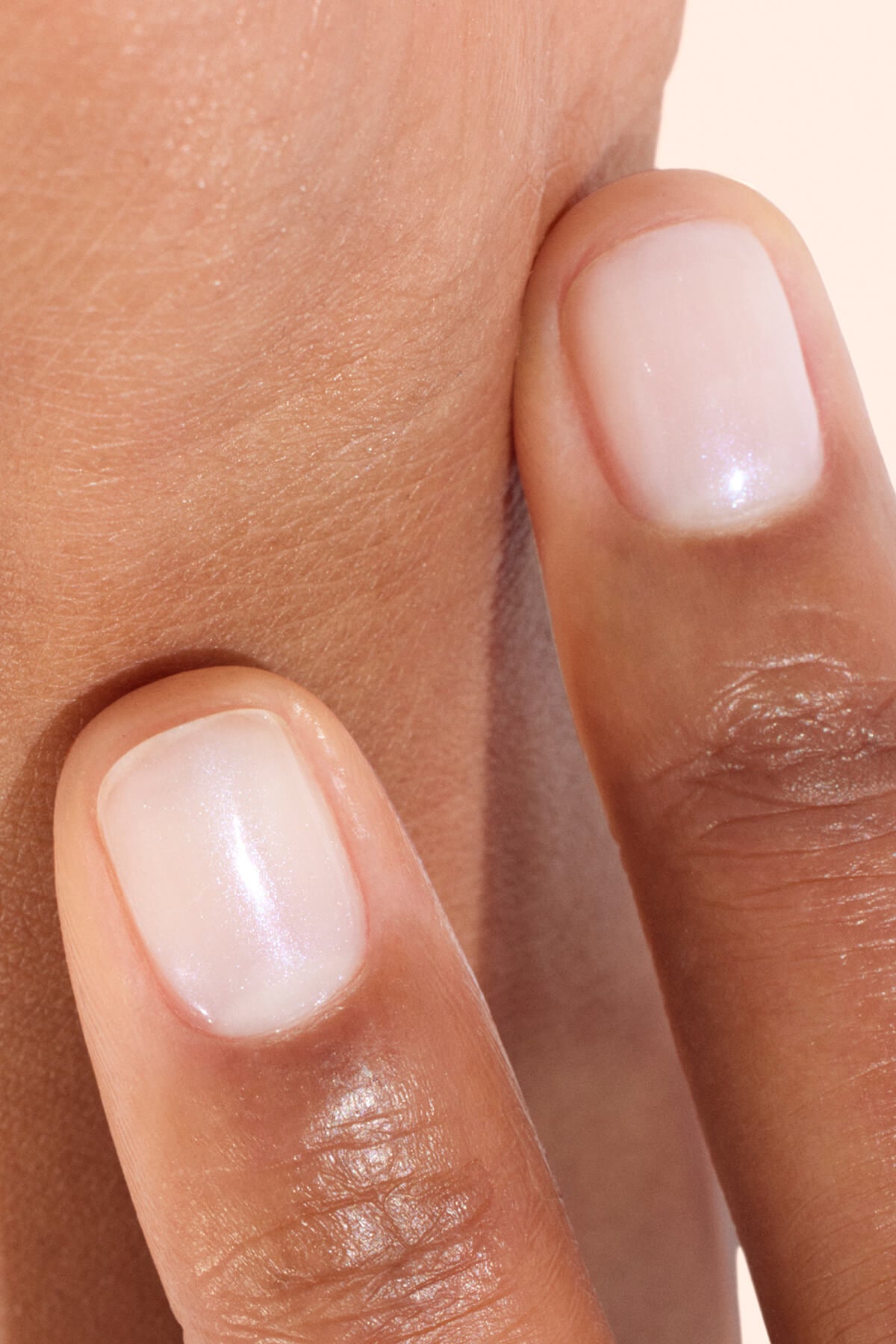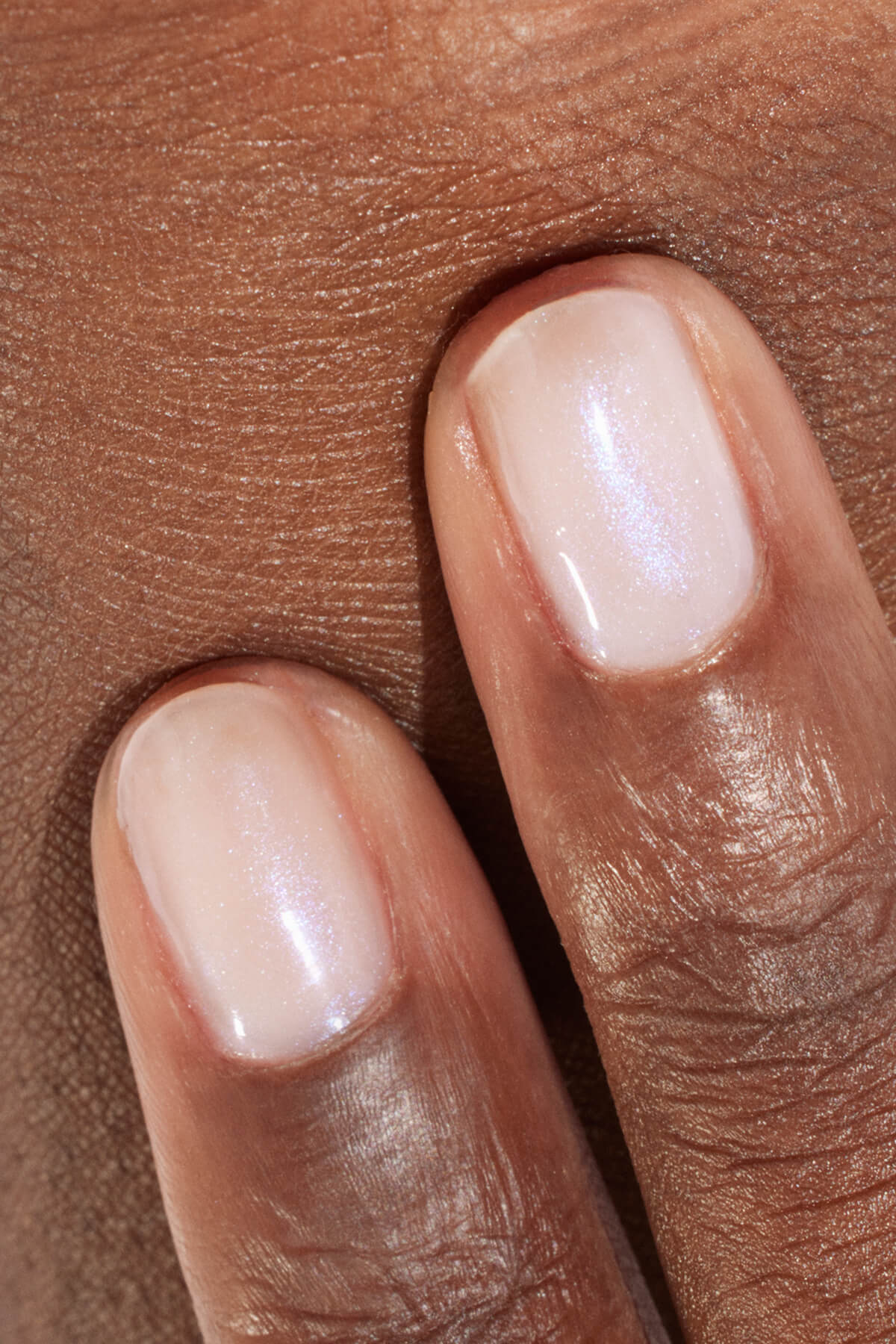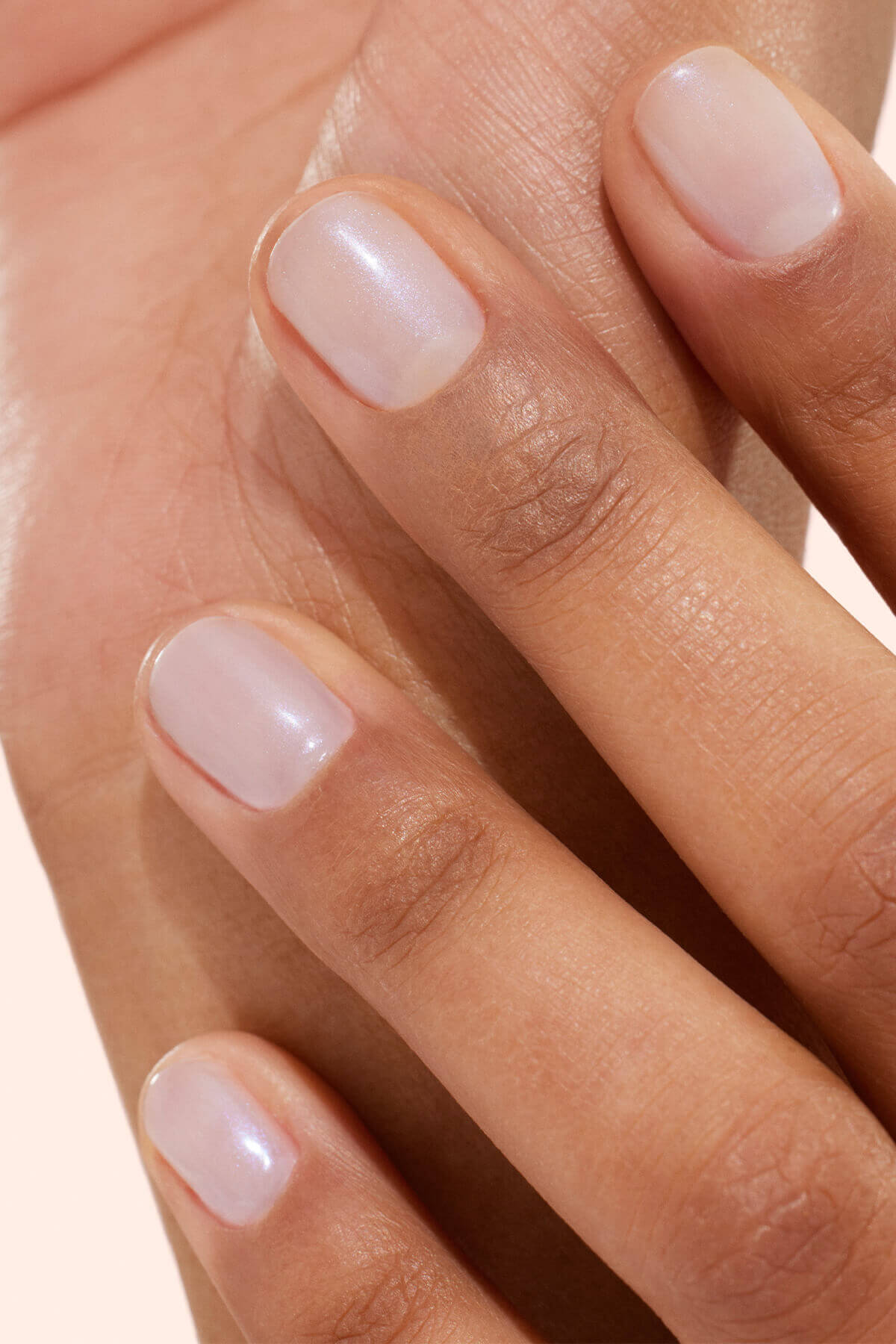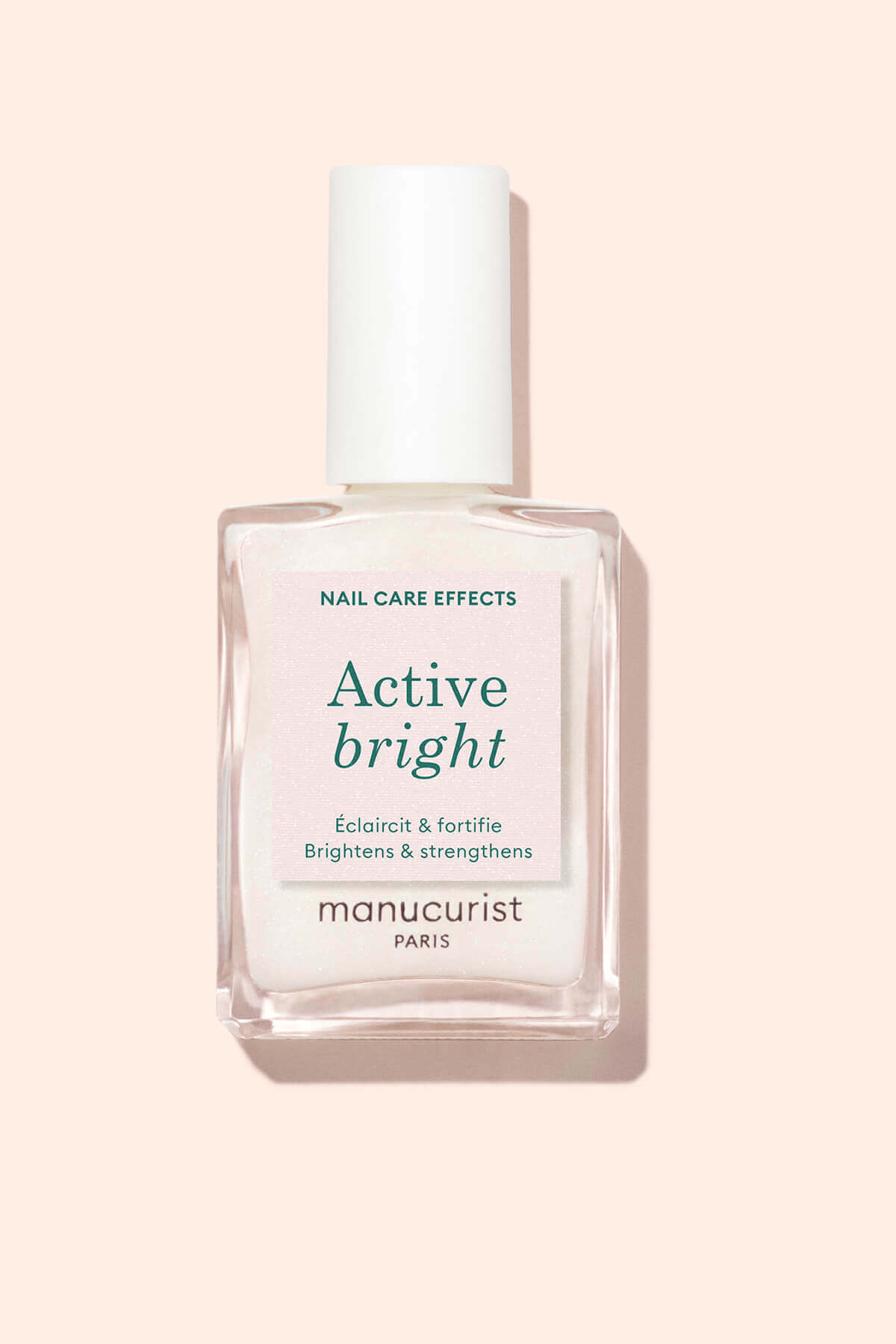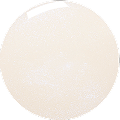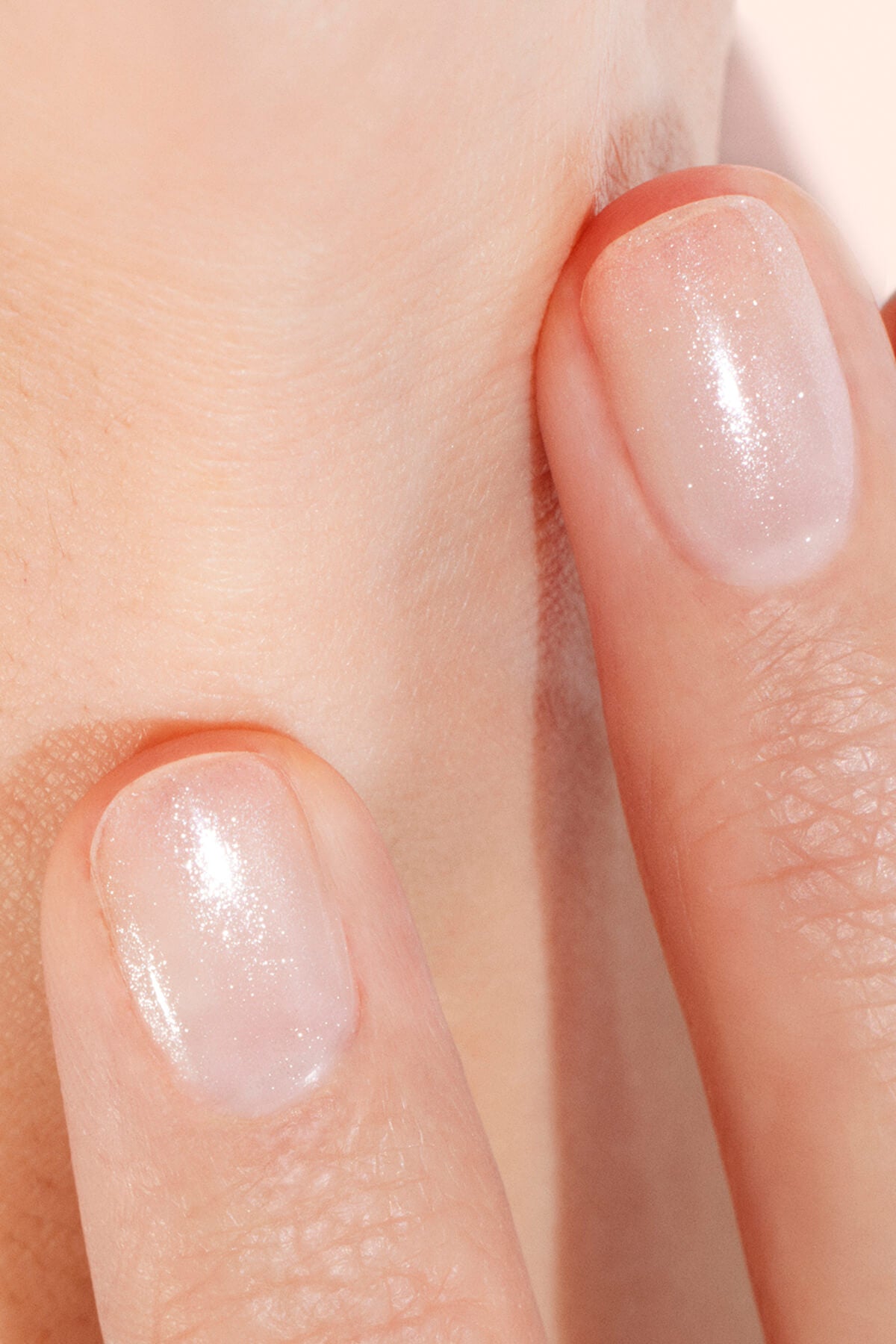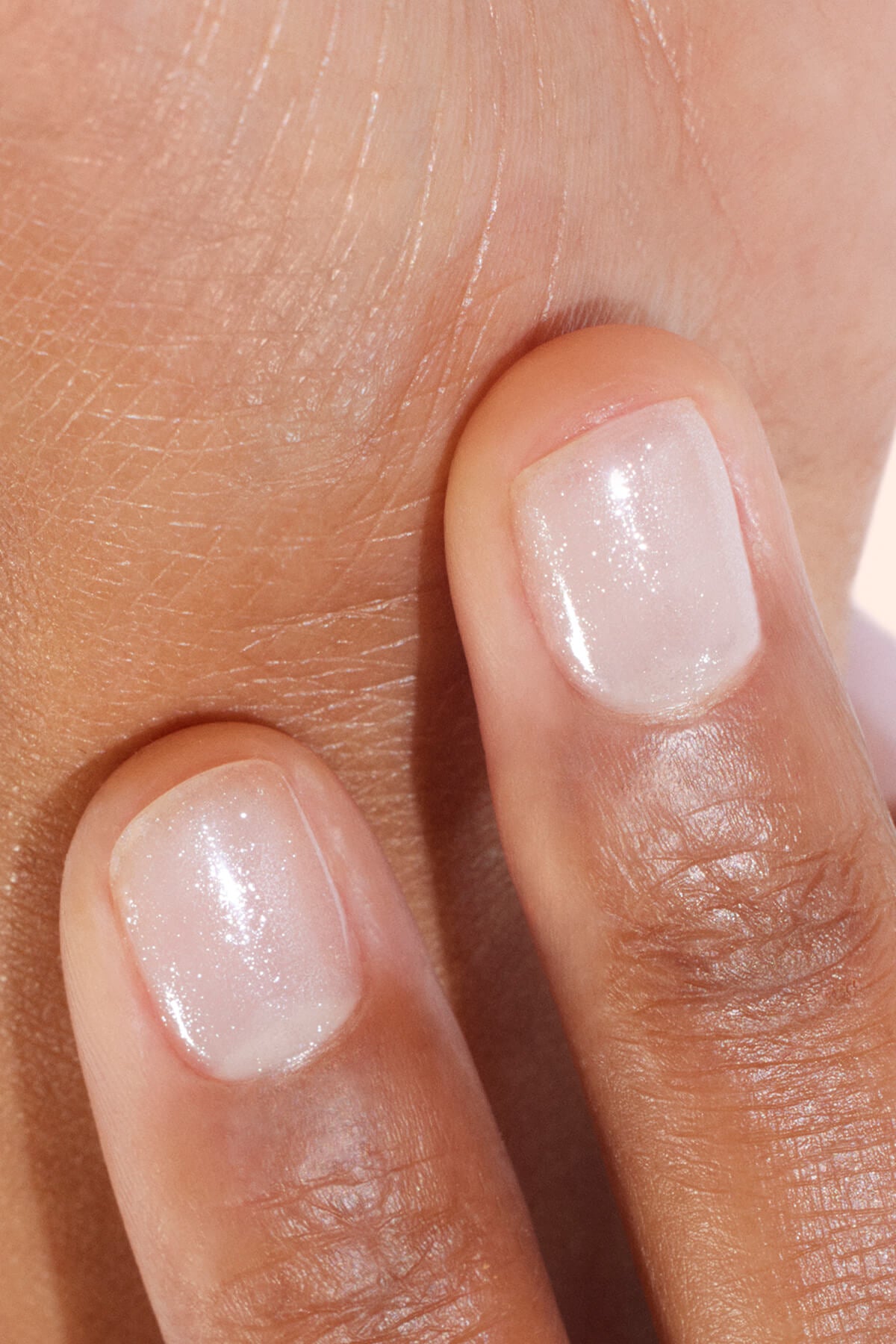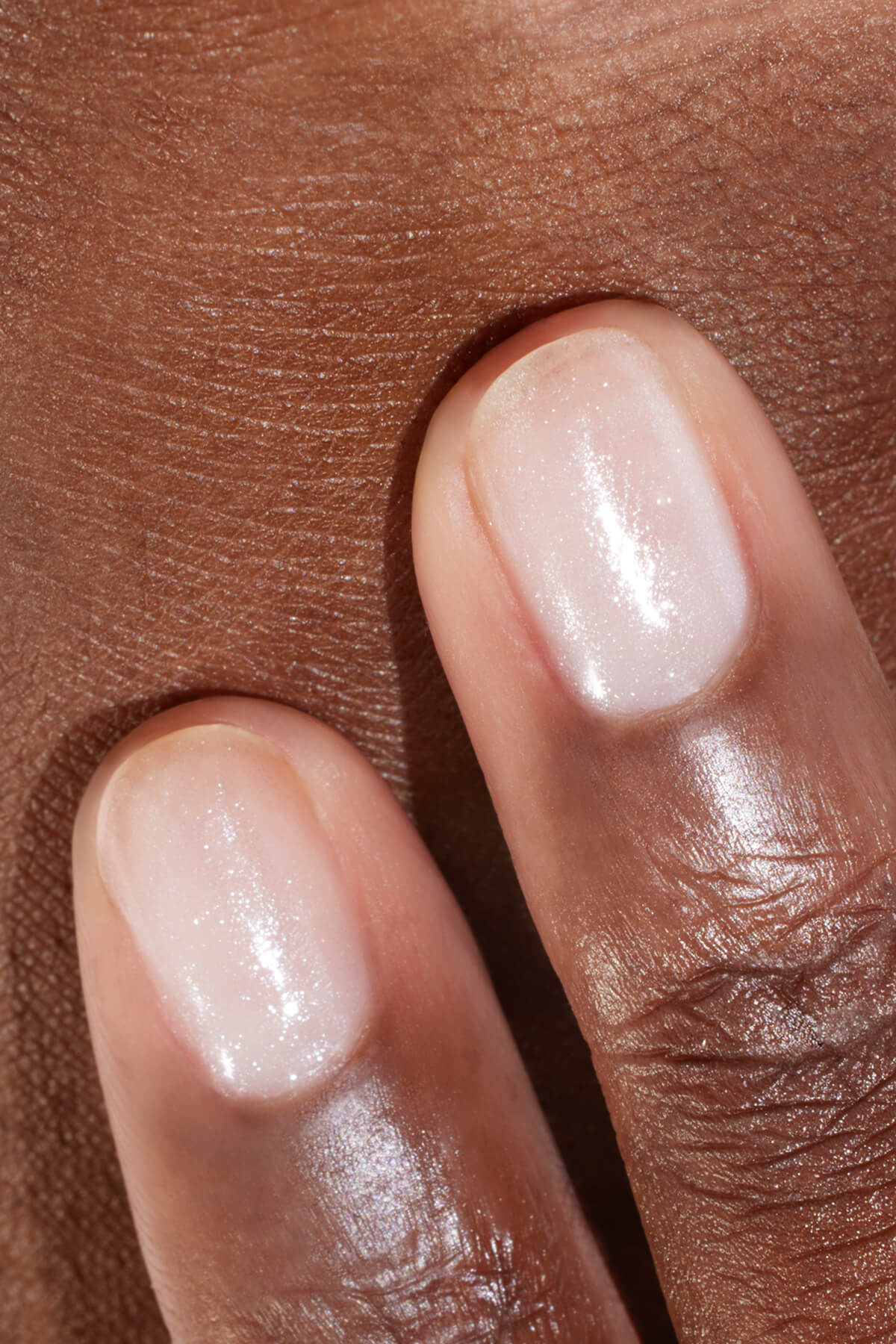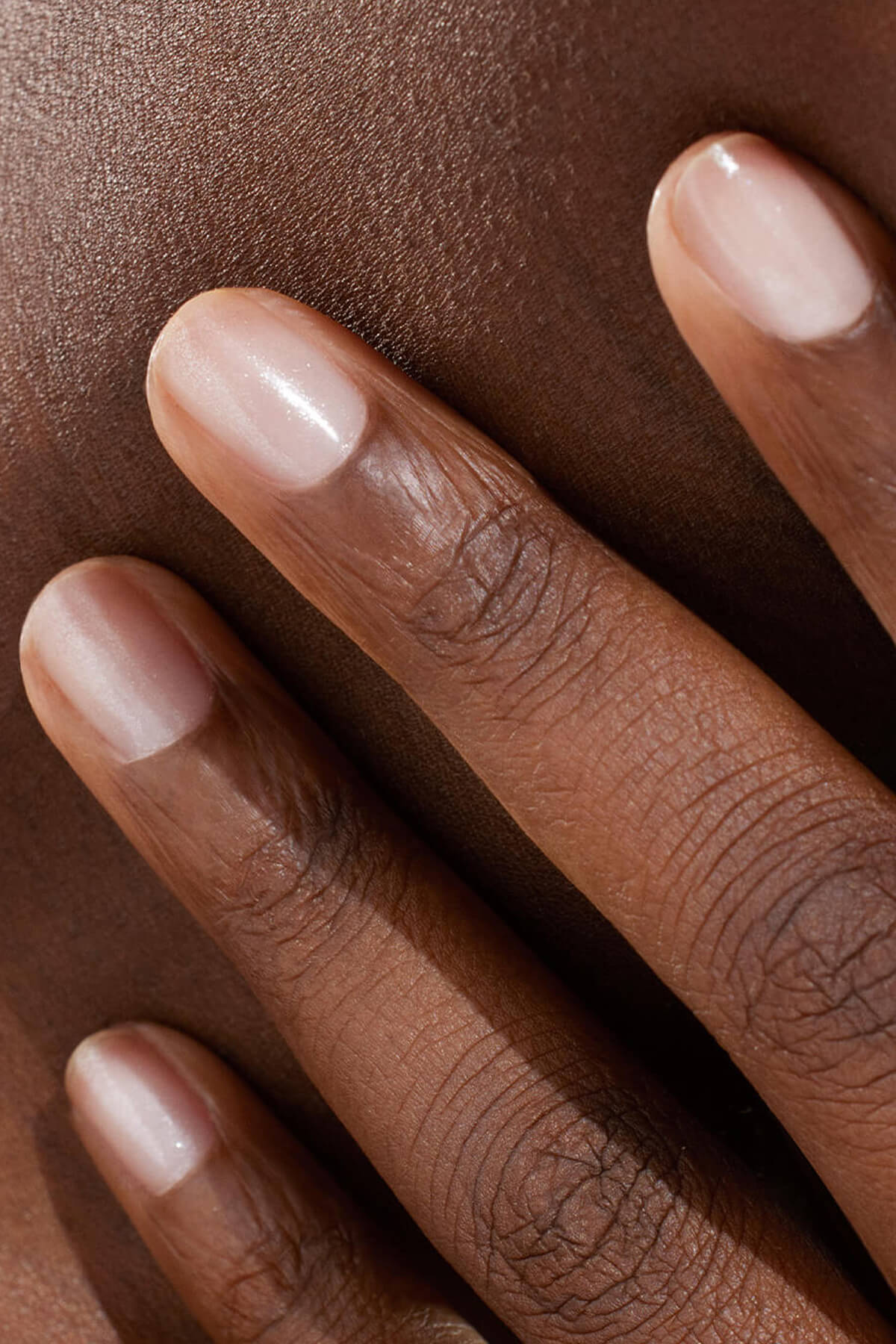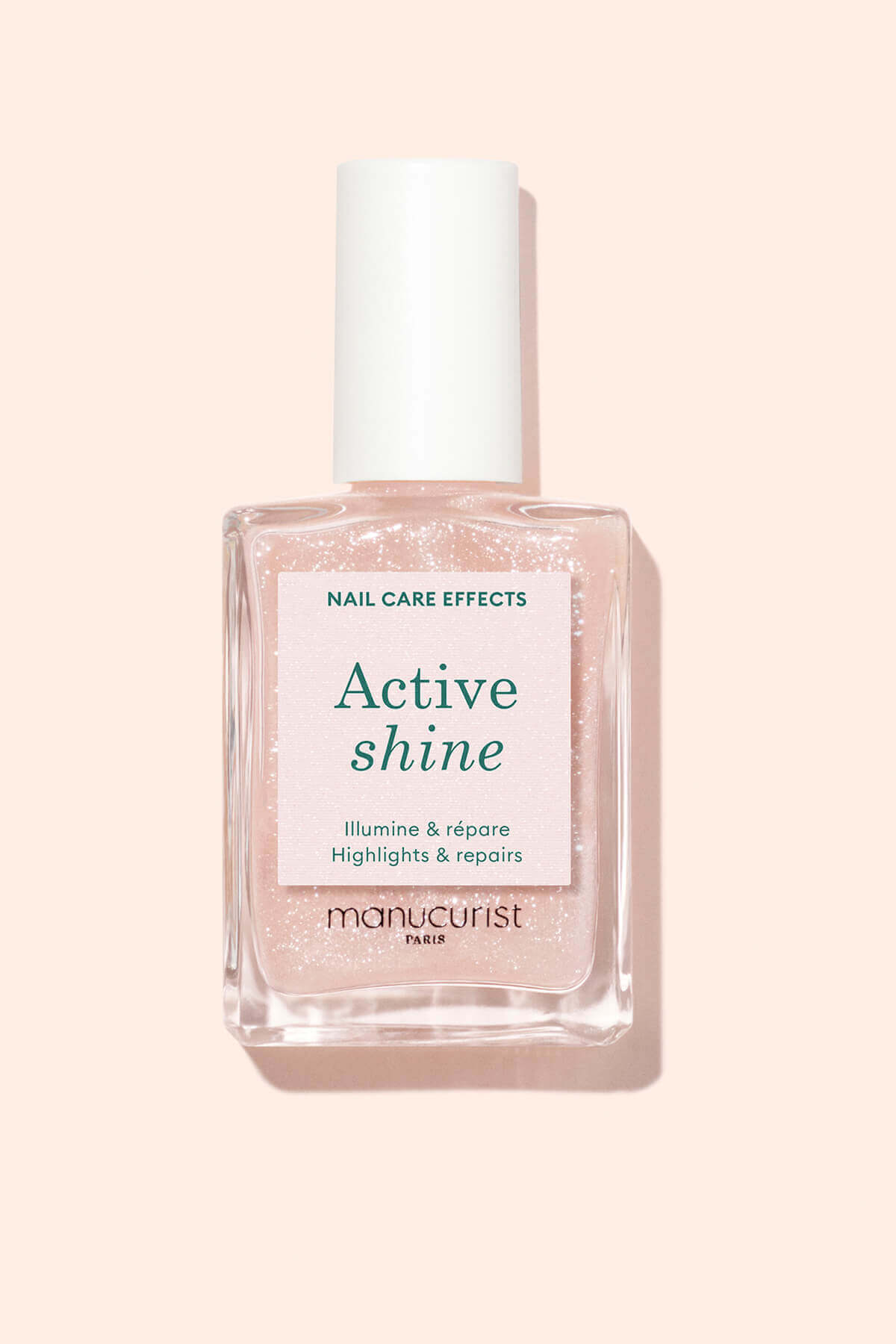The BBC recently posted an article explaining concerns related to gel polish and their possibility to cause “life-changing allergies”. The chemicals recently demonized by the BBC are part of a category of molecules called methacrylate monomers.
Manucurist polishes have always been formulated HEMA and Methacrylate free, which offers a safe alternative to typical gel-polish offerings on the market, for either at-home or in-salon use. This is a testament to our passion to offer professional grade products that are created with the cleanest, safest ingredients… always.
Monomers and their many problems
The chemicals recently demonized by the BBC are part of a category of molecules called methacrylate monomers. Monomers are very small, highly reactive, and can easily combine with other molecules, especially other monomers, to create larger molecule chains called polymers. The prefix “Mono” indicates one unit and “Poly” means multiple, therefore a polymer is made up of many monomers. The high reactivity of monomers becomes a problem when they come in contact with or enter your body, as they can start to attach to, or bond with other molecules.
Monomers are known to cause a plethora of issues including:
- Skin, eye and mucous membrane irritation
- Allergic Dermatitis
- Stomatitis
- Asthma
- Neuropathy
- Central Nervous System Disruptions
- Liver Toxicity
- Fertility Disturbances
Why are monomers in Gel formulas anyway?
The substance that we call “gel” is actually a plastic-like polymer film that forms on the nails when reacted with UV light. The chemistry behind how gel works can become pretty confusing, but we will explain it simply.
Traditional gel formulas contain 2 main ingredients: photoinitiators and monomers. Photoinitiators are chemicals that react with UV light to initiate a chemical process called polymerization. These are the ingredients in the gel polish that make it necessary to cure under a UV lamp.
Polymerization is the process that bonds simple, small molecules together to create longer chains called polymers (AKA the plastic-like film previously stated). Monomers are very reactive in the gel formula and once the UV light catalyzes the reaction, these monomers are pushed together to bond and form a polymer film. This reaction is almost instantaneous which causes the polish to instantly dry and transform from a liquid formula into the gel finish.
When a gel formula contains monomers, the resulting polymer has an extremely high cross-linking density… this means that the film is extremely hard and strong. It is for this reason that most traditional gels are very hard to remove from the nail fibers and require acetone and drilling. In addition, unreacted monomers can cause harm such as skin irritation and allergic reactions, especially as the small nature of the molecule allows for penetration into the skin epidermis.

What about HEMA & Methacrylate ?
These molecules are both monomers that are used in gel for their highly reactive (quick-drying) properties and ability to create strong, flexible films on the nails HEMA (Hydroxyethyl methacrylate) is a widely studied neutral hydrophilic monomer – what does that mean? It is uncharged (does not contain a positive or negative charge), mixes easily with water, and is made of one single unit. It is used in many industries for its adhesive properties and ability to easily react to create polymers. In recent years, this chemical, along with Di-HEMA-TMHDC have been banned in the EU for sale in gel-polishes sold direct to consumers. This means that gel products containing these, can only be sold to and used by professionals.
Methacrylate is a colorless, volatile liquid with an acrid odor. It is flammable, extremely reactive and considered hazardous due to its ability to cause fires or explosions. It is known for its ability to cause skin allergies and prolonged exposure can even cause liver or kidney damage. It is used in many industries due to its ability to readily form polymers that are resistant to water (hydrophobic), which can be beneficial when producing coatings, adhesives and elastic materials. The polymers created from methyl acrylate are ideal due to their extreme flexibility, strength, UV resistance and ability to tolerate low temperatures.

Present in most traditional gel polish formulas, methacrylate monomers can cause increased sensitization to skin and respiratory systems, and invoke severe, life-long allergies
Manucurist Green Flash Formulas
Green Flash is the innovative result of over 2 years of R&D to formulate a gel-alternative that is clean, safe and completely monomer free, which also means HEMA and methacrylate free. This is because our goal from the start has been to offer gel-like manicures without the risk… to the health of humans or the planet. Instead of monomers, our formulas contain copolymers, which are larger chains of molecules that can also participate in a polymerization reaction. They offer the same benefits like quick drying, long lasting and flexible but without the adverse effects. This is due to their decreased reactivity and larger size which prevents them from passing through skin. In addition, the larger copolymers will create a final polymer with a lower cross-linking structure than a polymer formed using monomers. This means that the final gel product will be softer, easier to remove, not require acetone and not damage the nail fibers. Unlike gels made with monomers, unreacted polish will not cause damage to the skin either.

If you take a look at our formulas you may see two names that could cause some confusion:
-
hydroxyethyl acrylate/IPDI/PPG-15 glyceryl ether copolymer: This ingredient is synthetic polymer made of 3 different molecules, all reacted together. This ingredient acts as a film forming agent in our formula, which is very important to offer characteristics like: flexibility, staying power and quick drying. Although it contains the word “acrylate” it is a completely different molecule than methacrylate and is not cause for concern. On a chemical level, the molecule is less sensitizing, less reactive, non-volatiles and can not penetrate the skin or trigger an allergic reaction
-
bis-HEMA poly(1.4-butanediol)-9/IPDI copolymer: This molecule is also a synthetic polymer made synthesized through the combination of 3 different molecules. It acts as a film former offering flexibility, staying power and quick drying. Although it contains the word “HEMA” it is a different molecule with different properties including being less sensitizing, less reactive, non-volatile and unable to penetrate the skin.
Each of these two molecules are necessary to the formula, as they replace the harmful monomers as safer building blocks for the polymer film. These ingredients therefore are the magic behind the long-lasting color, and that “gel-like”, shiny finish.
With new information circulating about the dangers of gel, it was important for us to let our clients know that they can rest assured that our products are safe! We have had many clients with allergies to typical gel use and approve of our formulas:
“Super happy! Perfect products! I had an allergy to traditional gel and with Green Flash I have no worries”
- Laurie E.
“I have tried so many brands of gel polish and every one gave me an allergic reaction. I am so happy that I found an alternative that is natural and lasts long! No allergic reaction and no damage to my nails. The removal is super simple! I love Green Flash and am excited to try all the colors!”
- Elise B.
“ I can’t thank the Manucurist team enough for their amazing products. Being allergic to traditional gel polish, I was desperate to have a long-lasting beautiful manicure again. Now I can, and all the colors are beautiful so a big THANK YOU!”
- Marine F.
Discover more about …
Read the full BBC investigation on gel polish
Discover more about hema & di-hema
Have a look on our sustainable and plant-based ingredients



